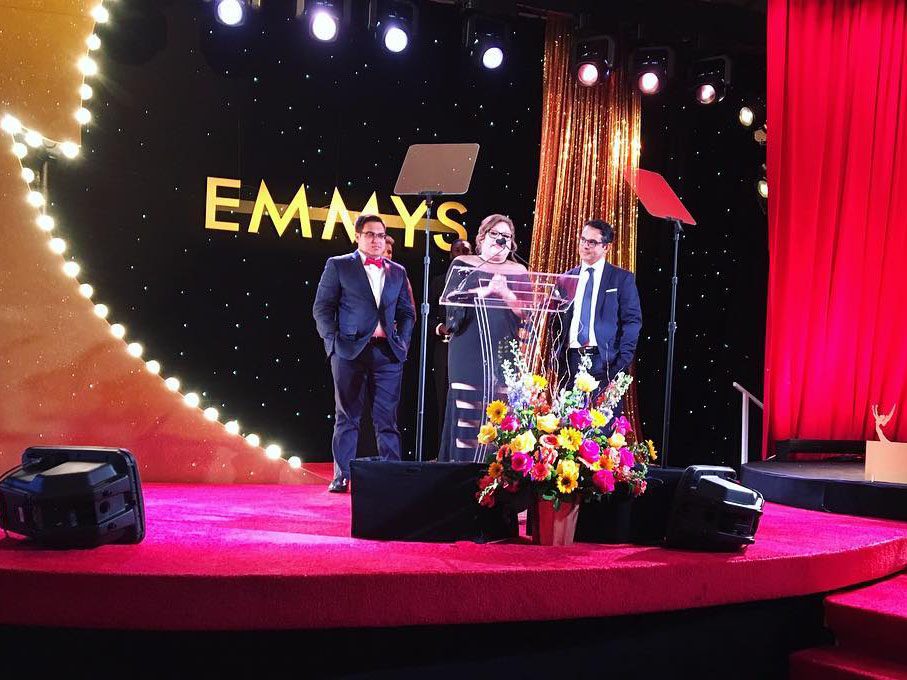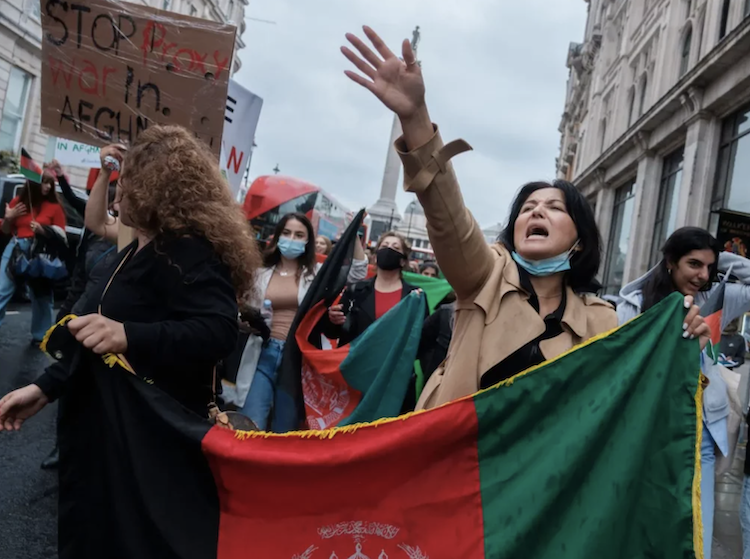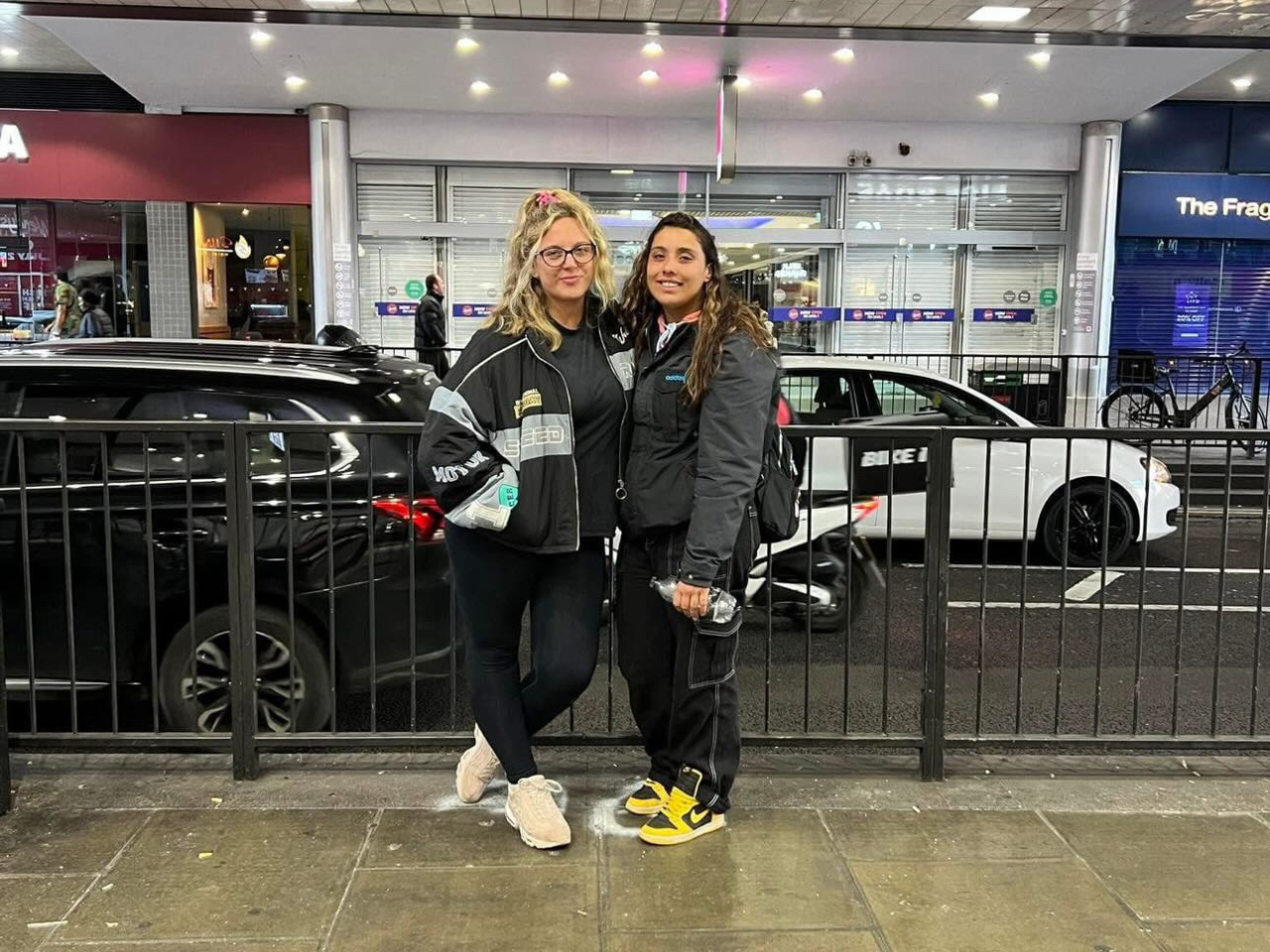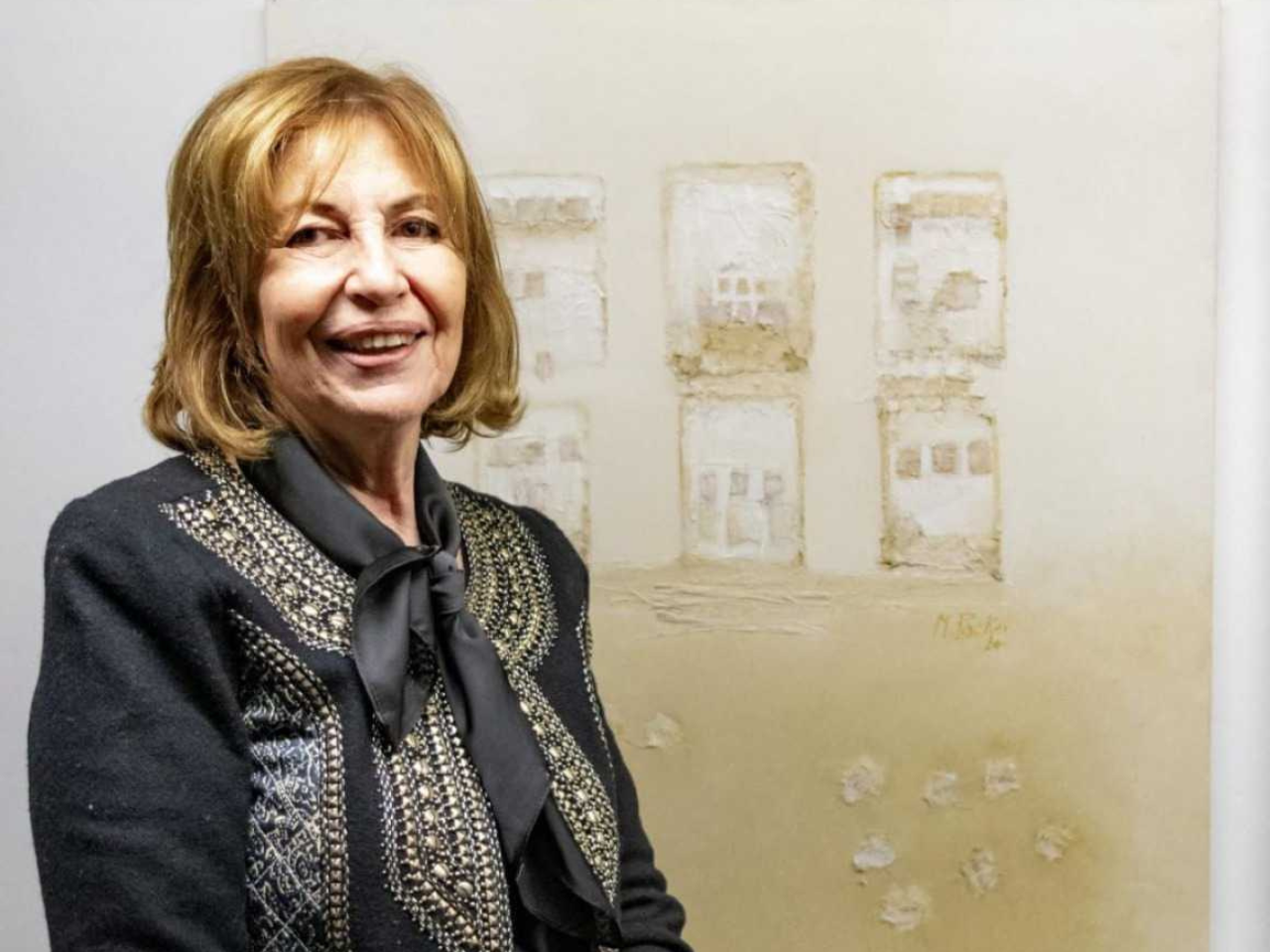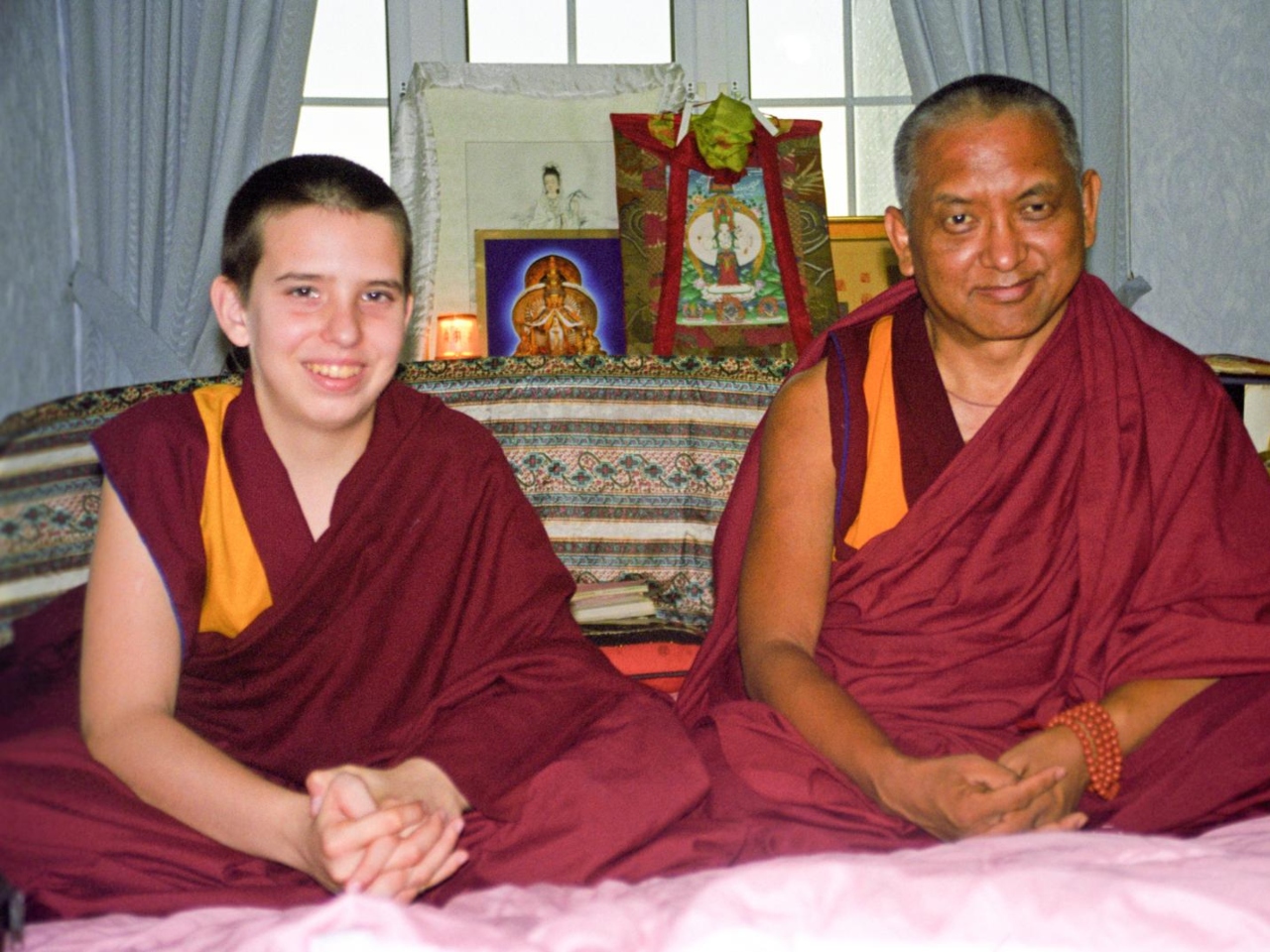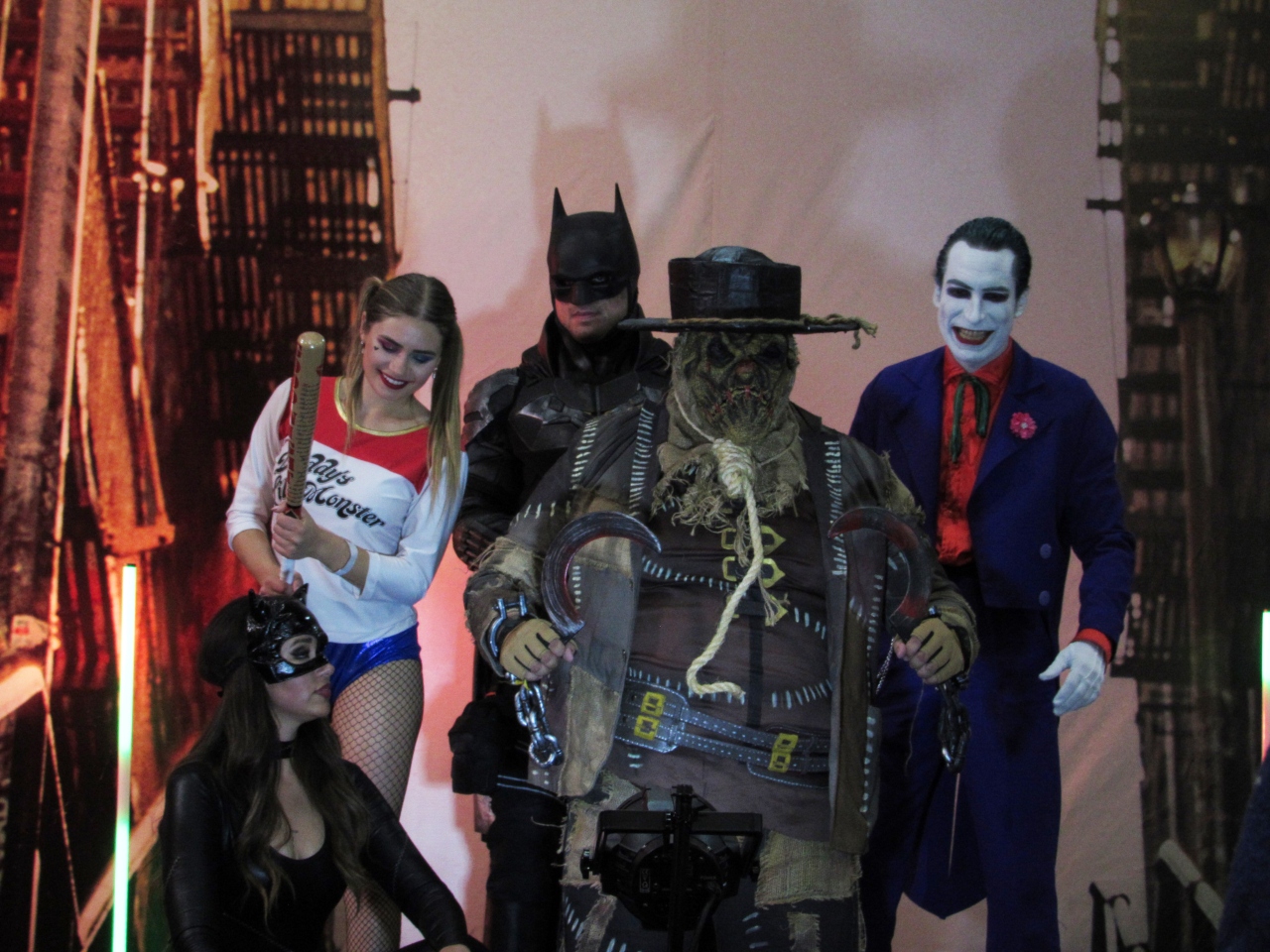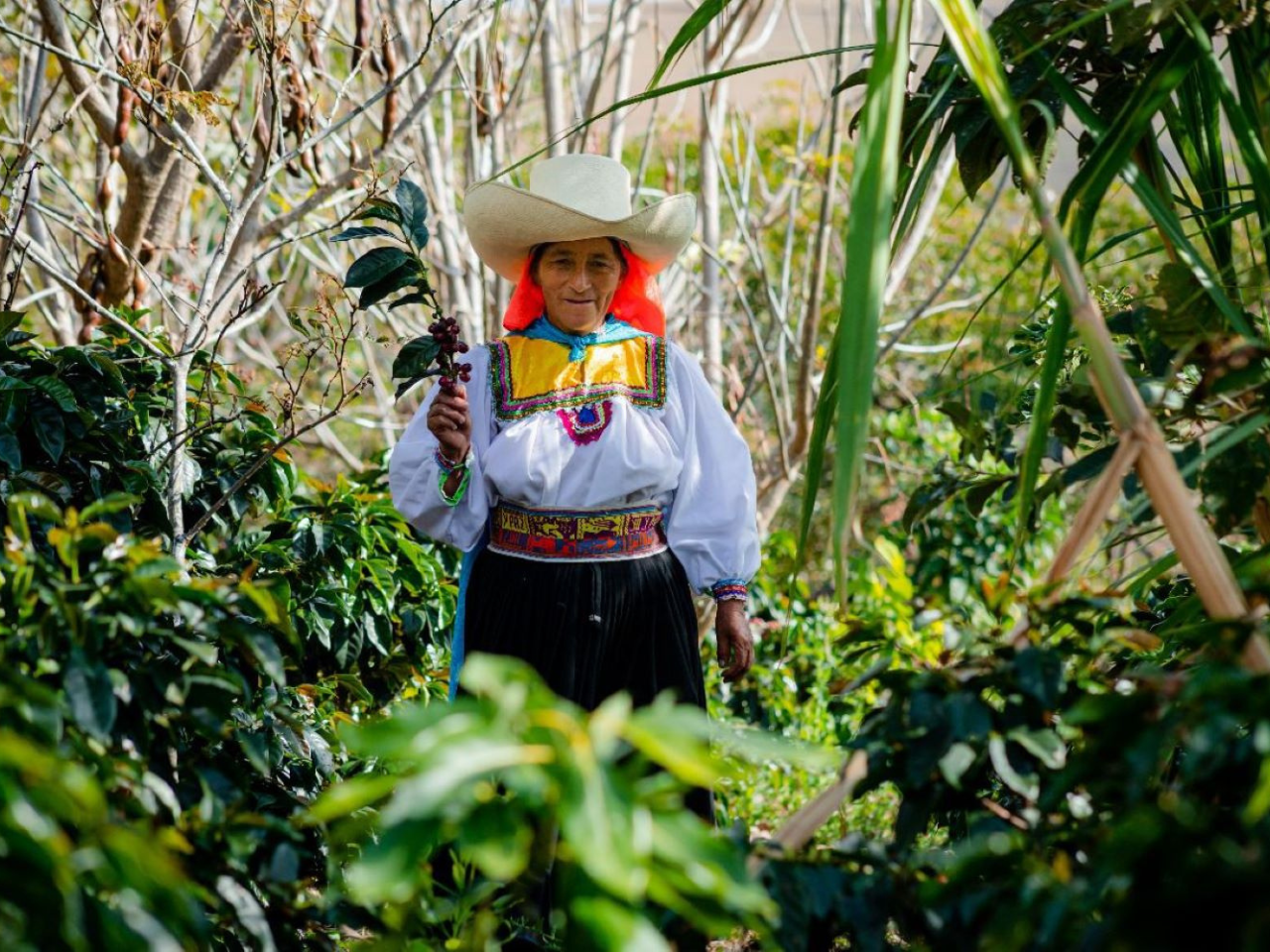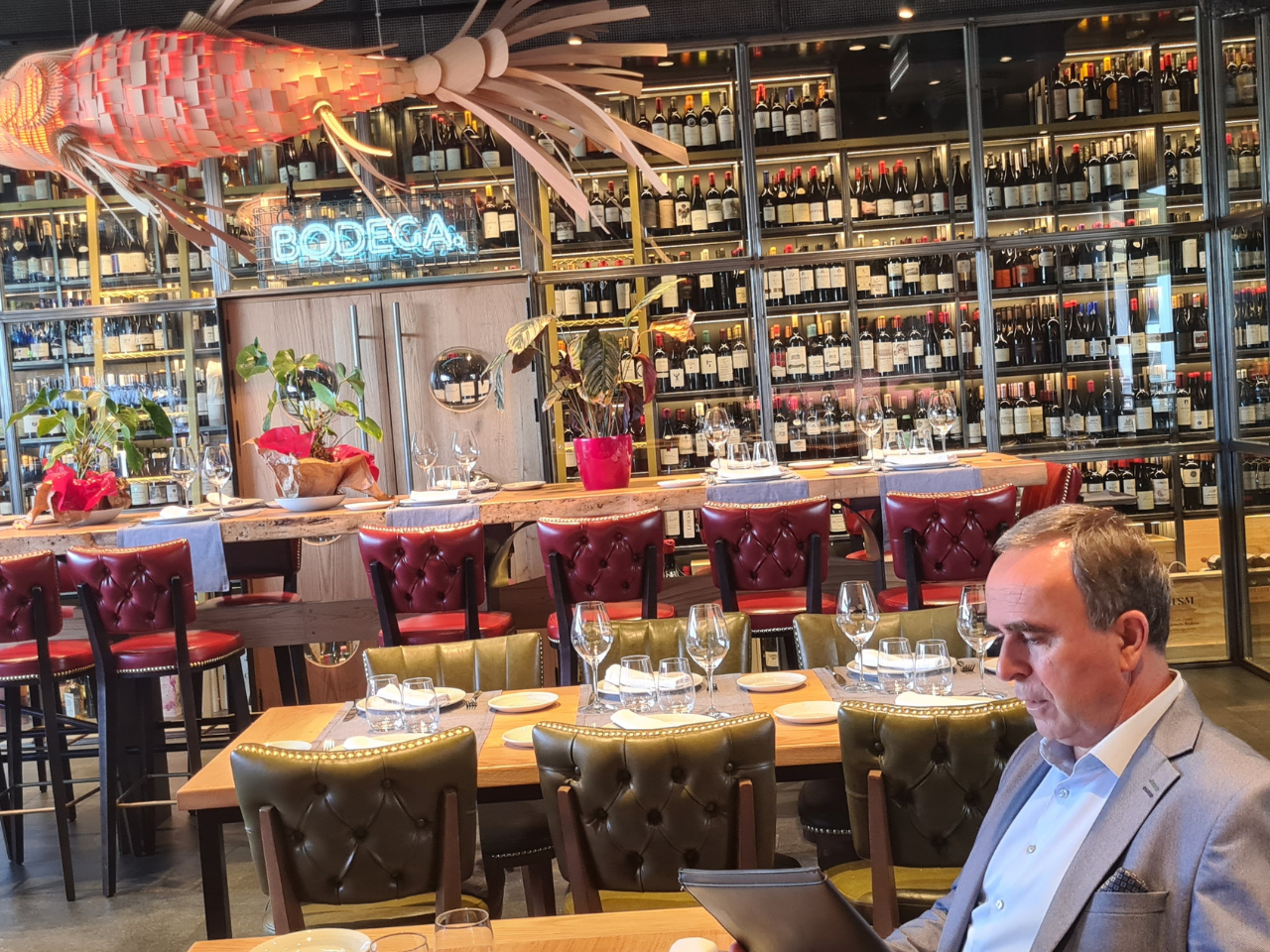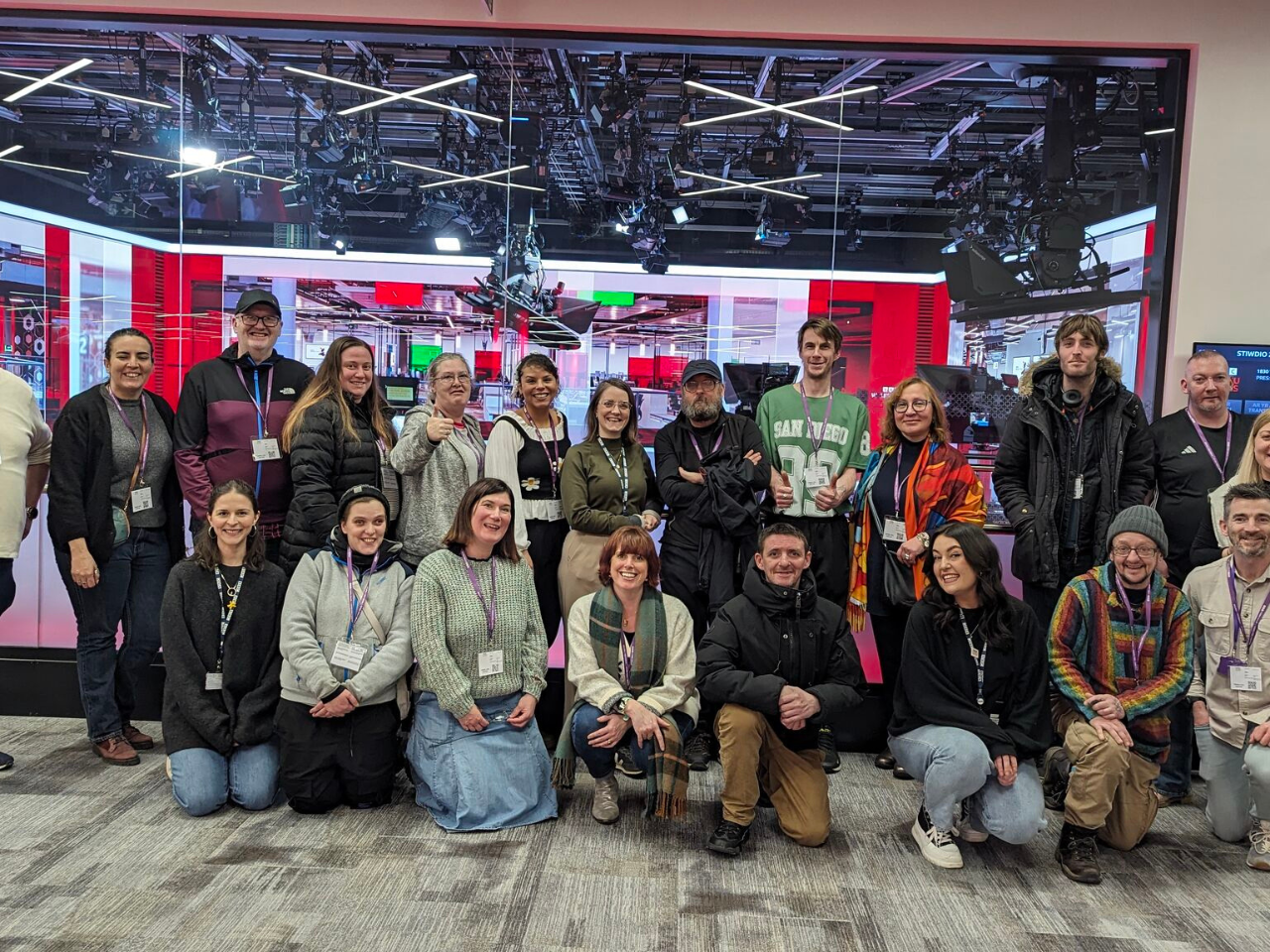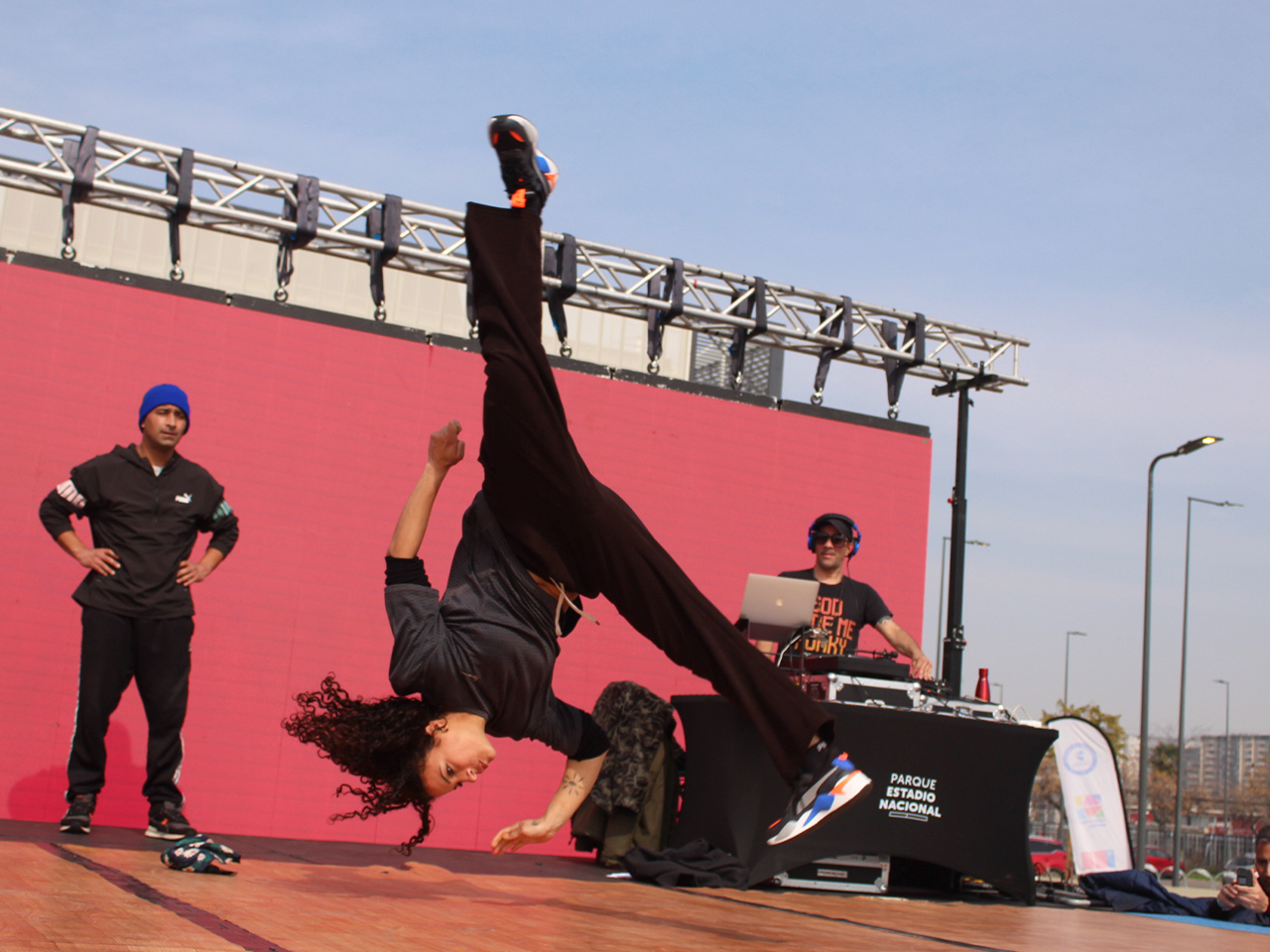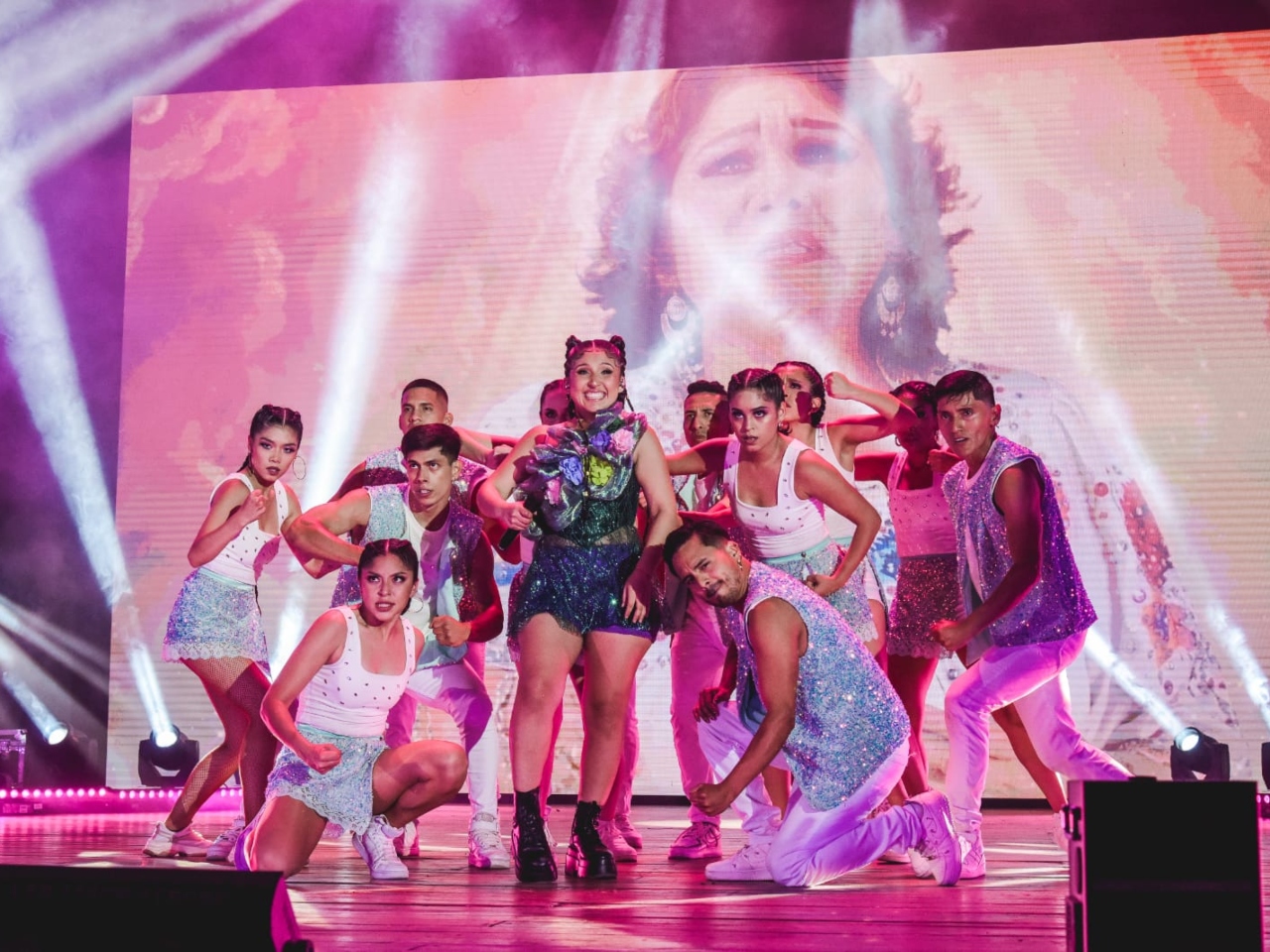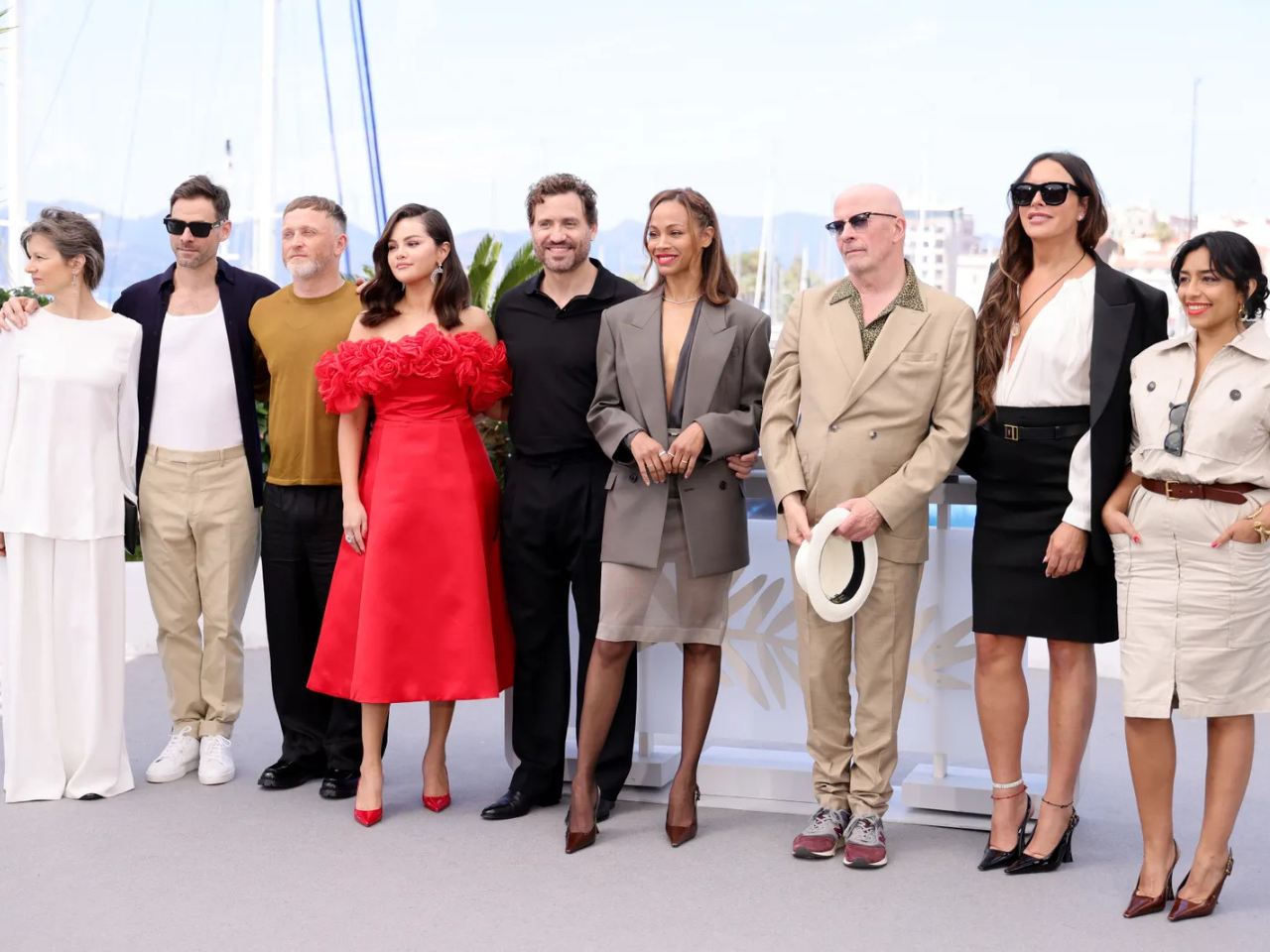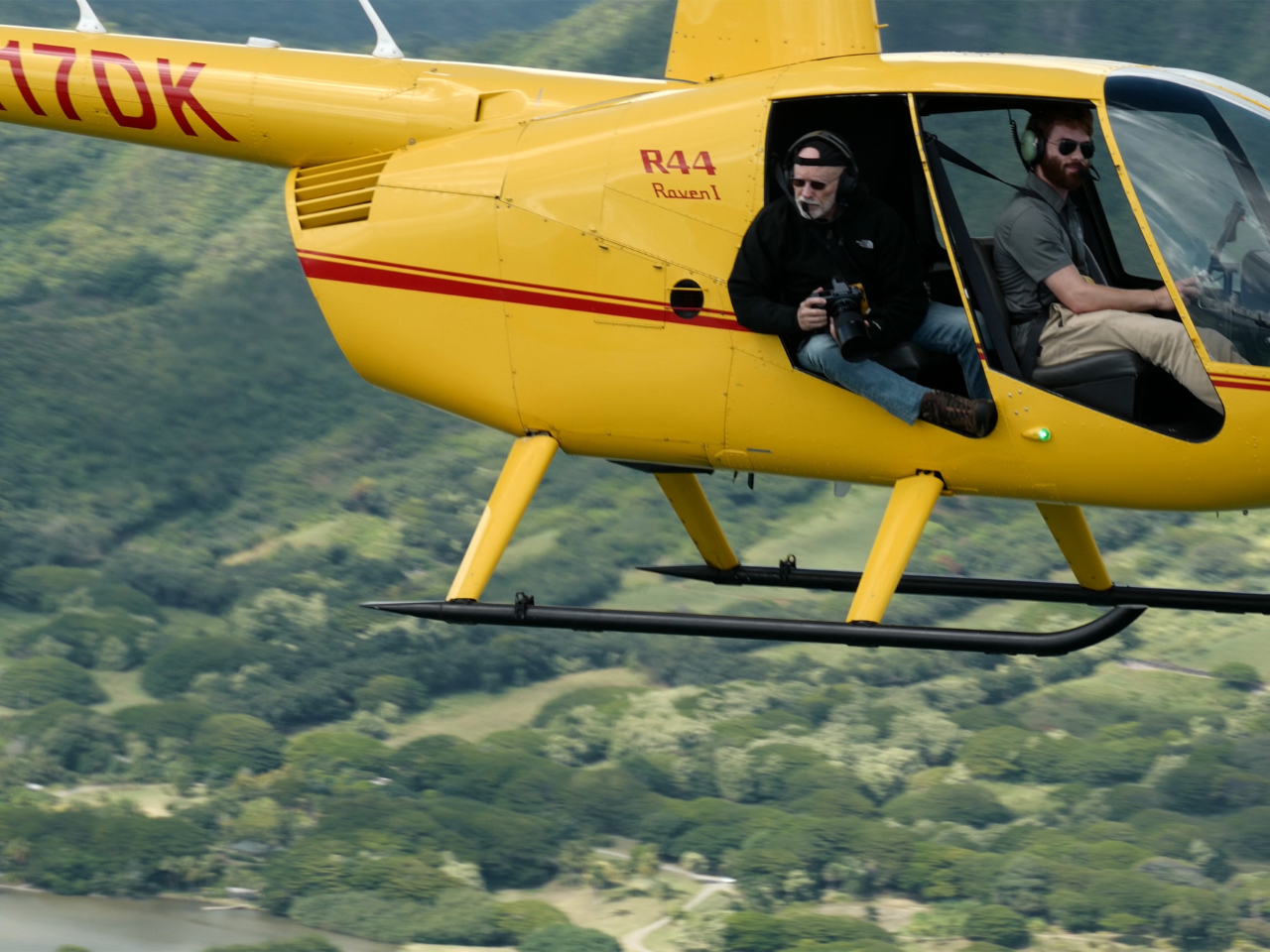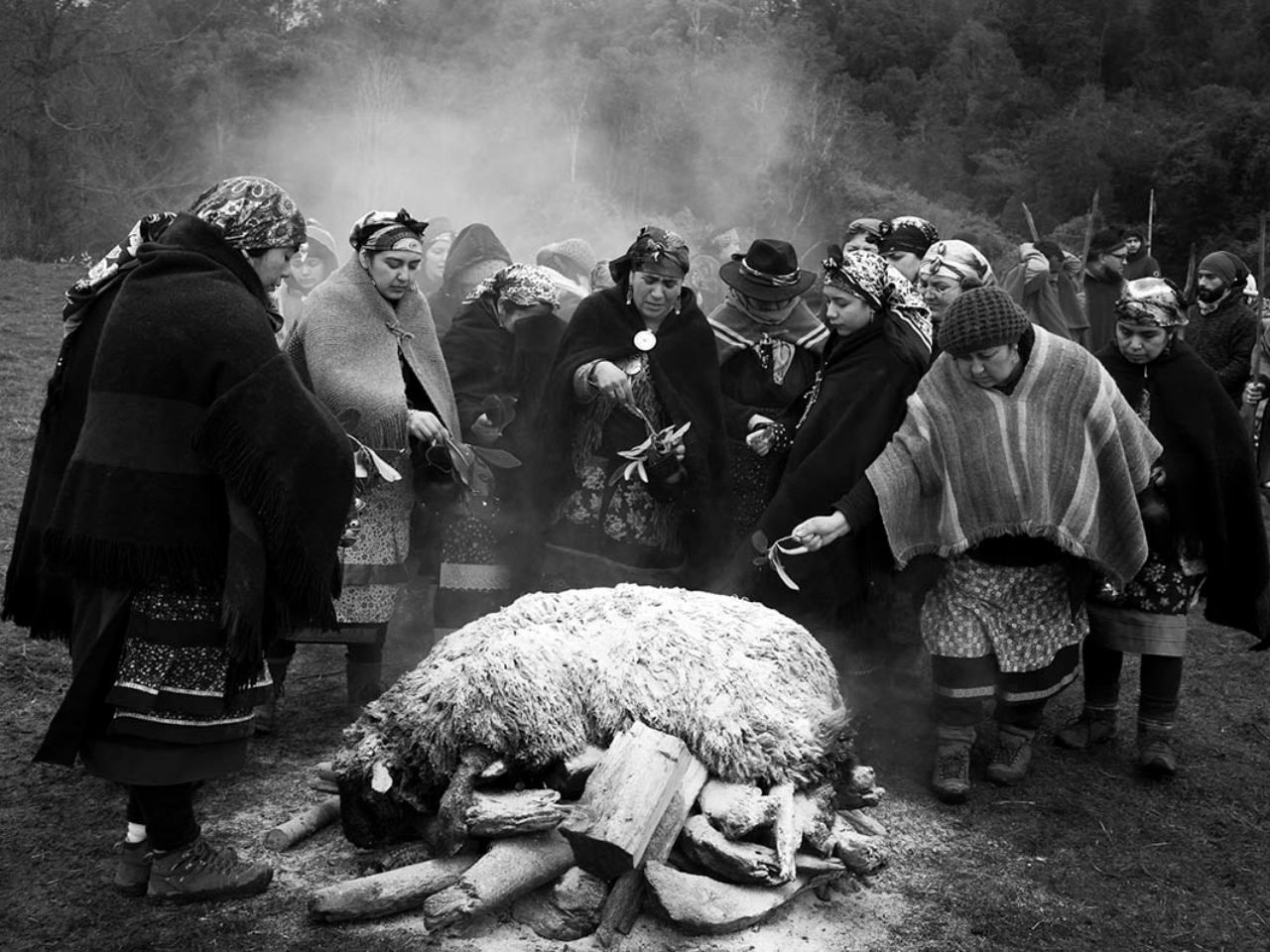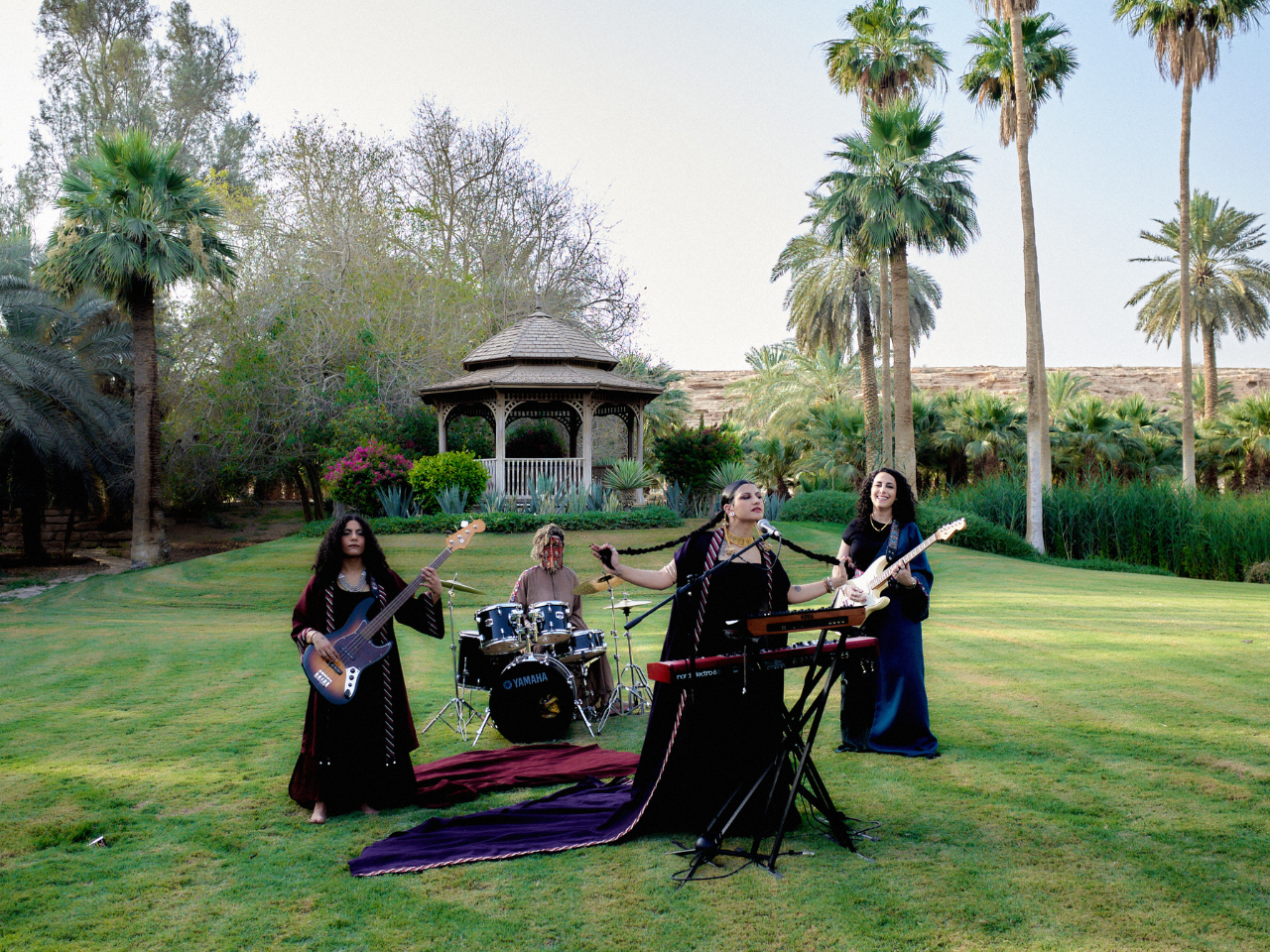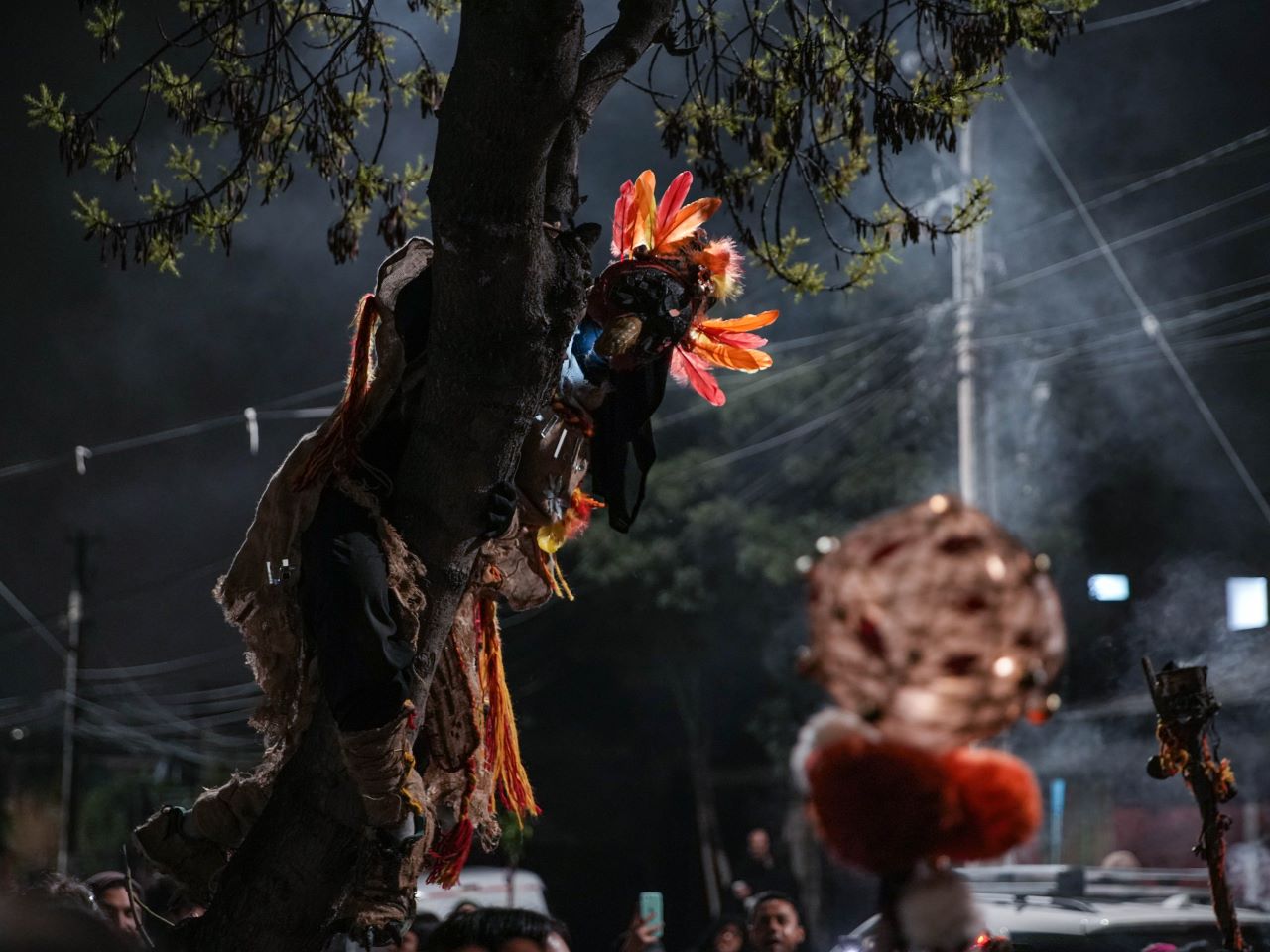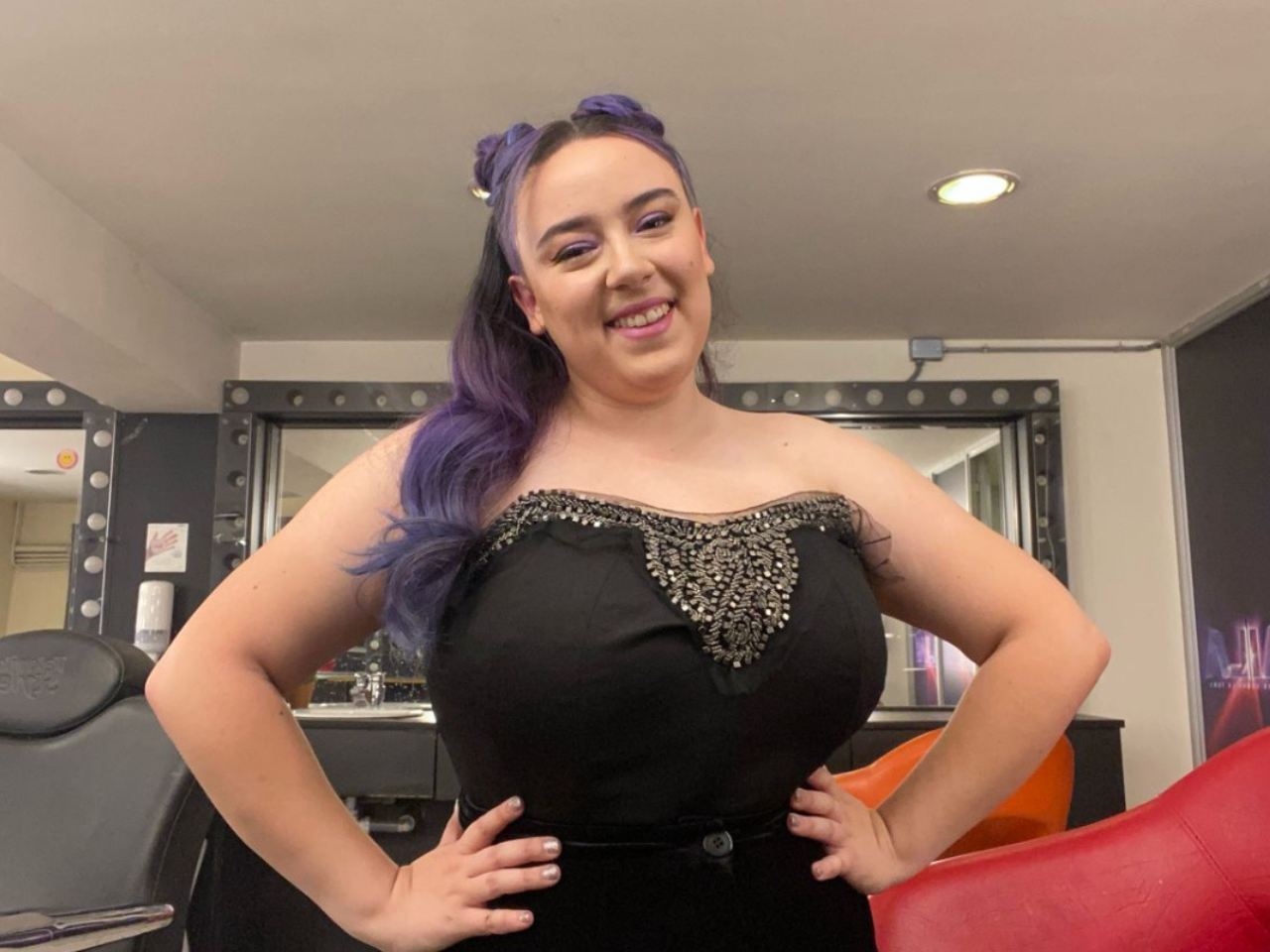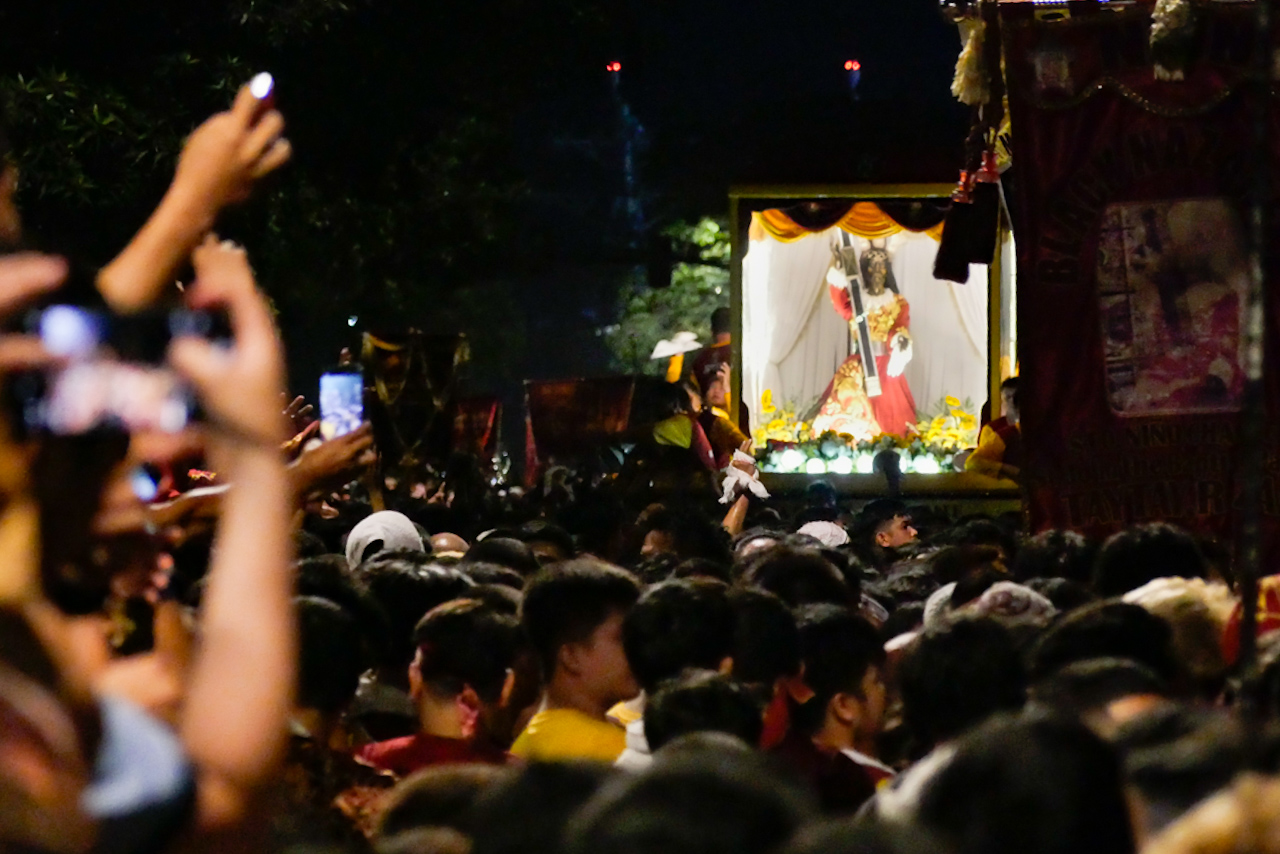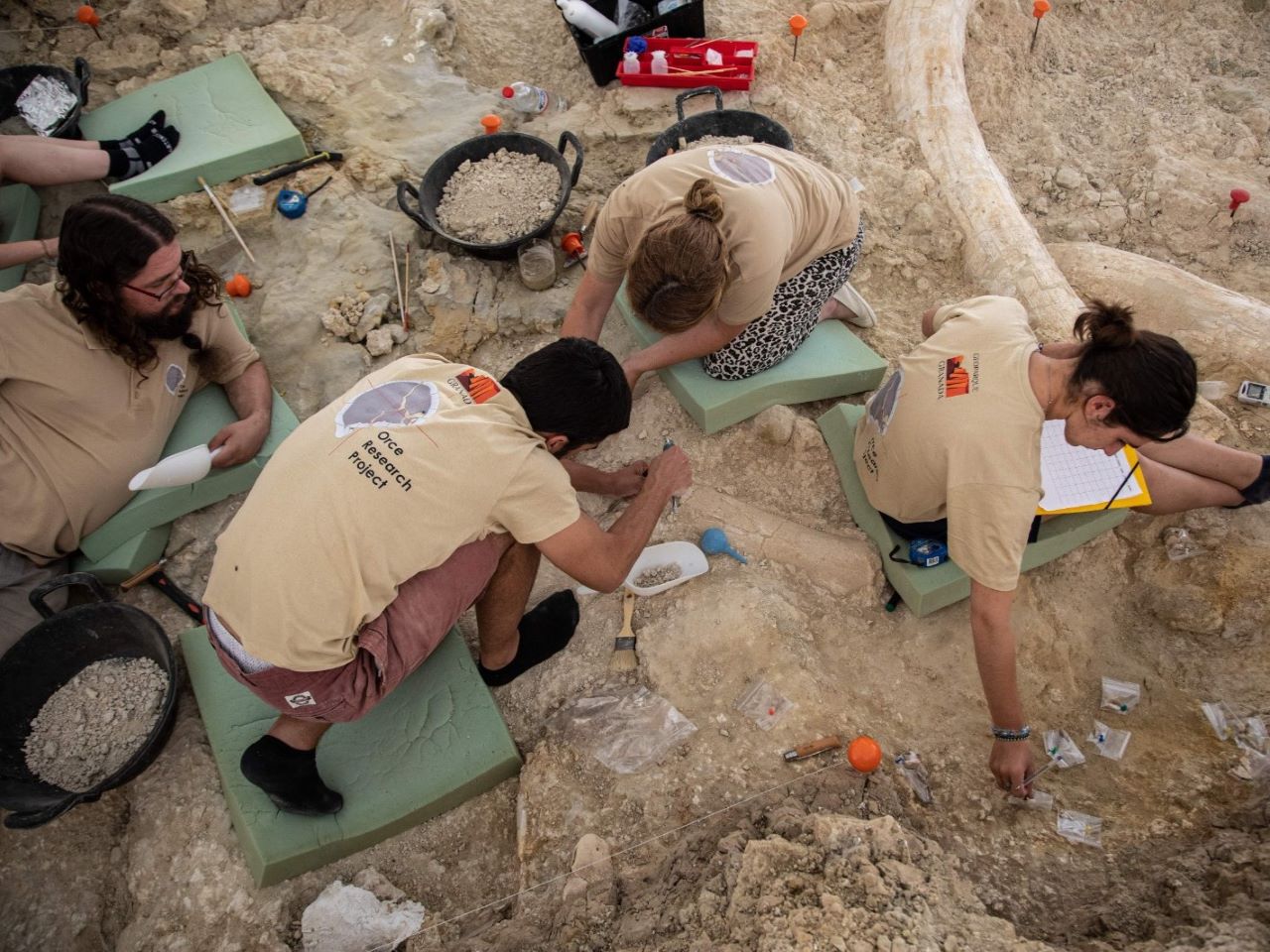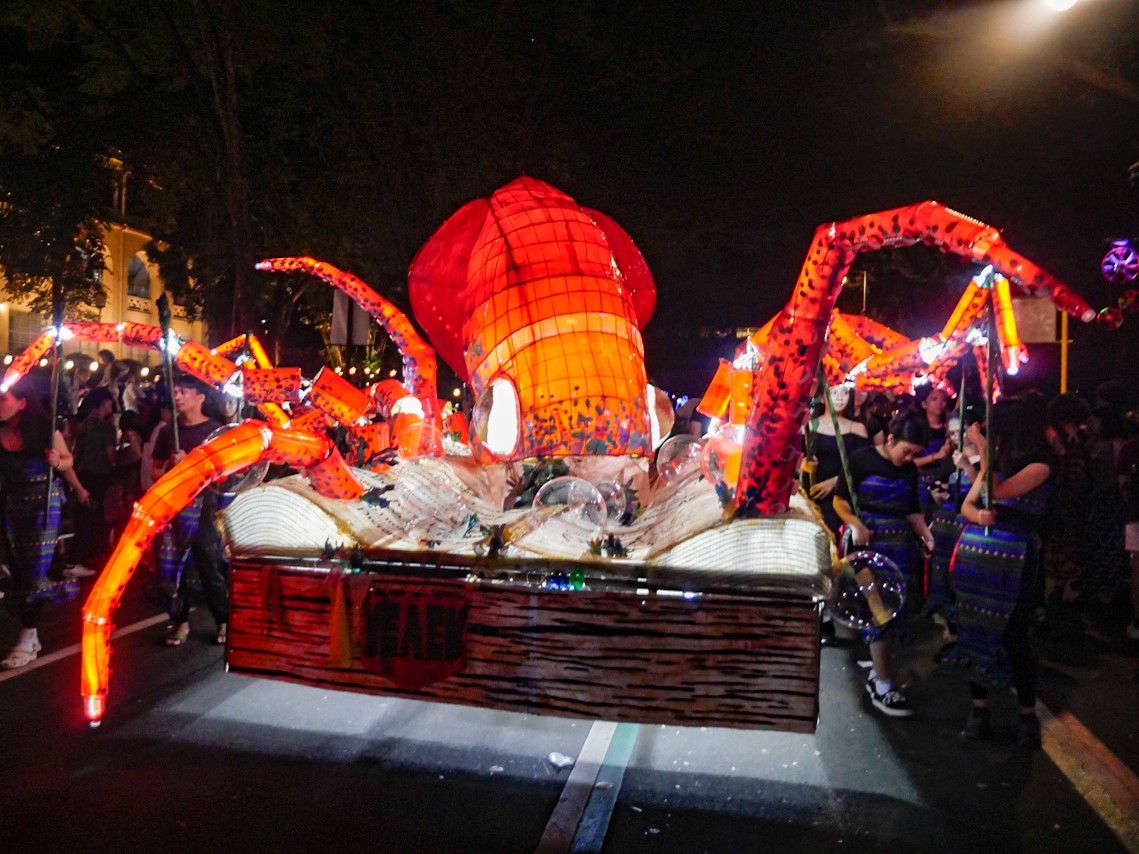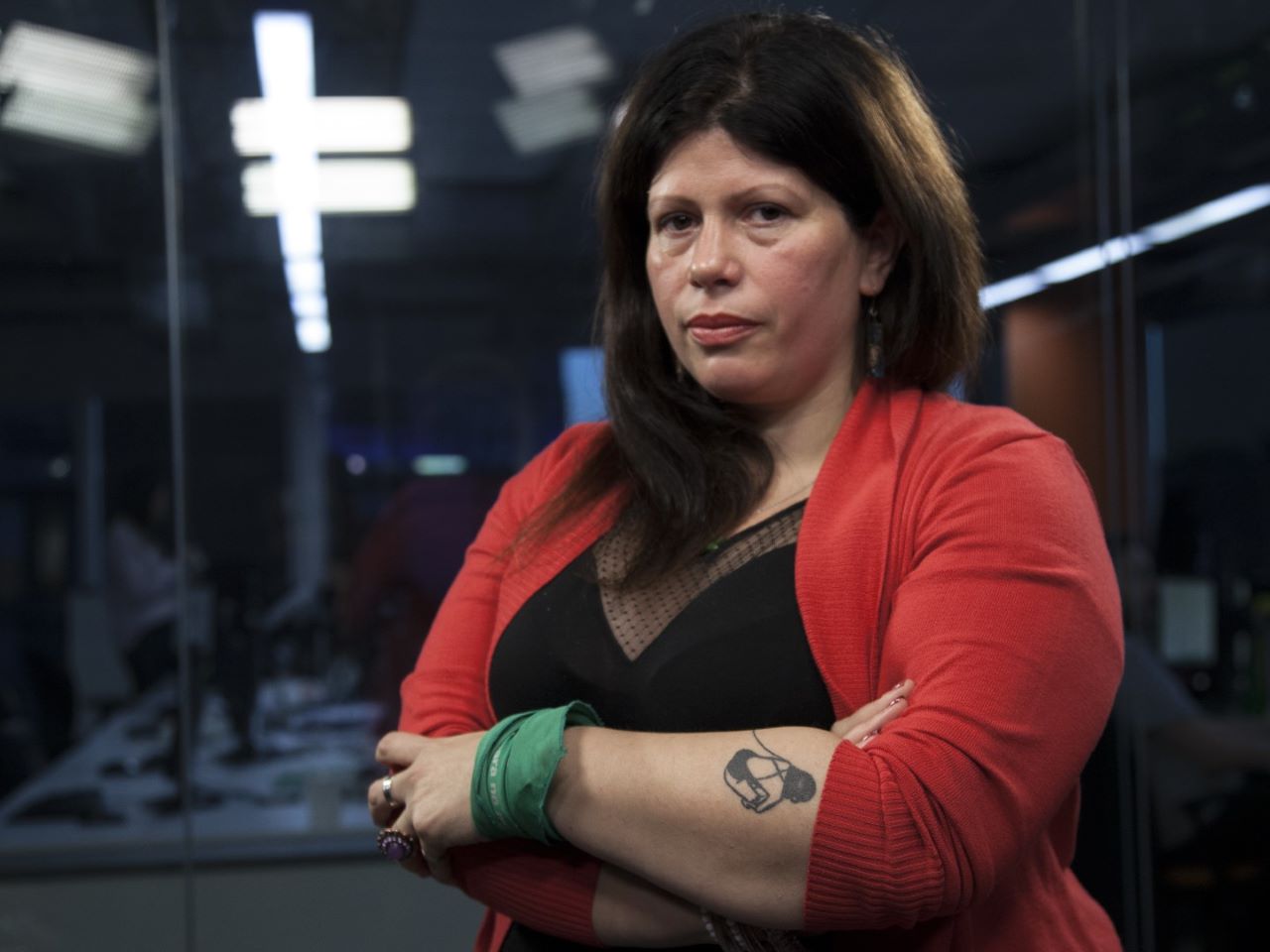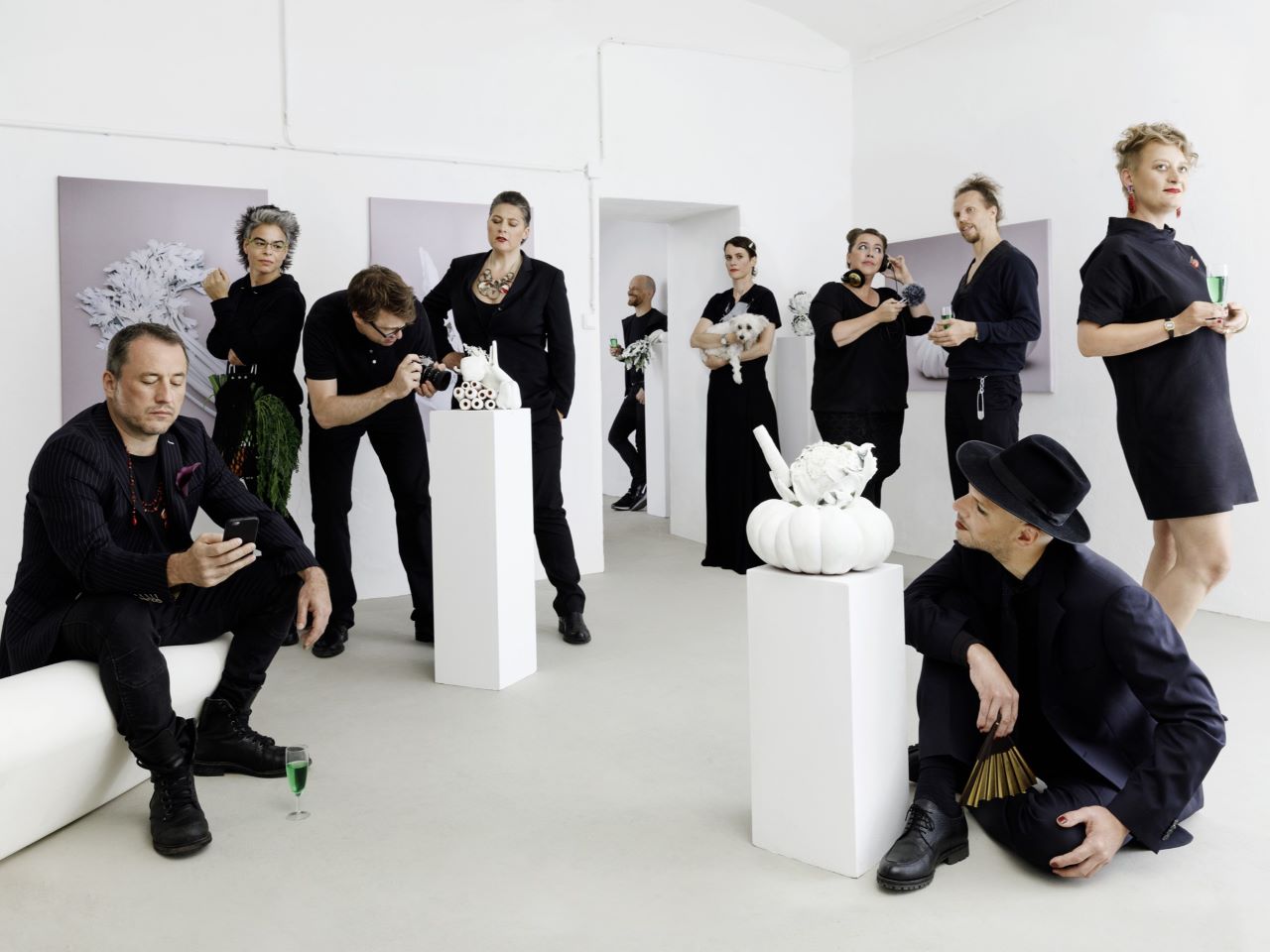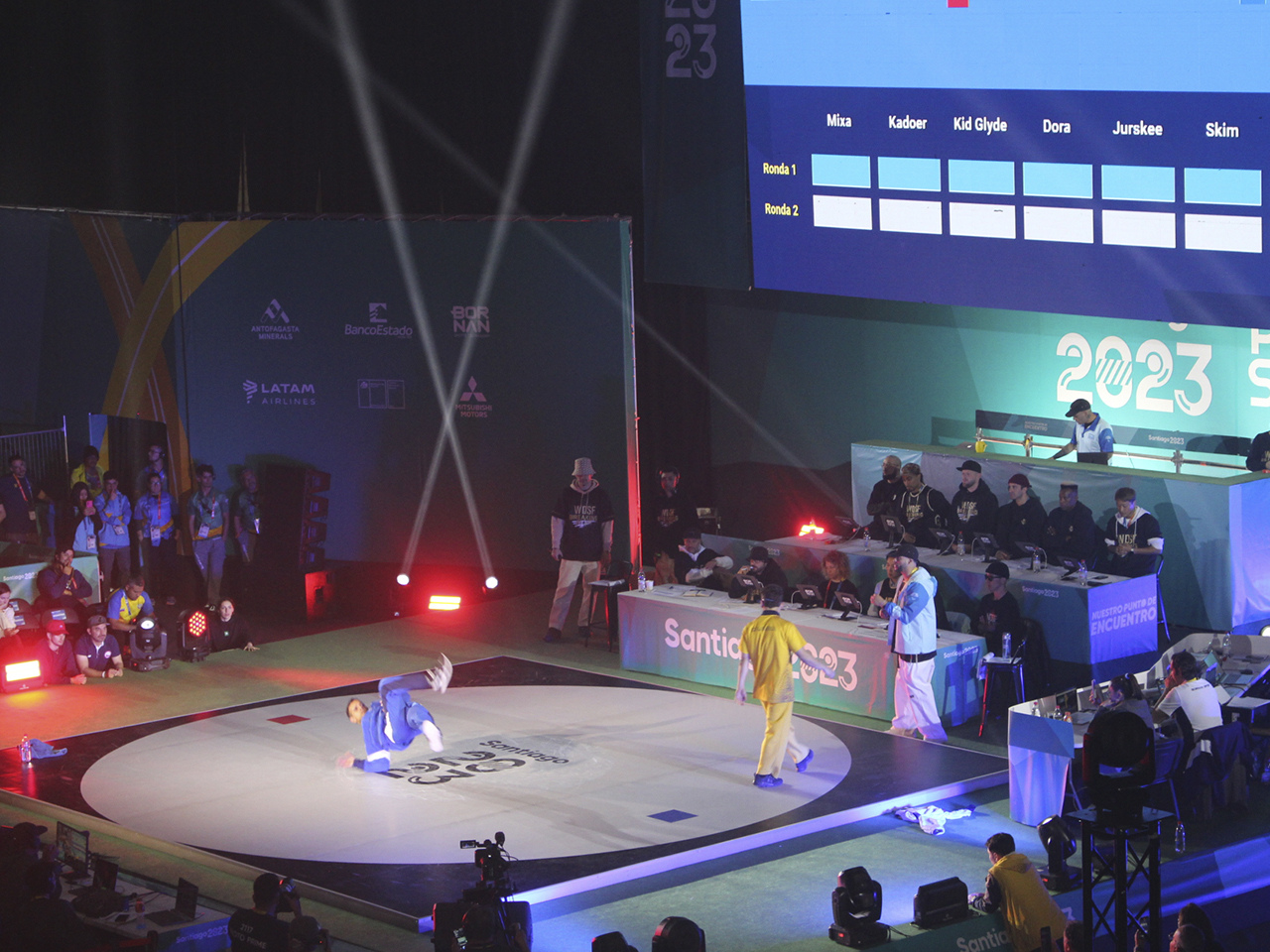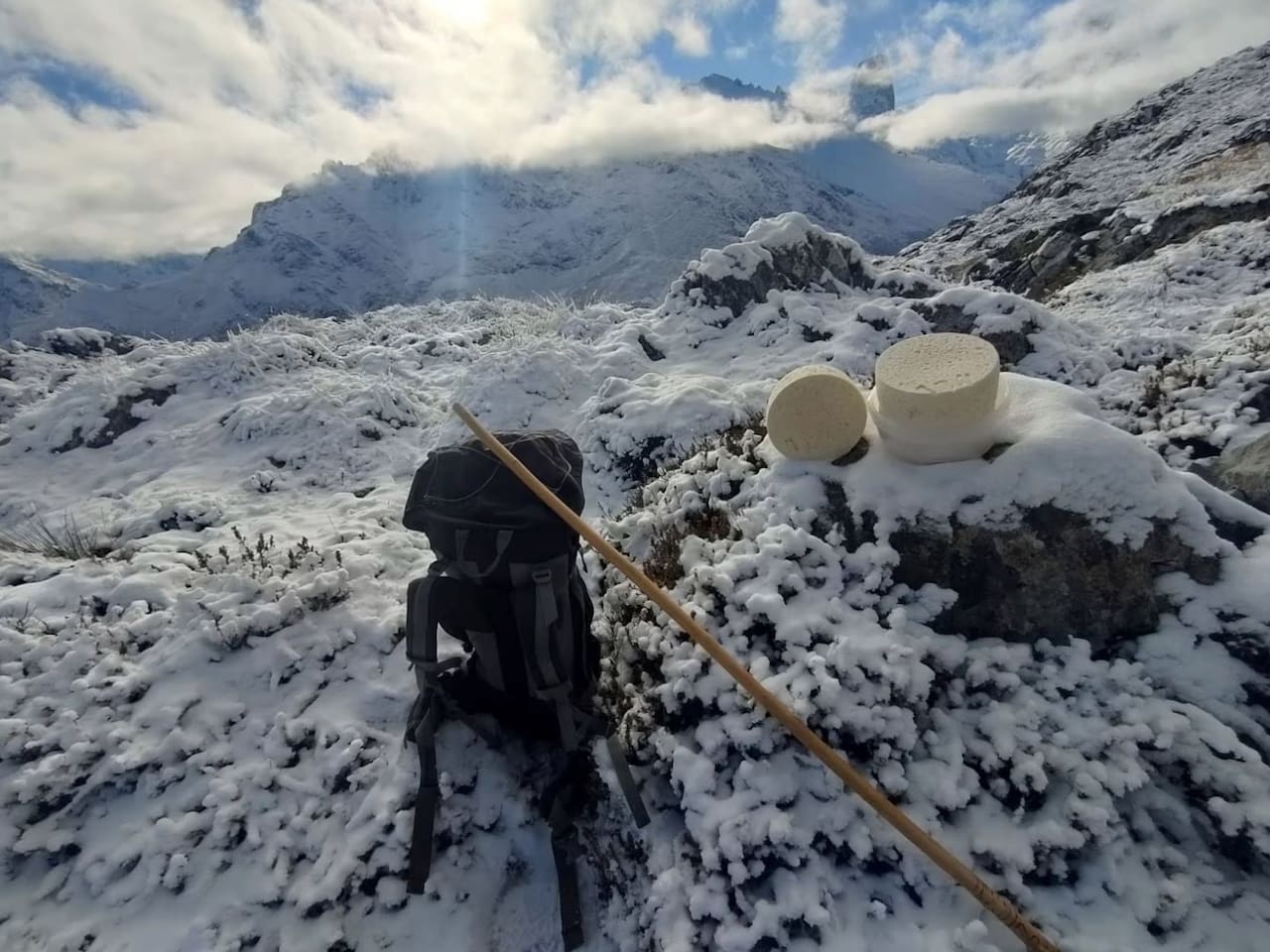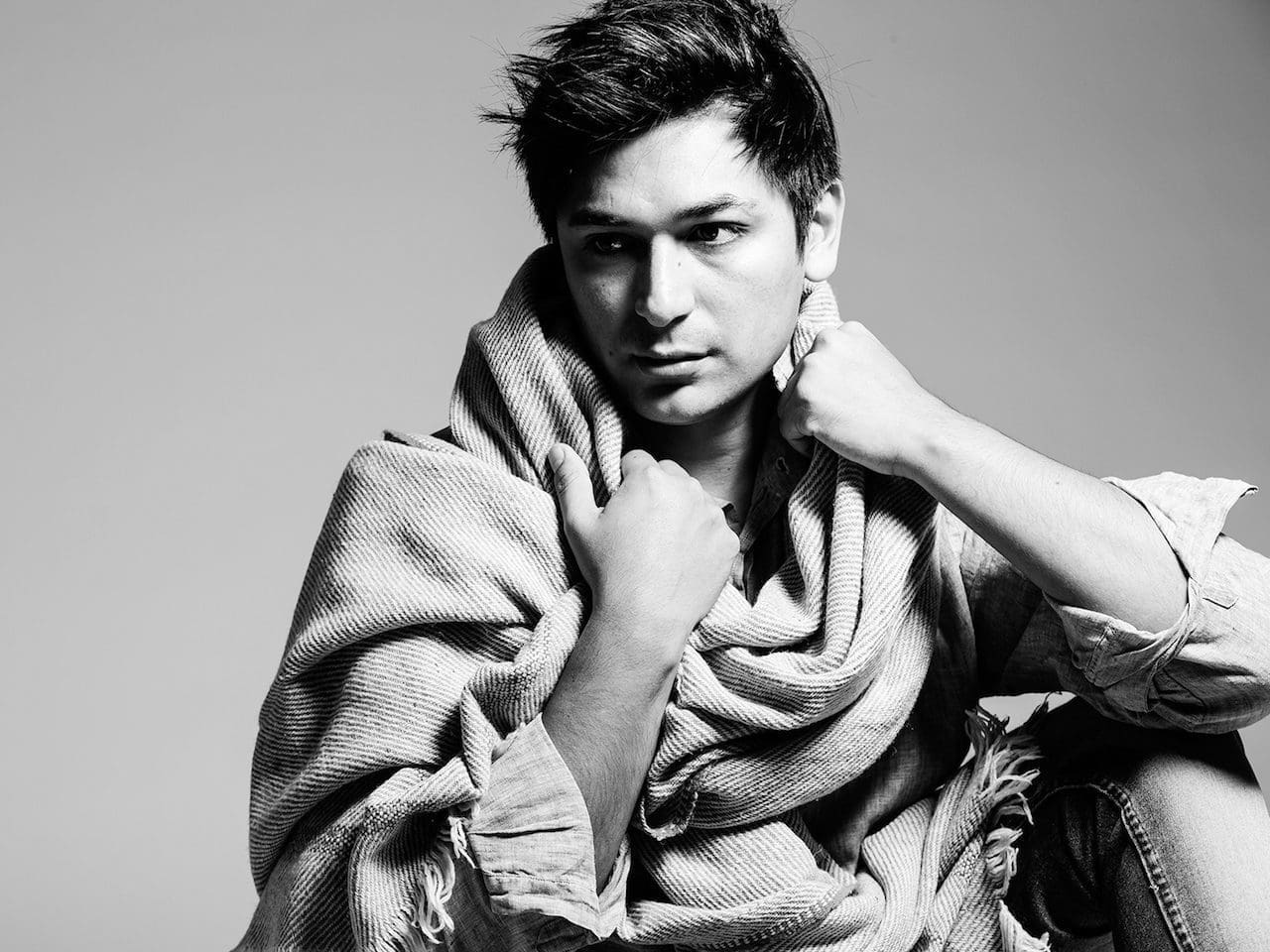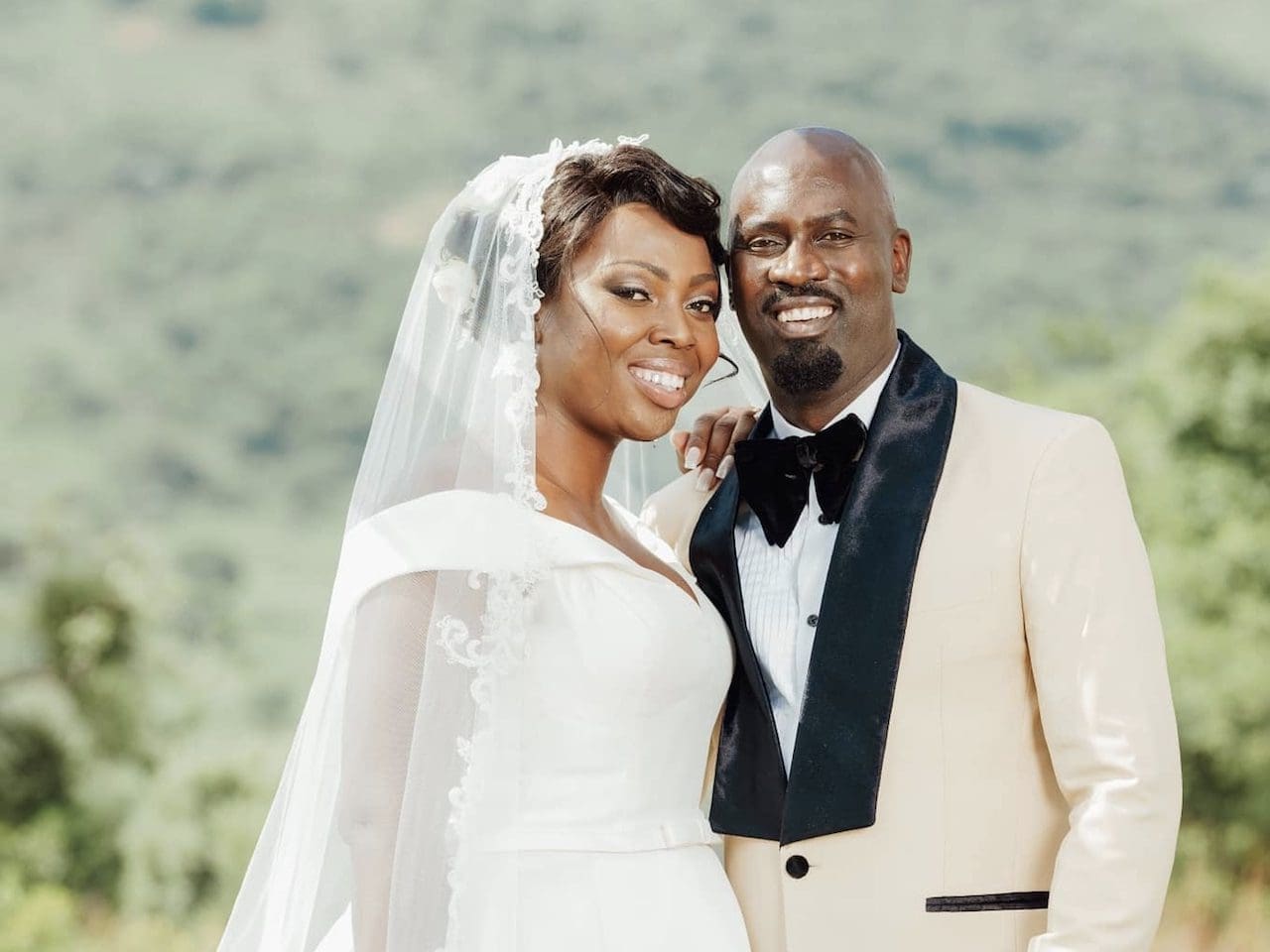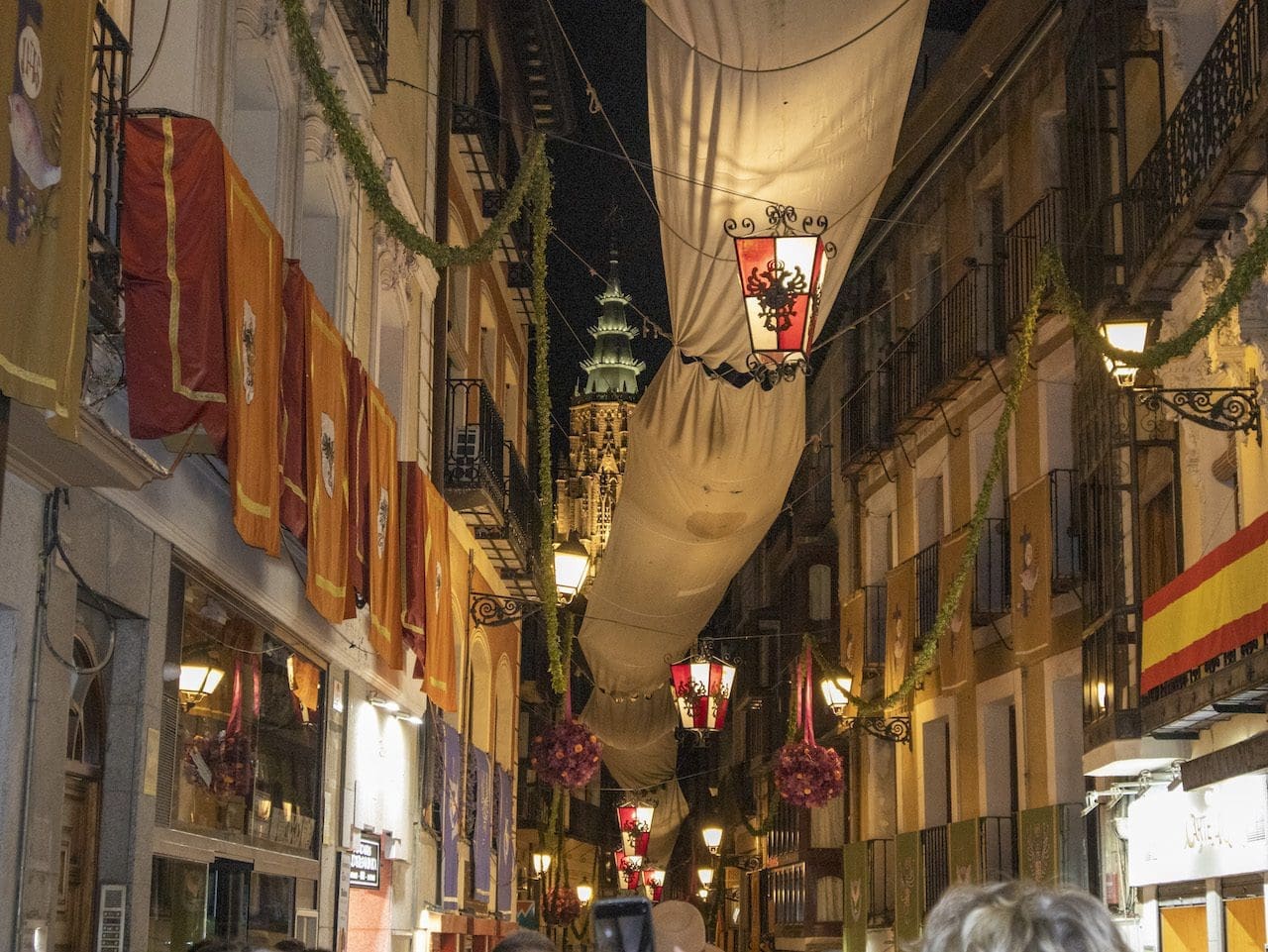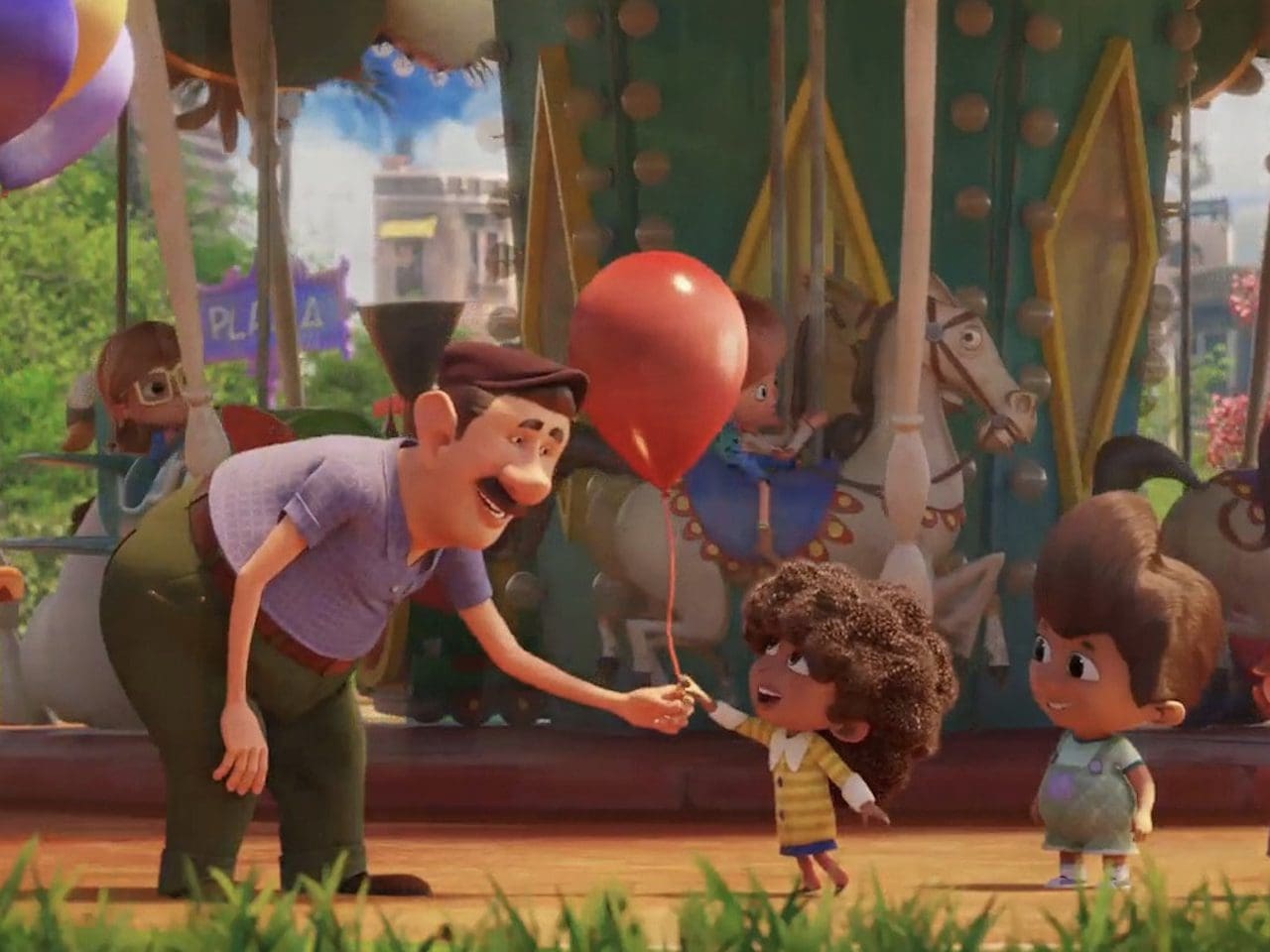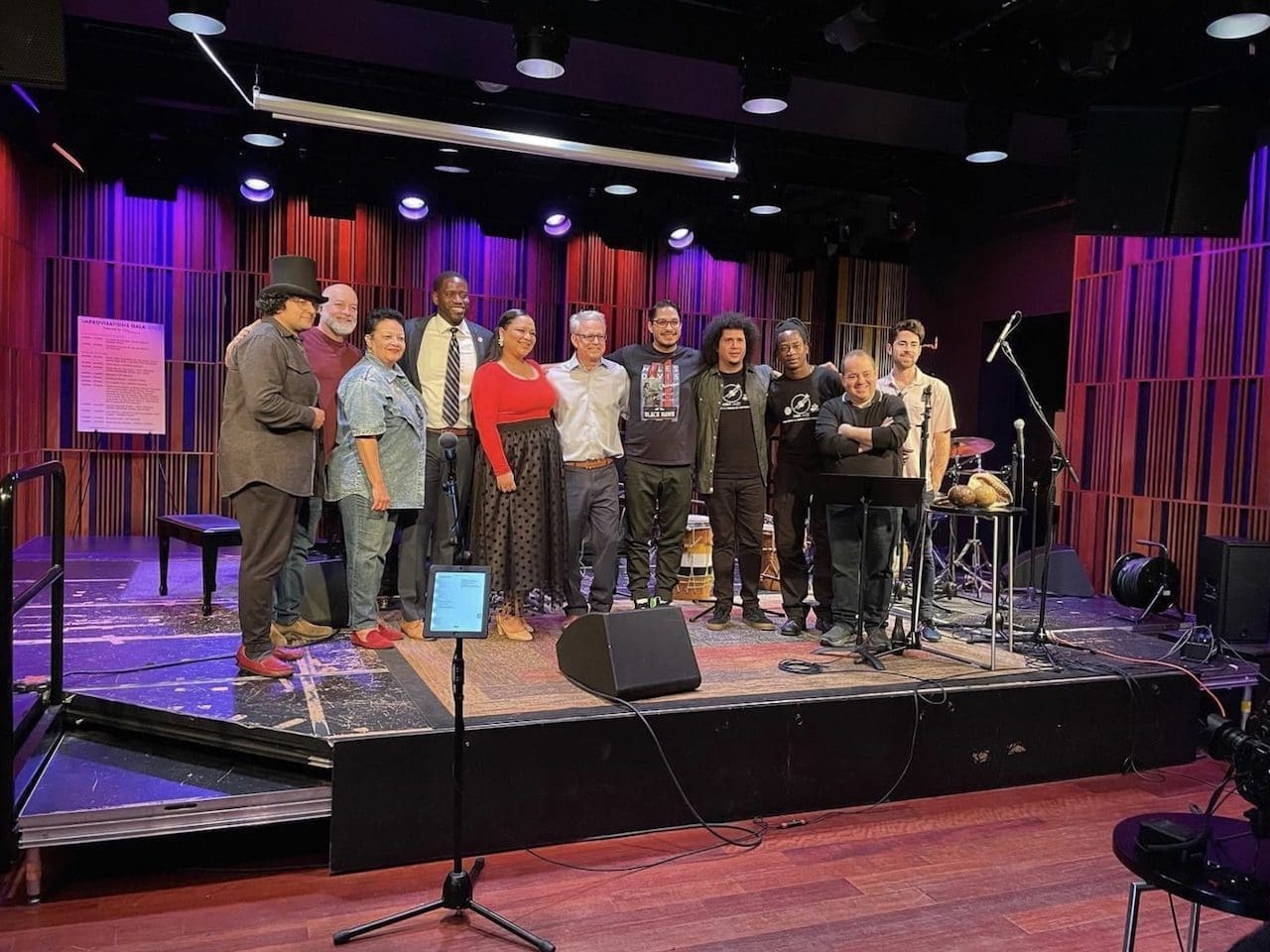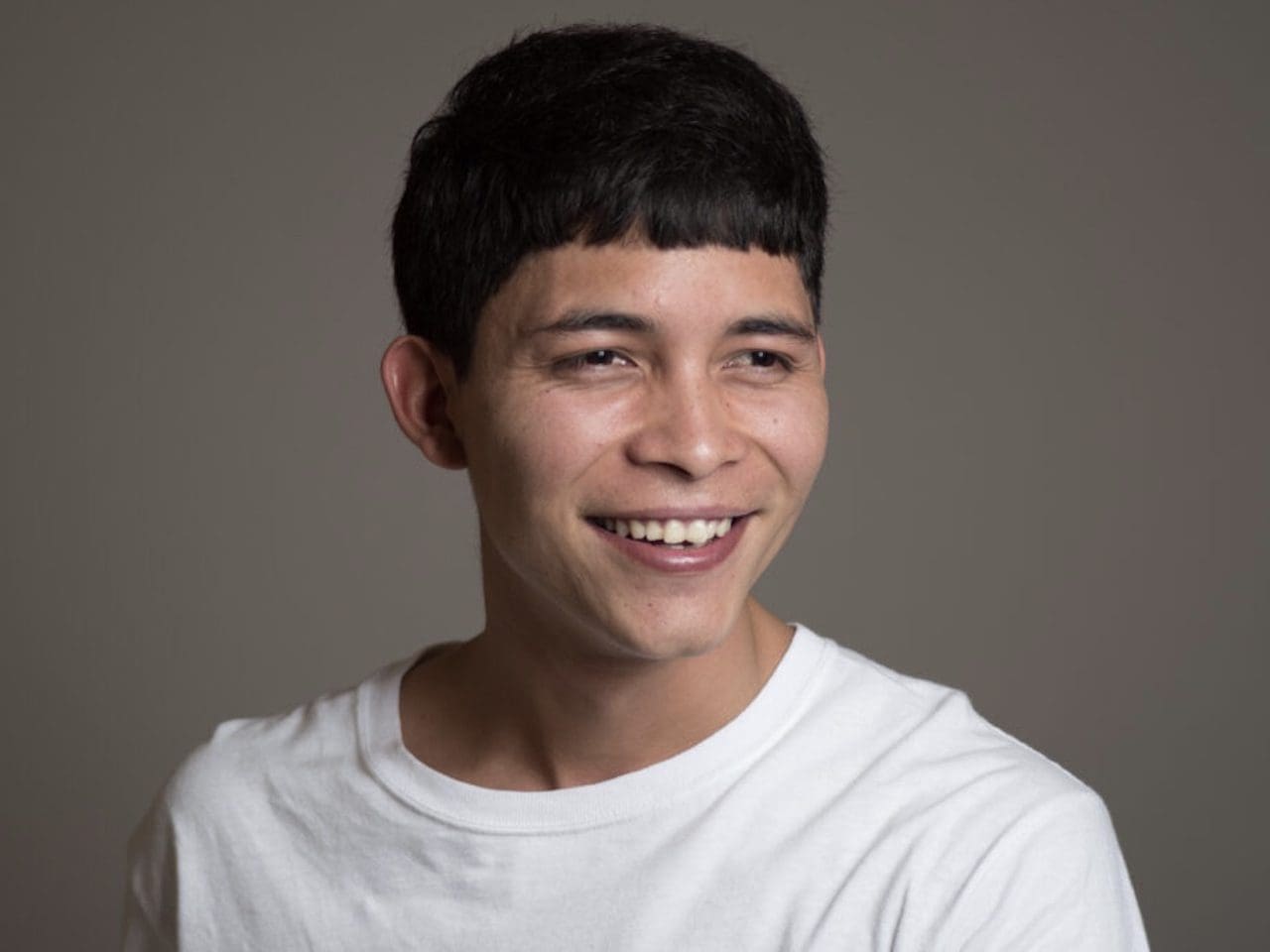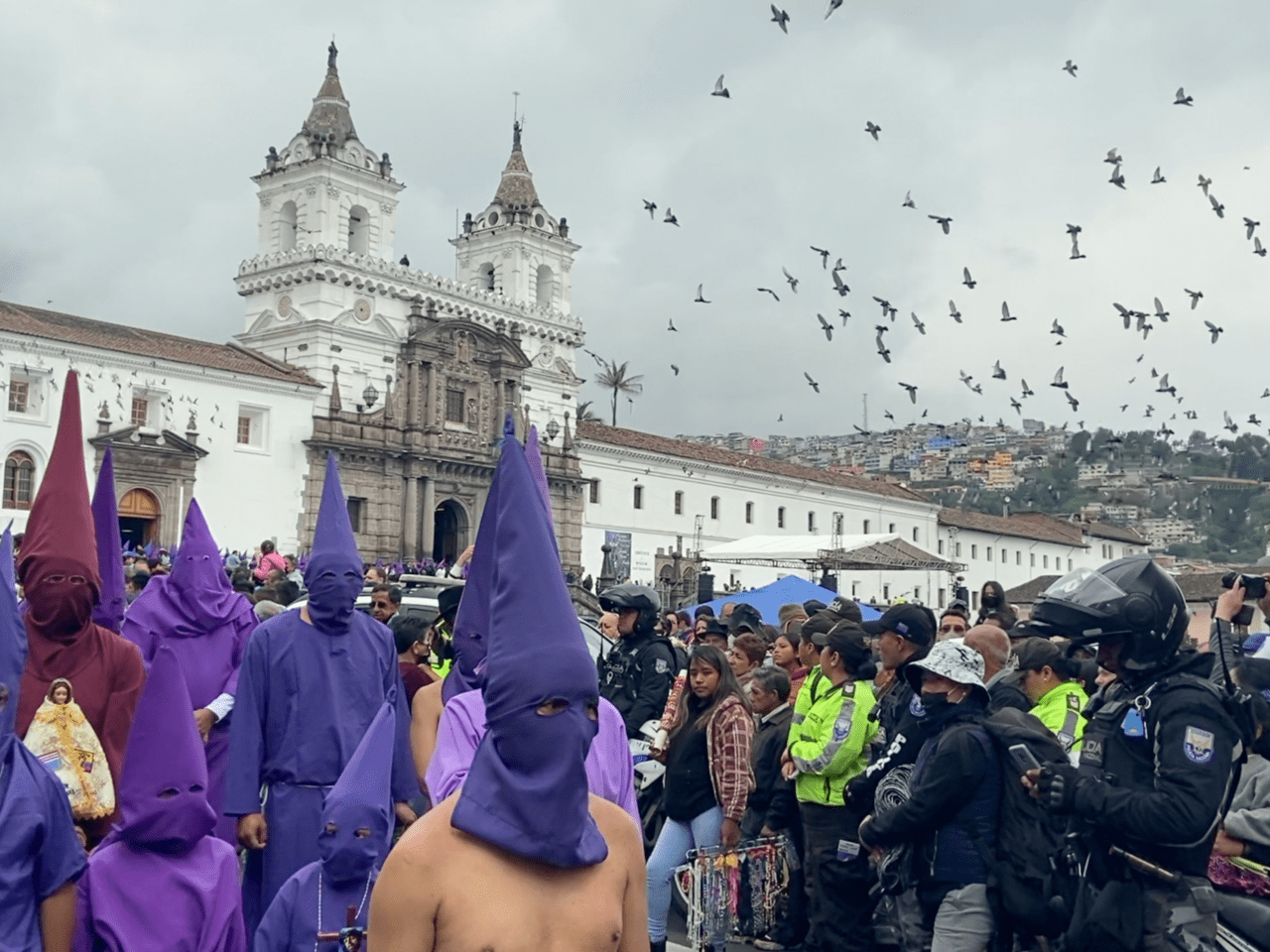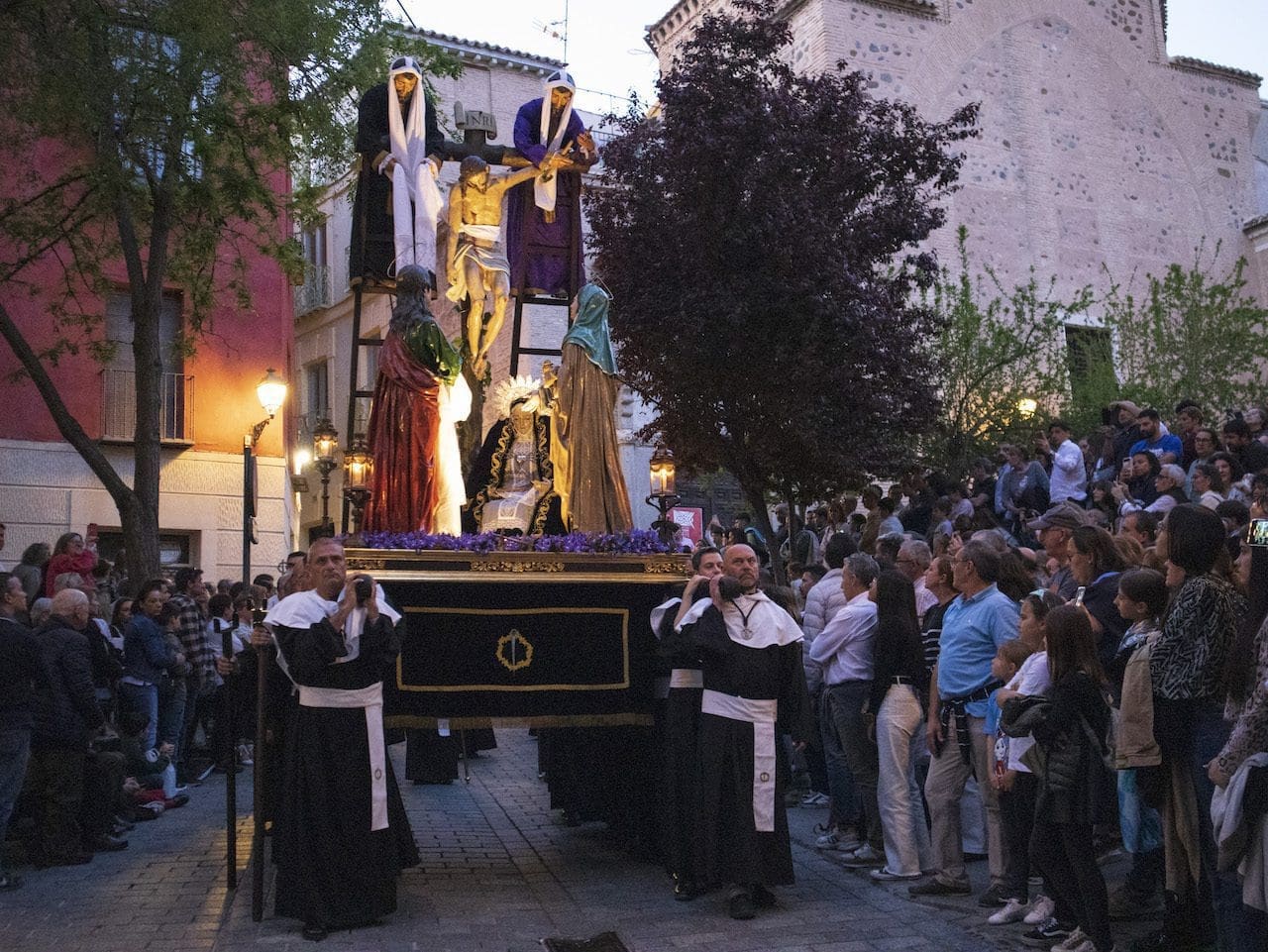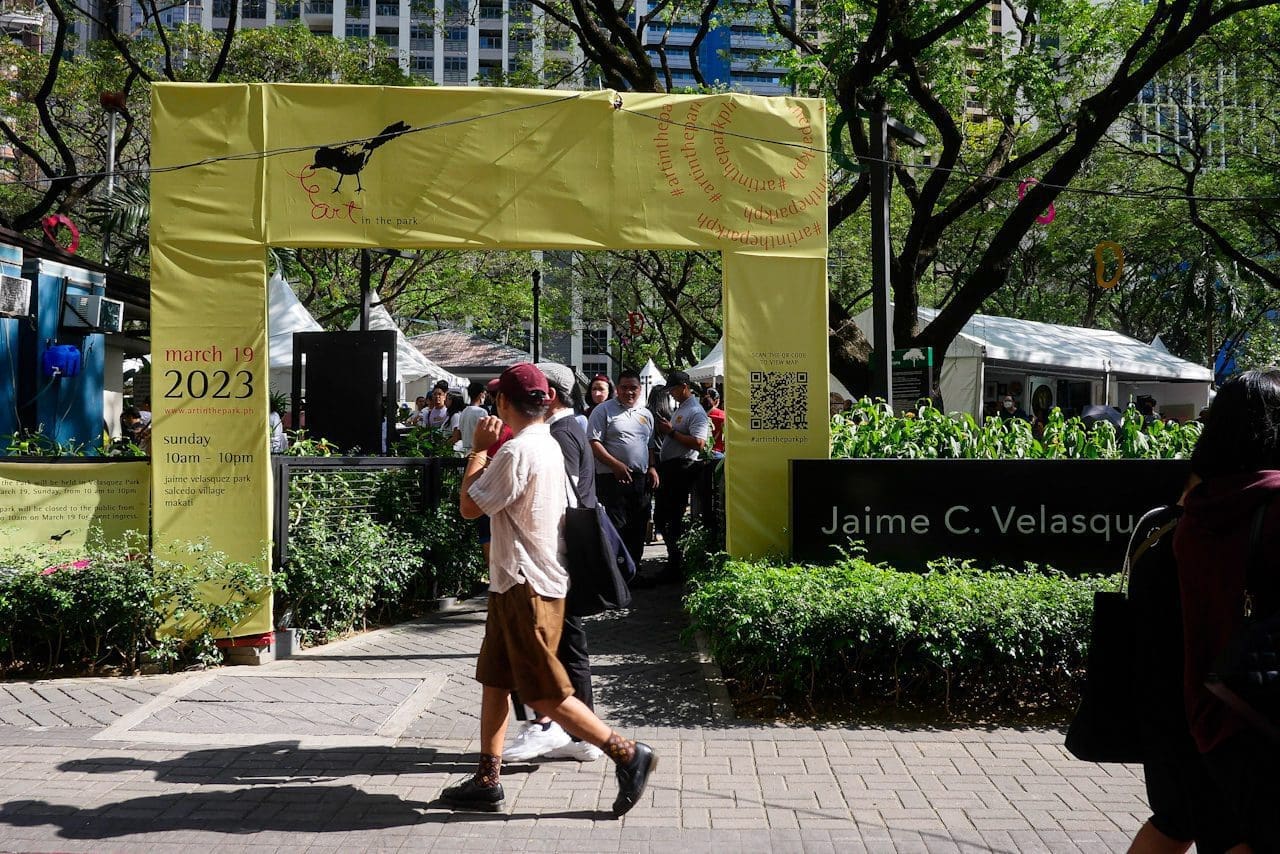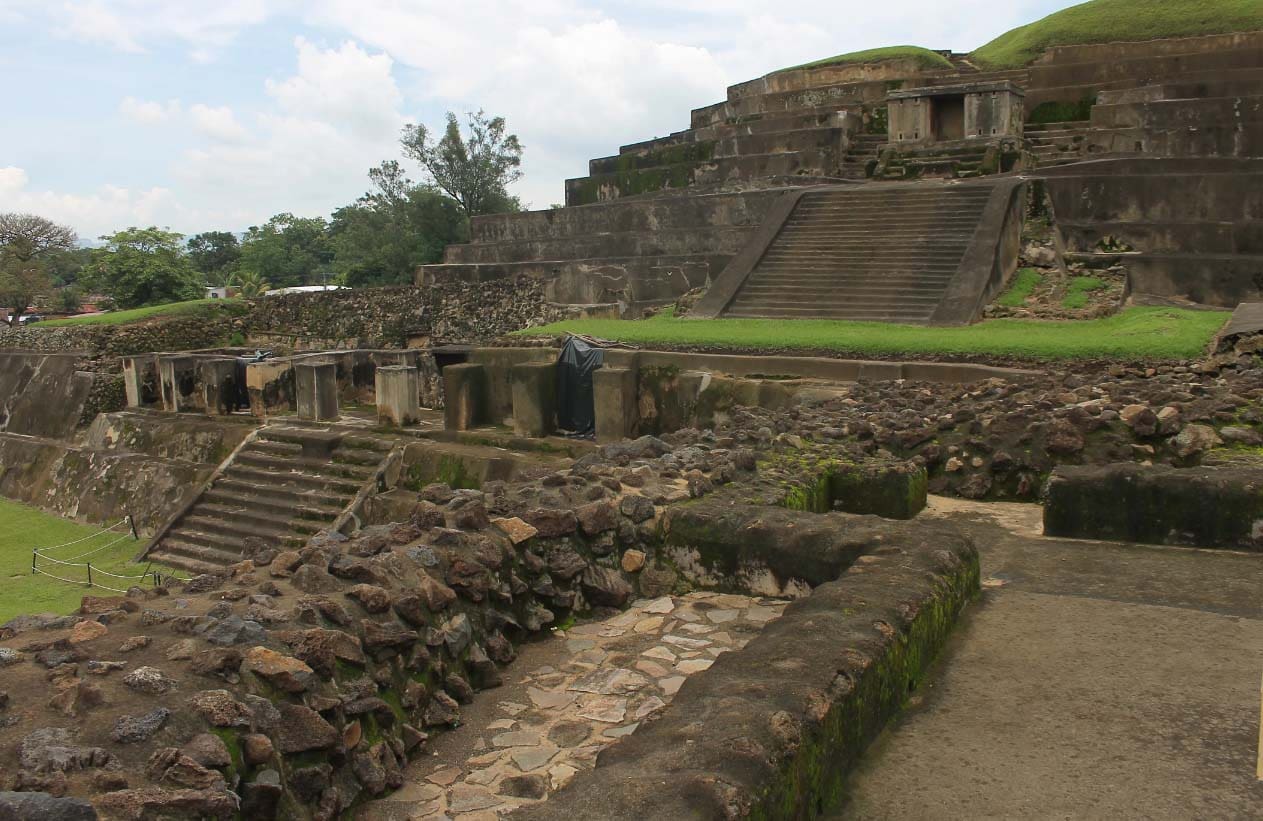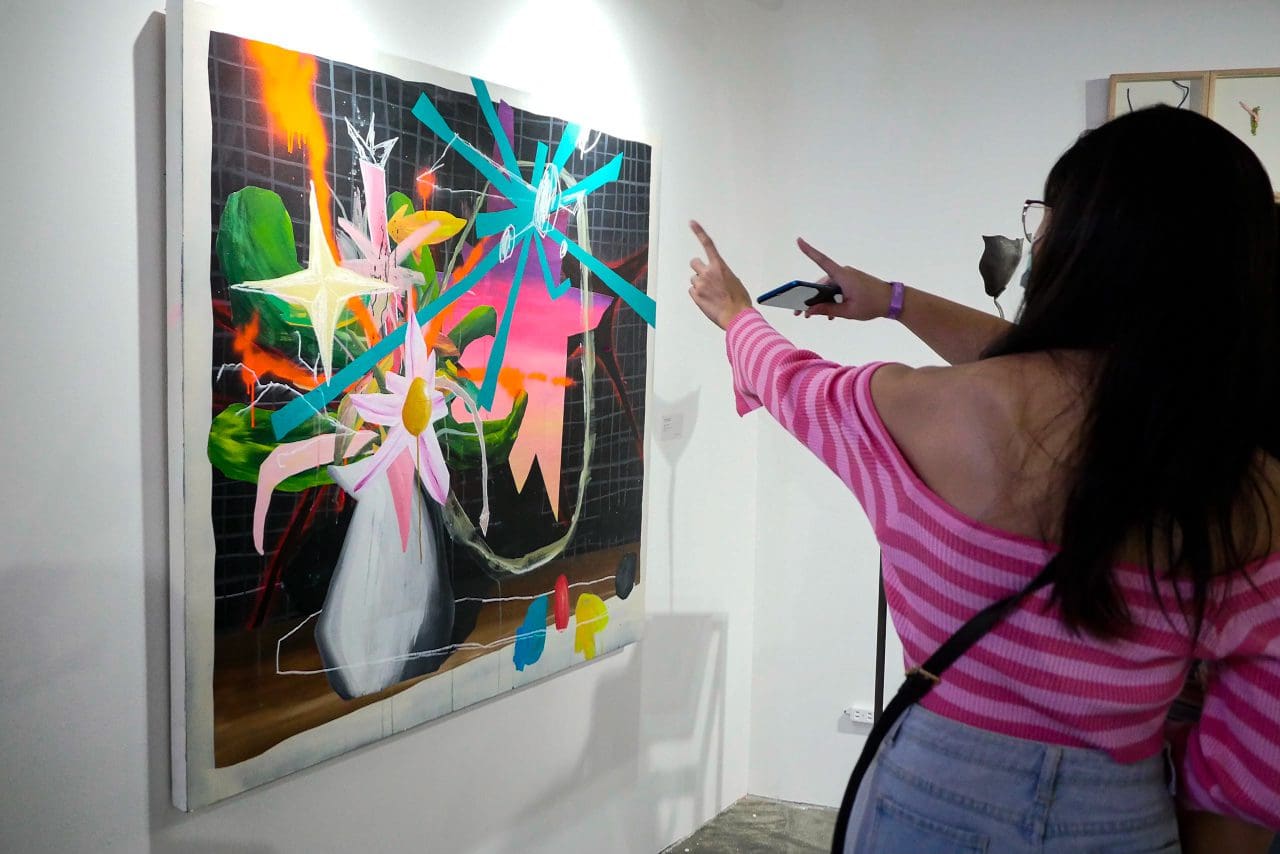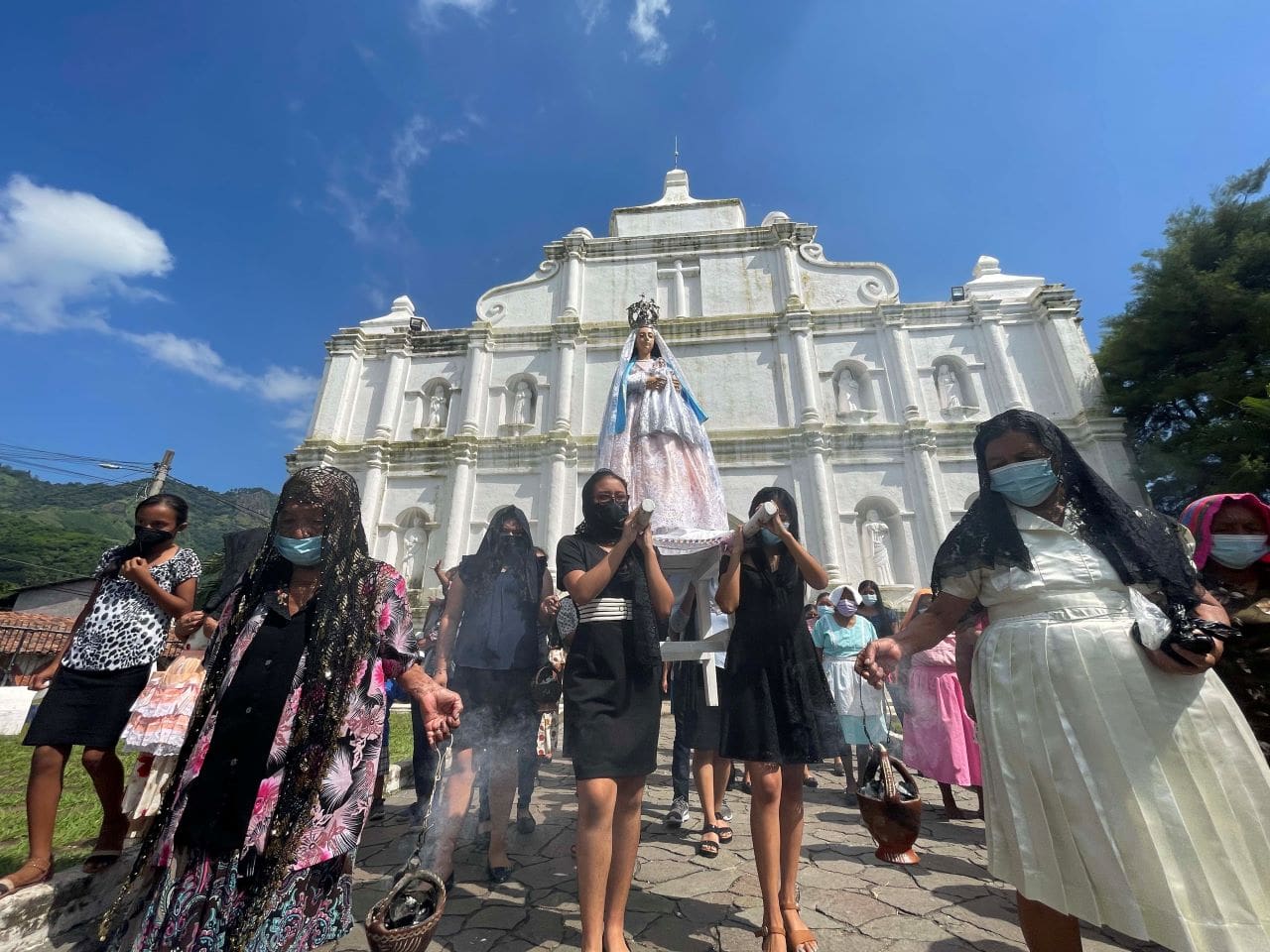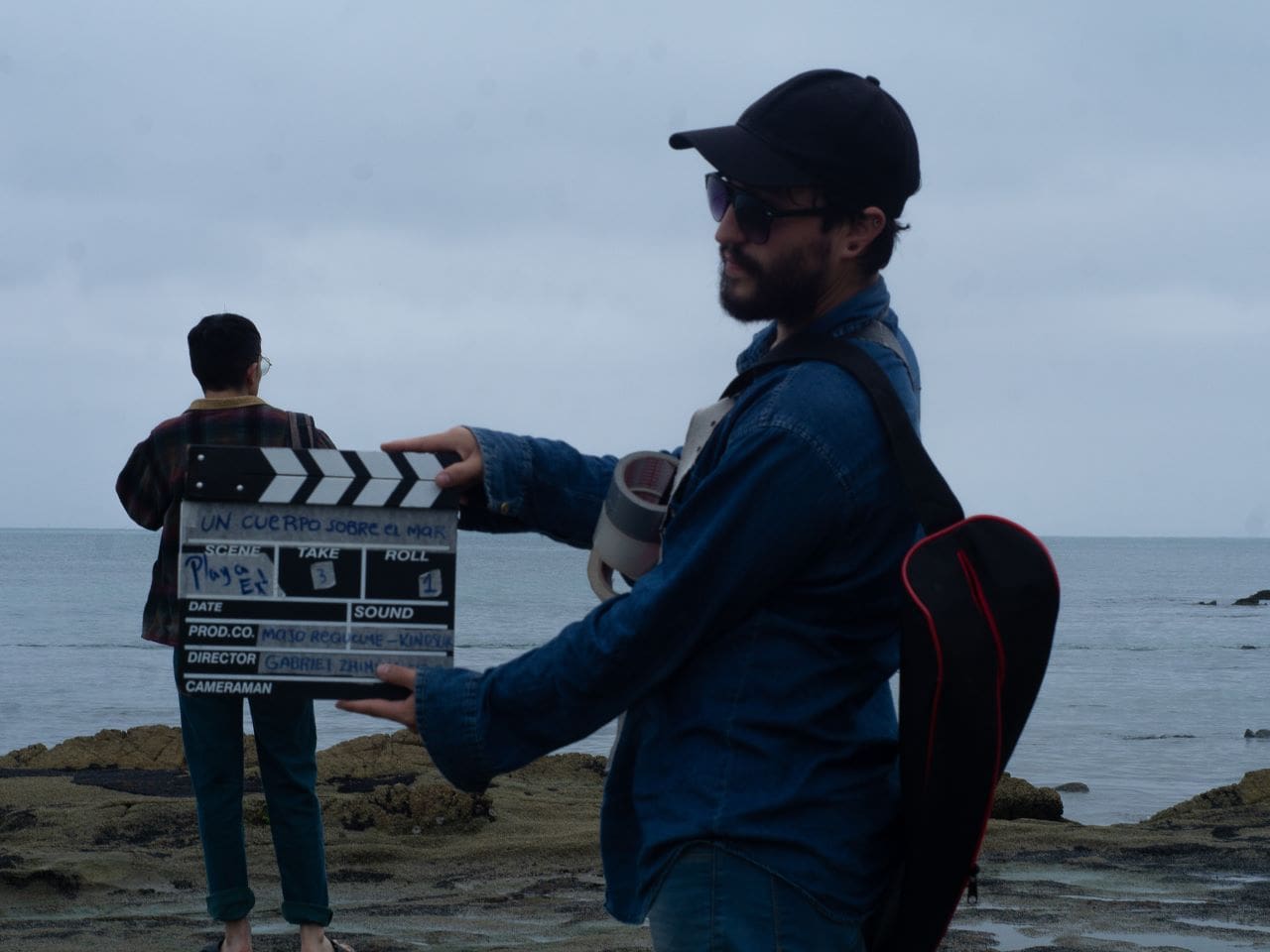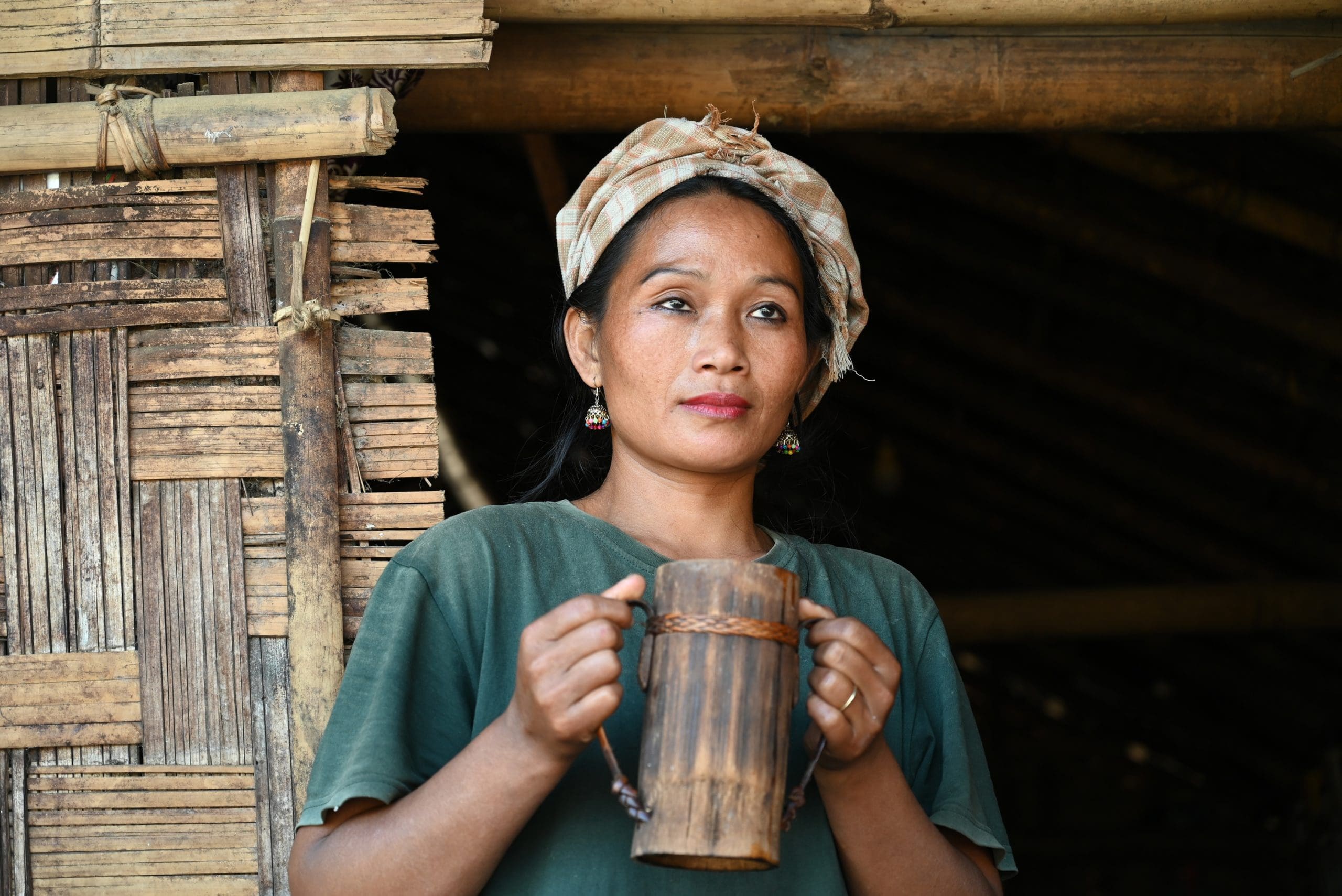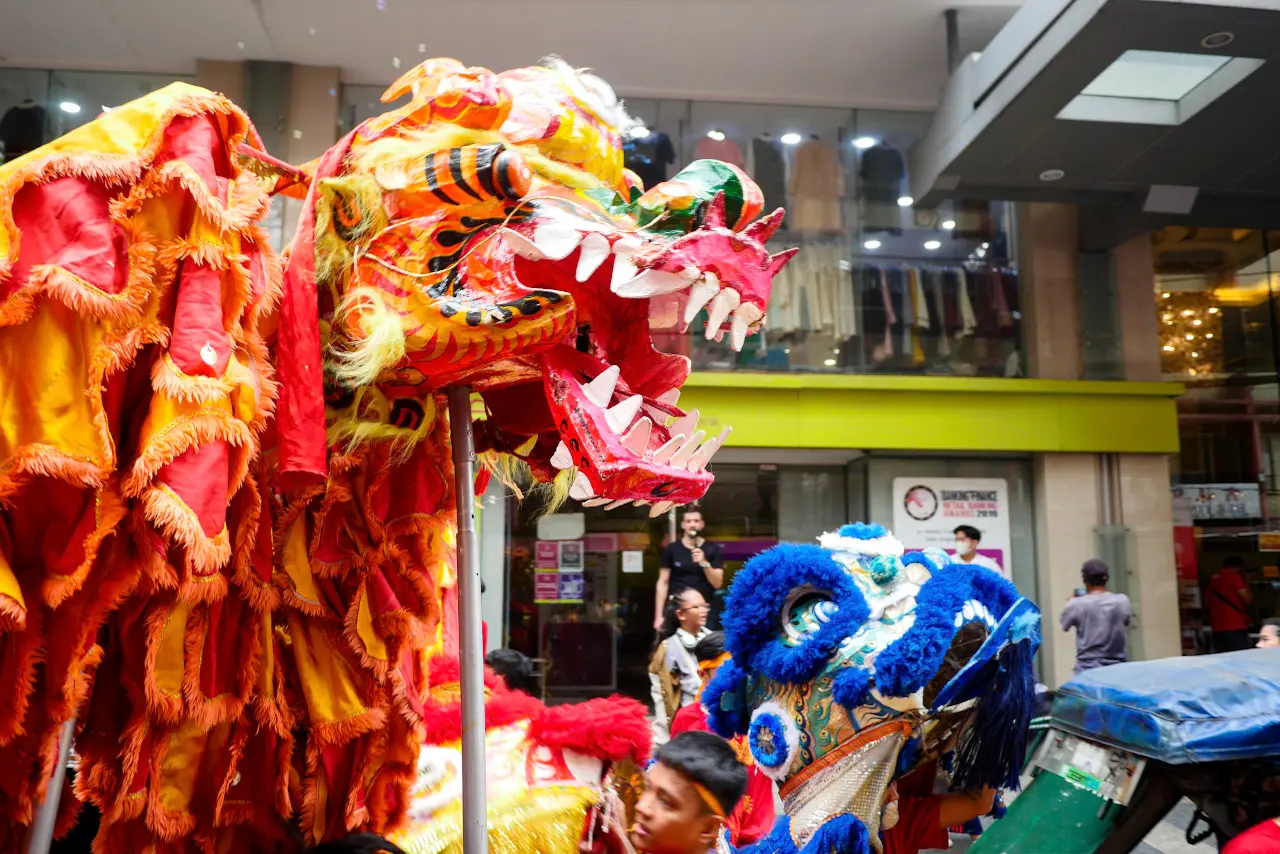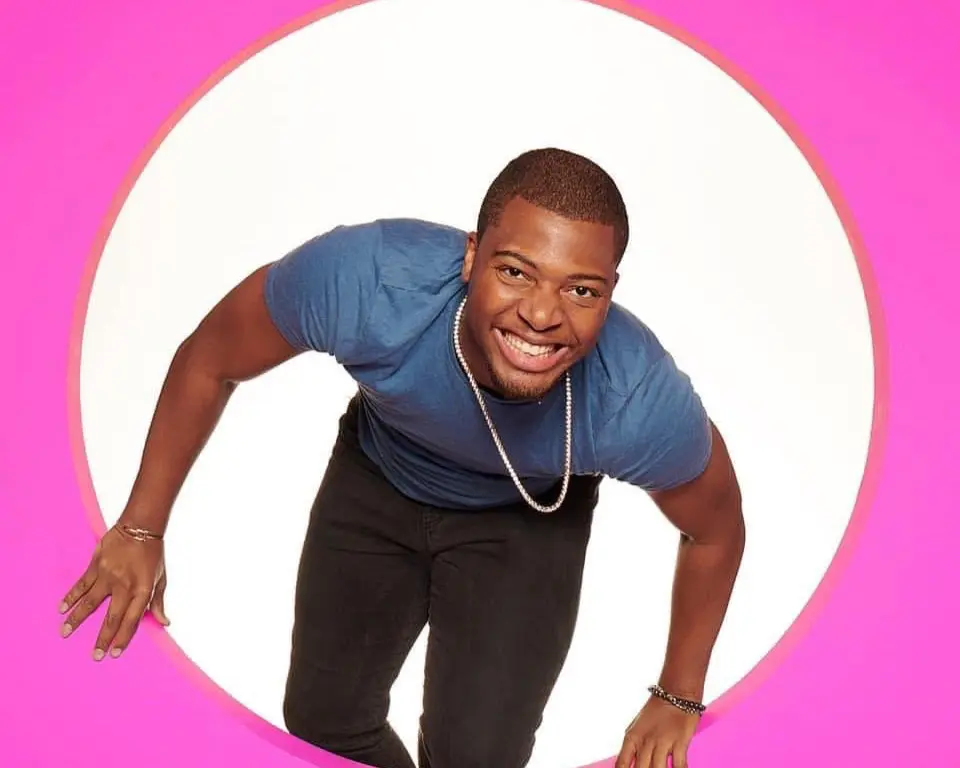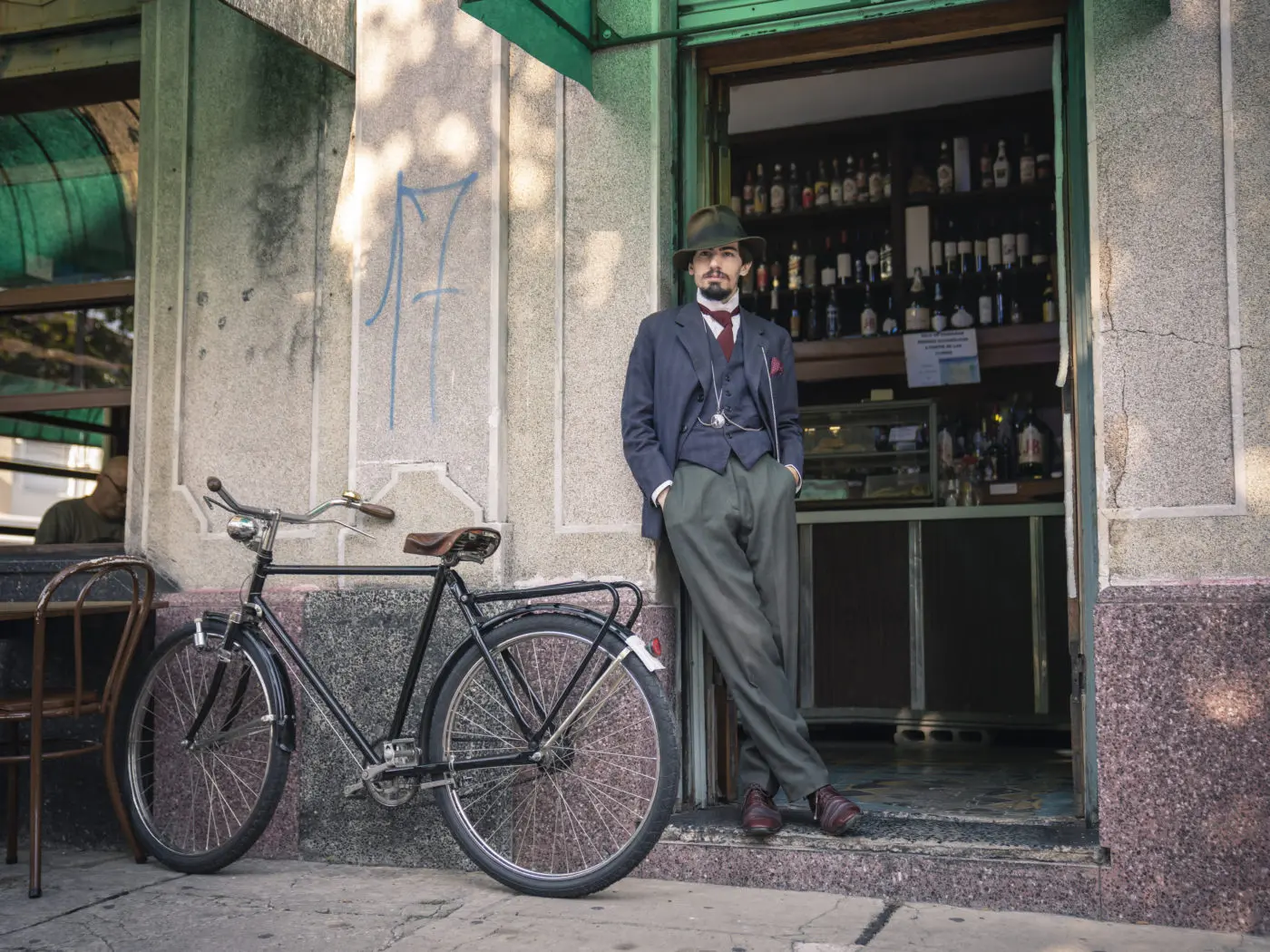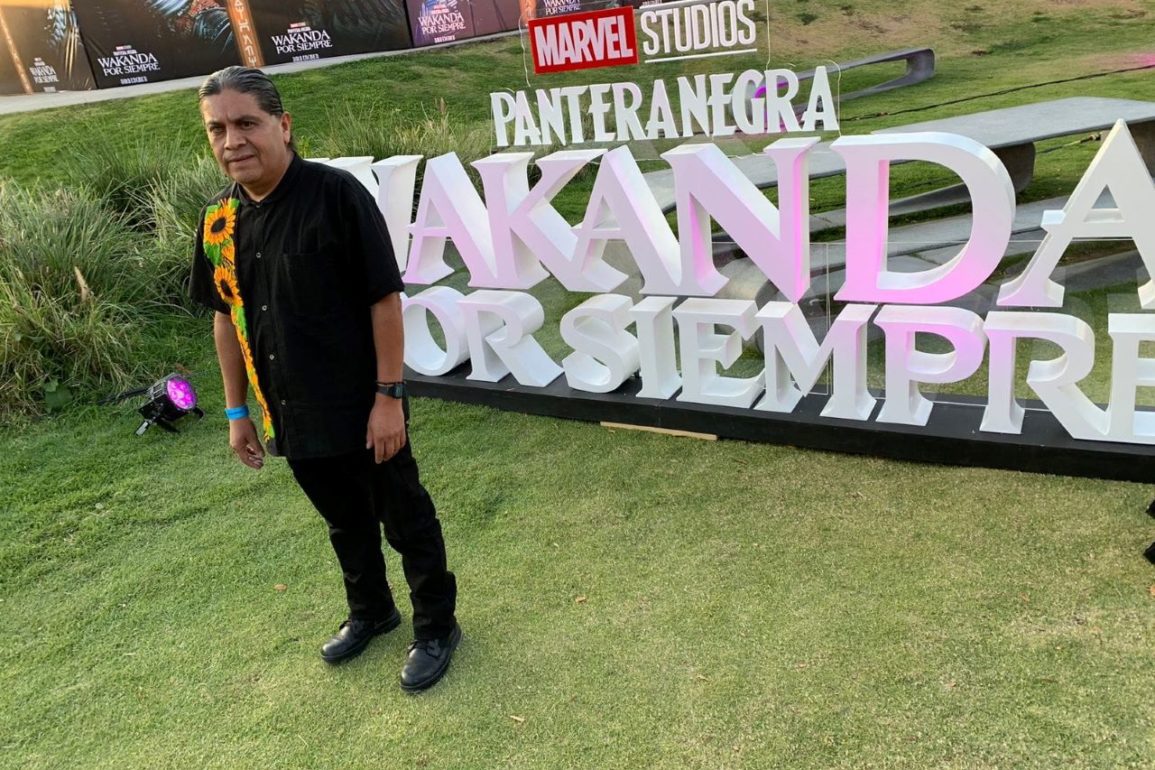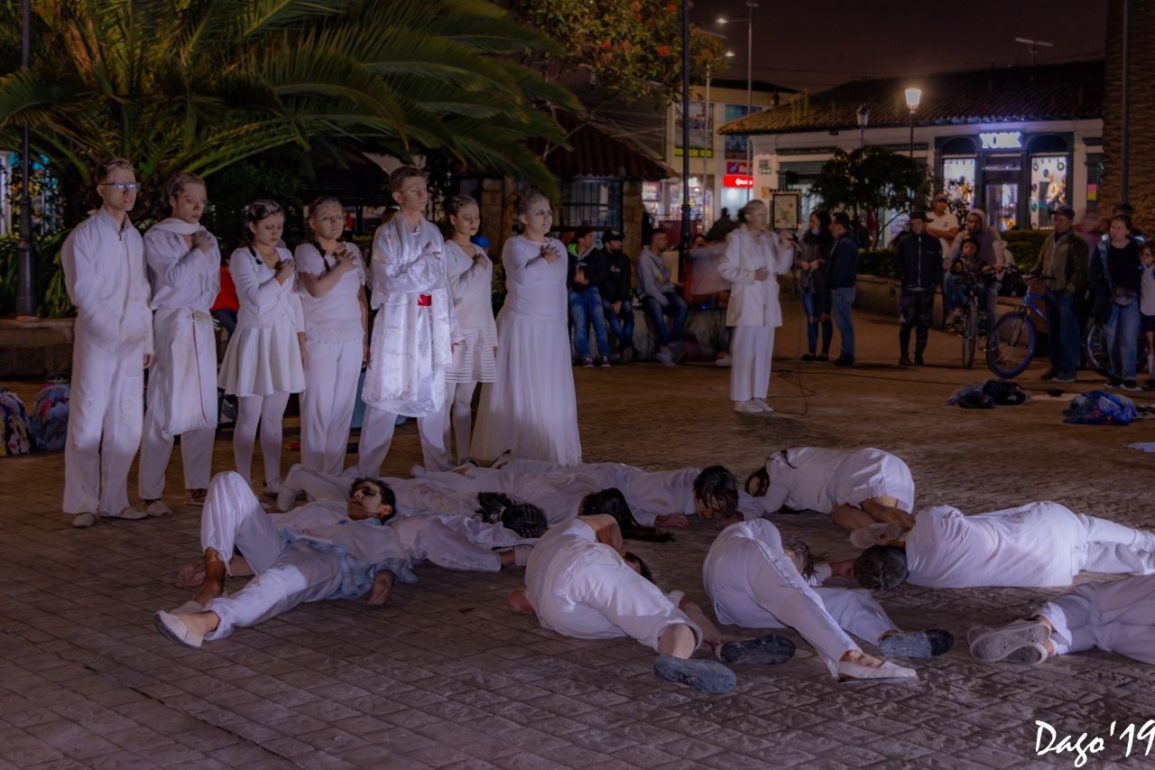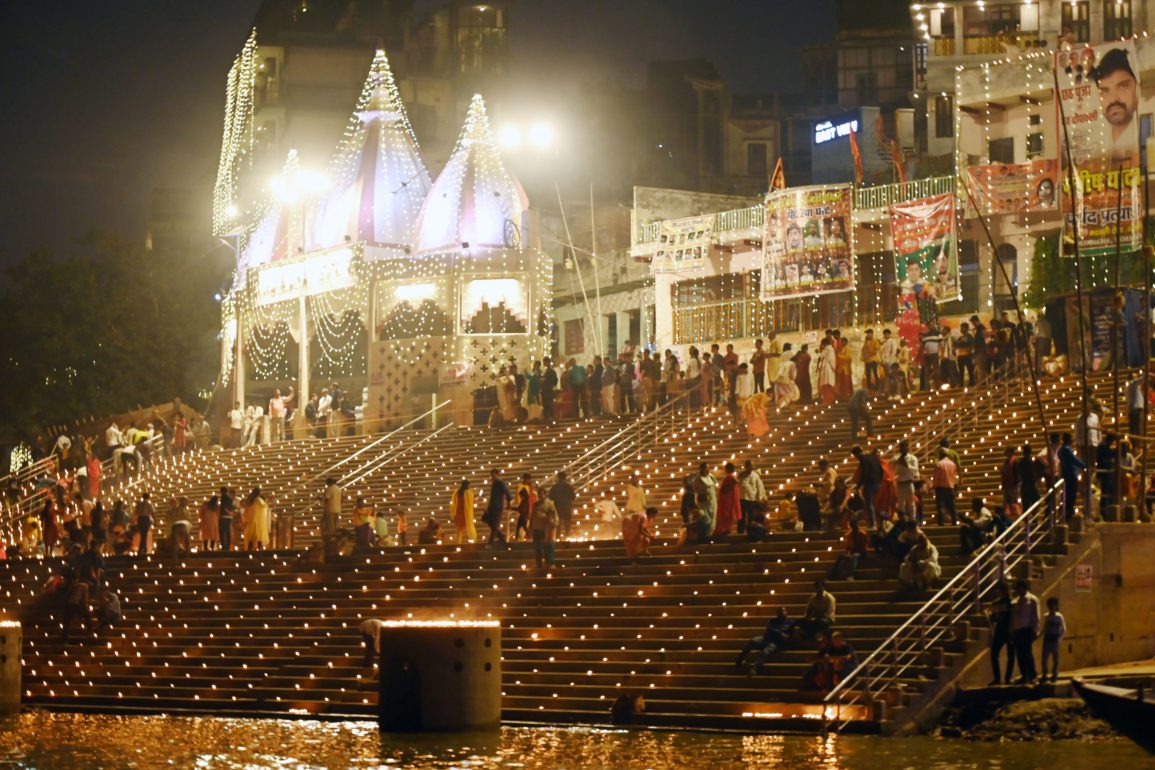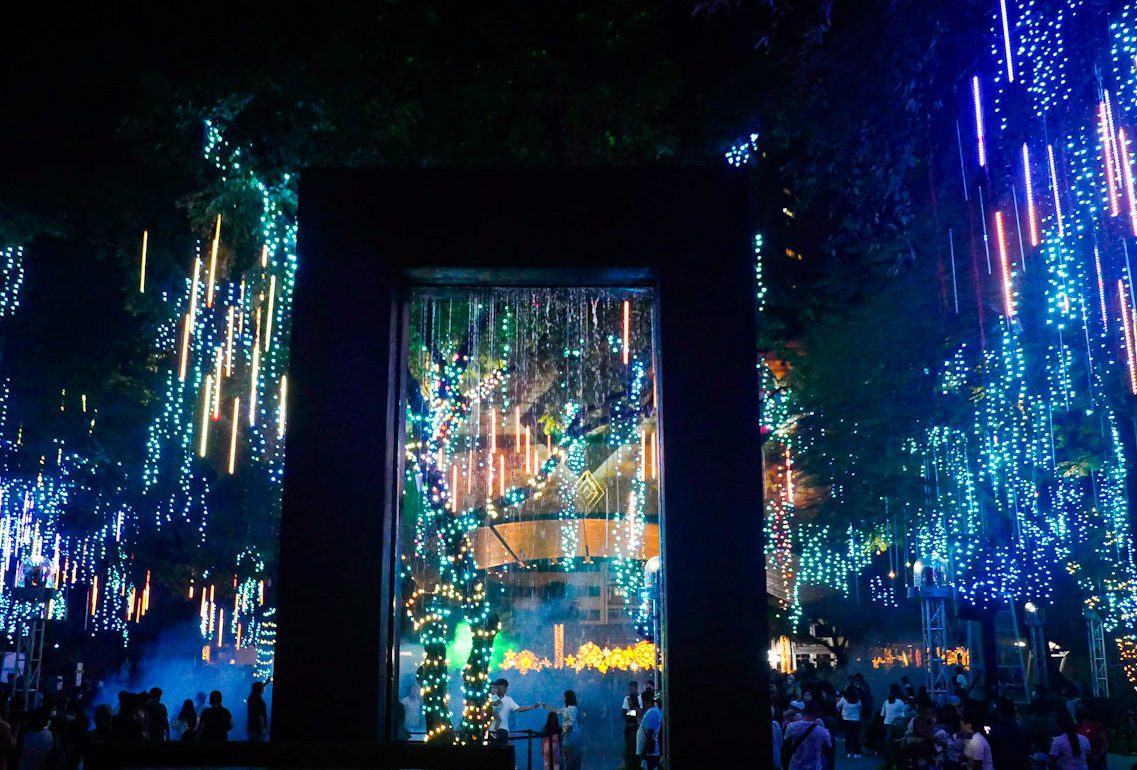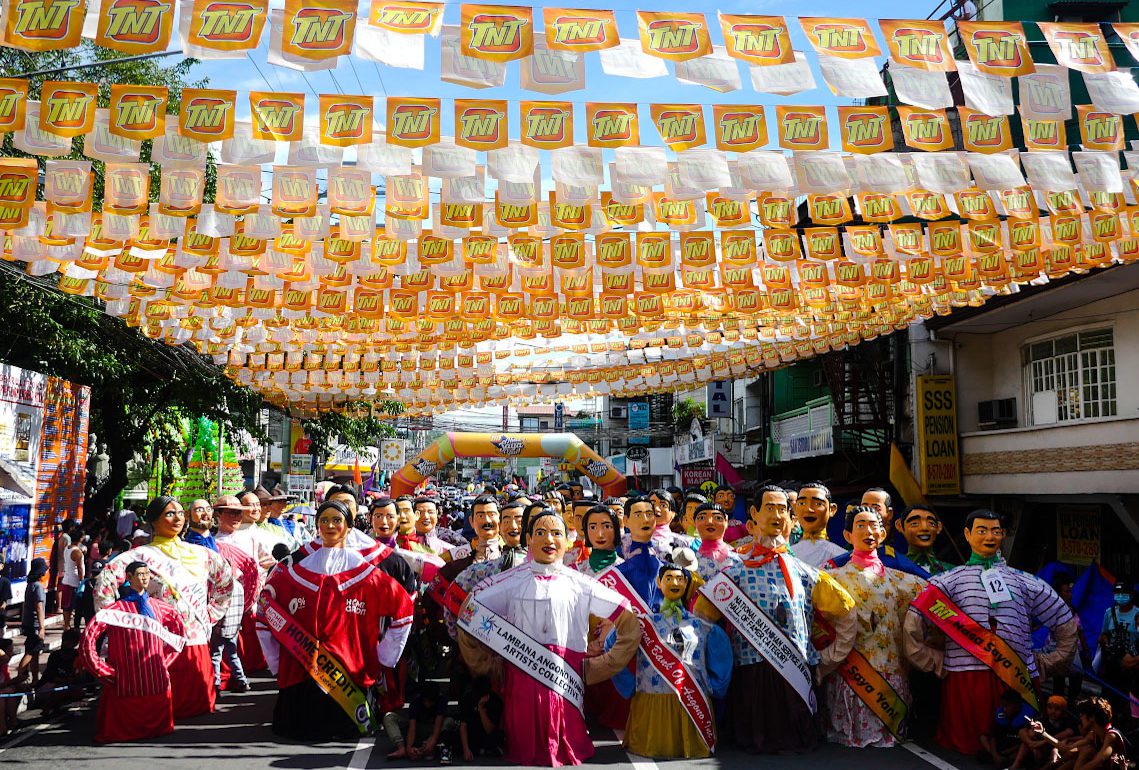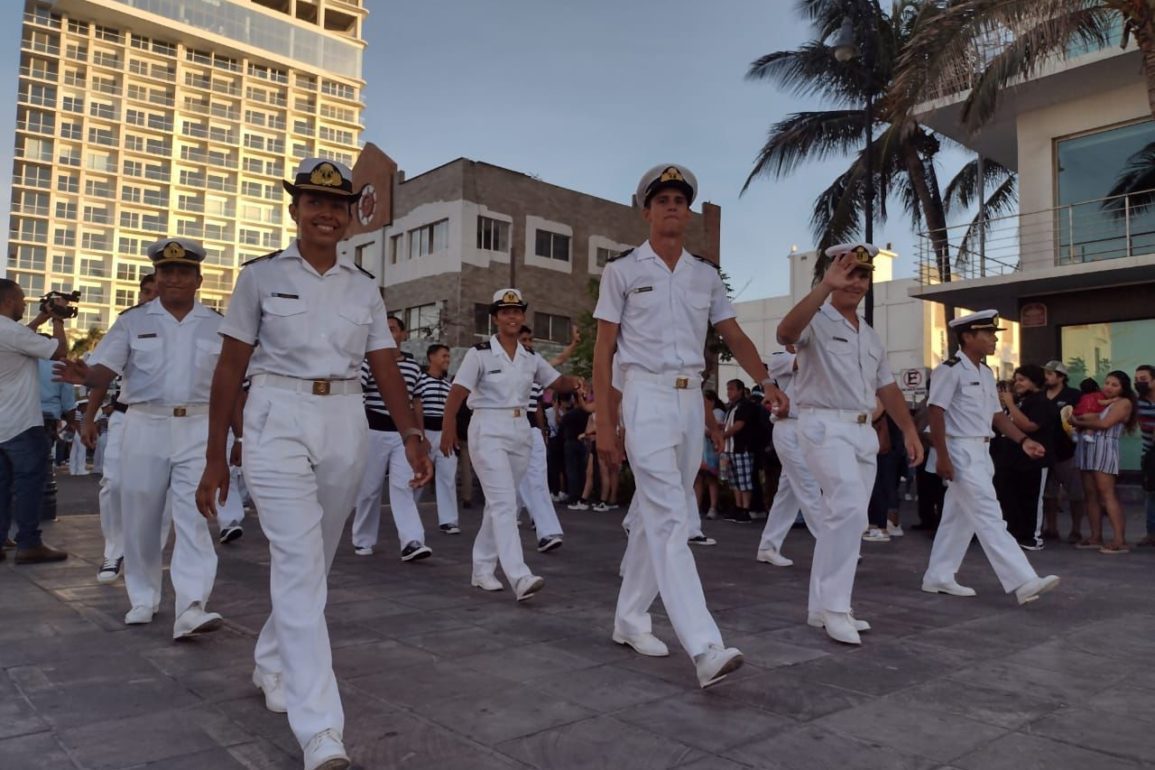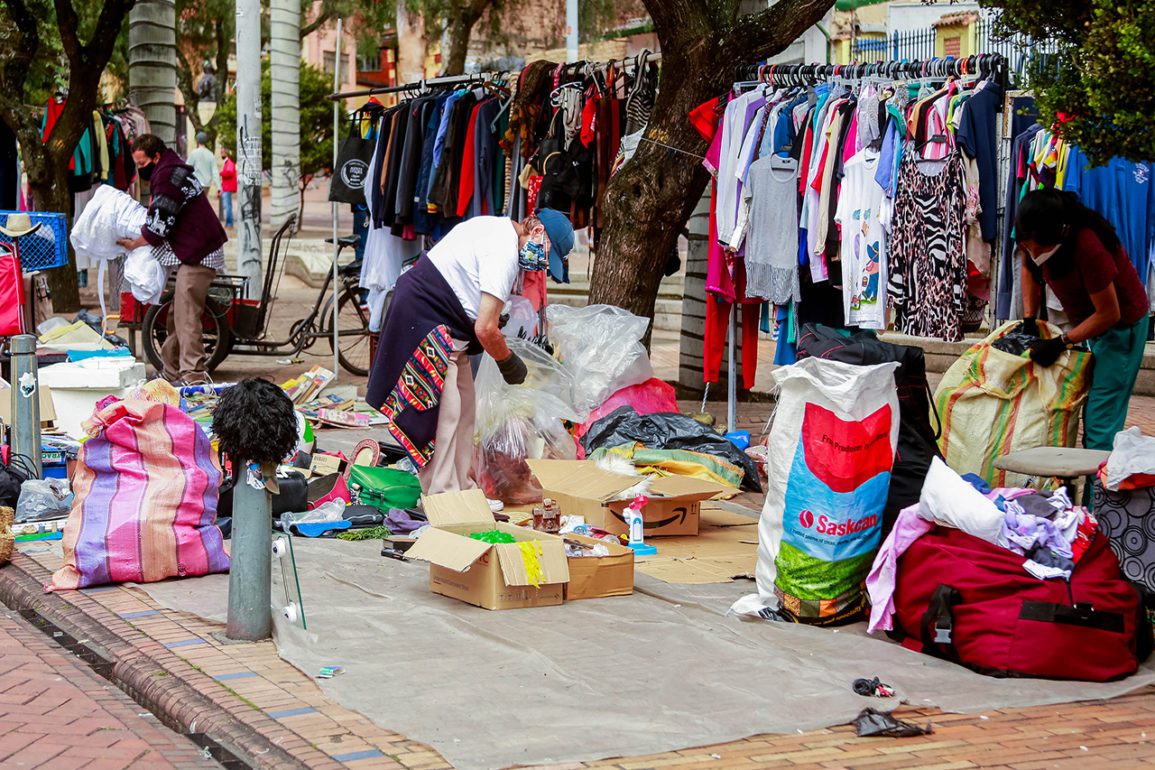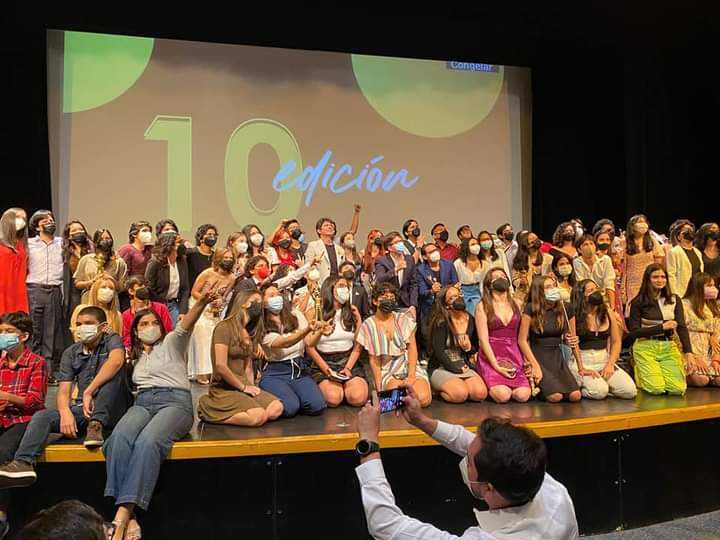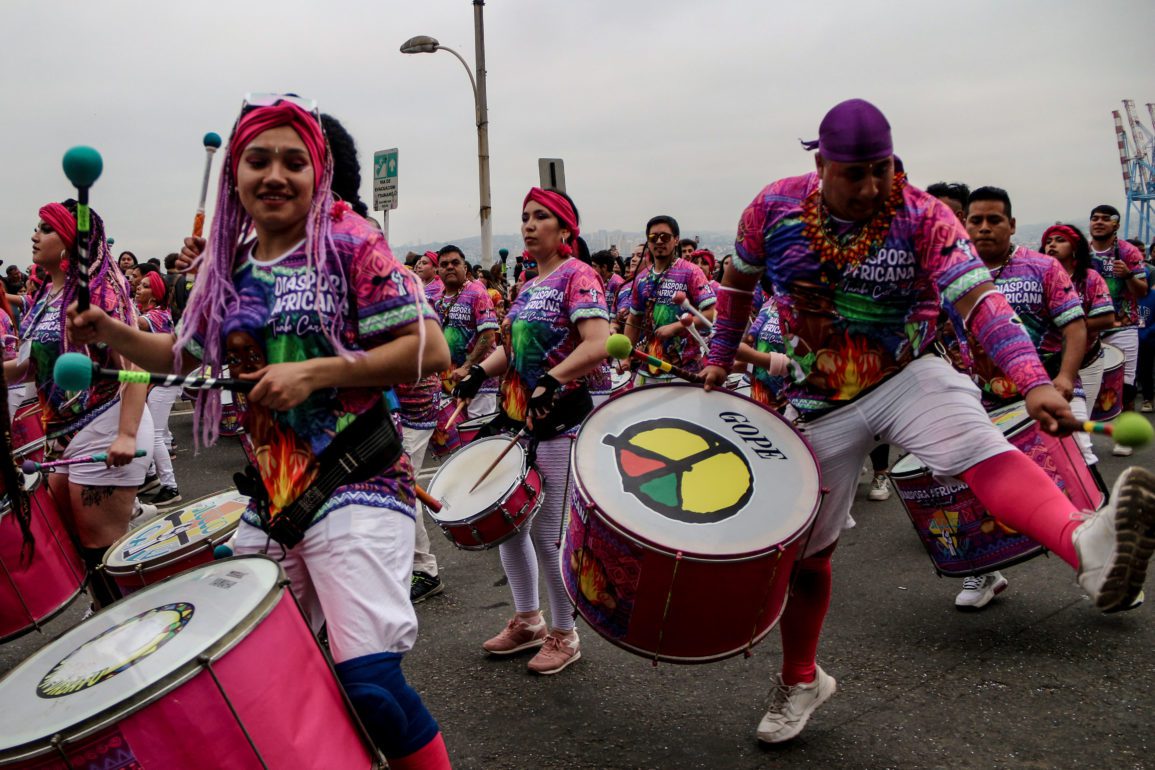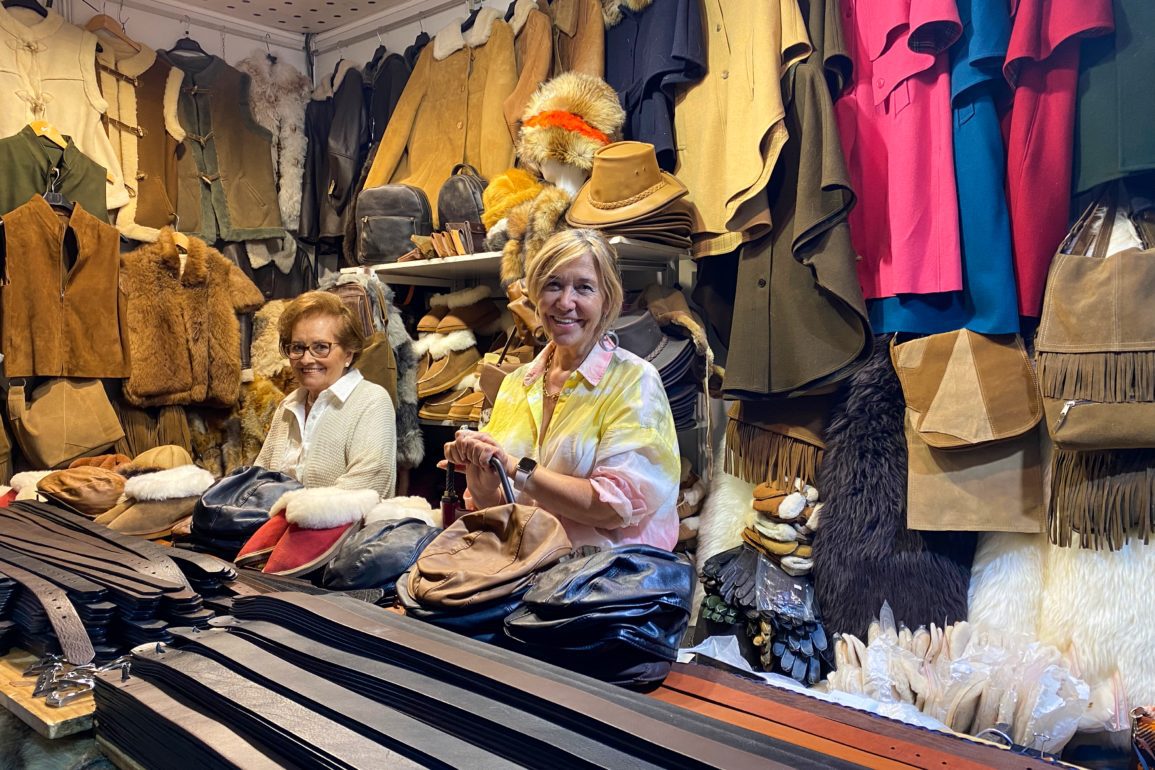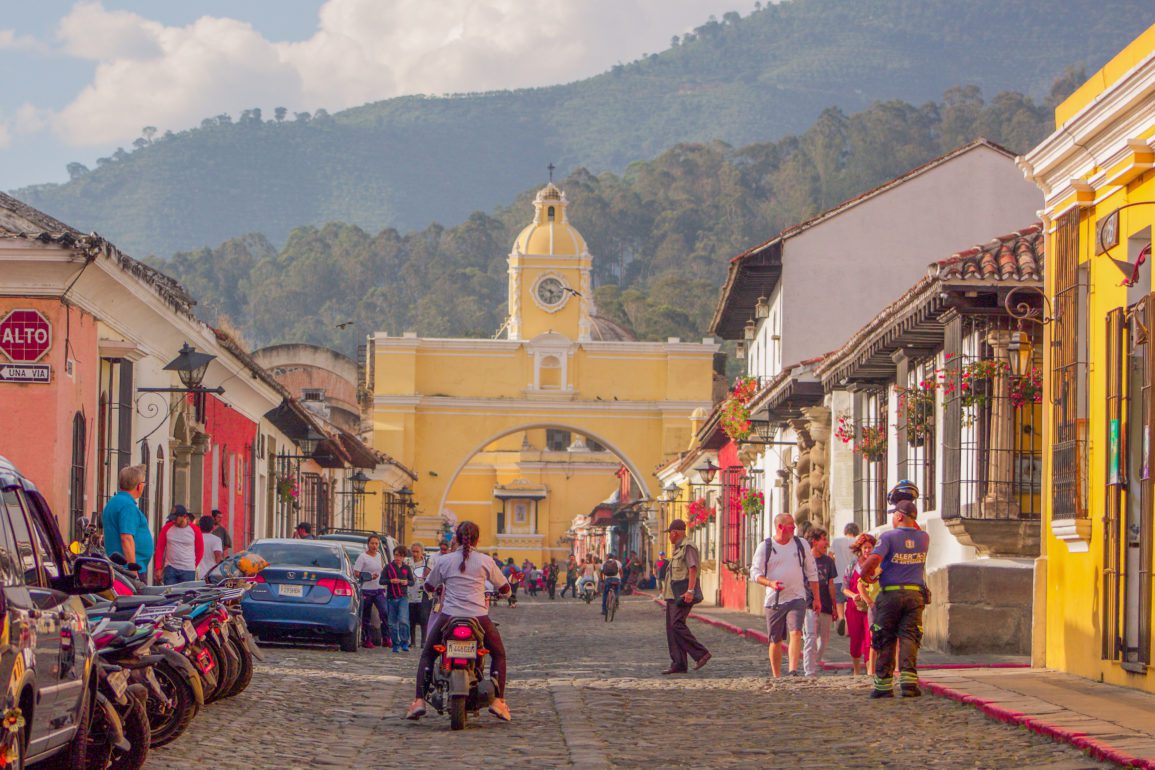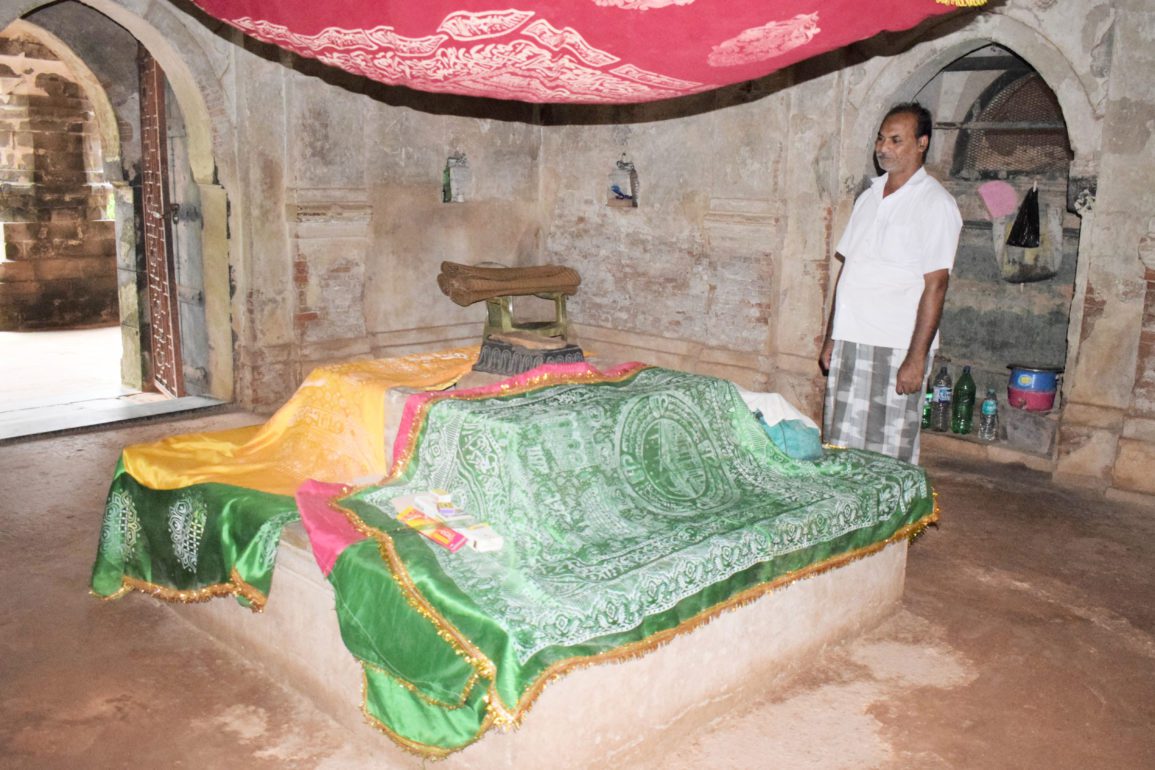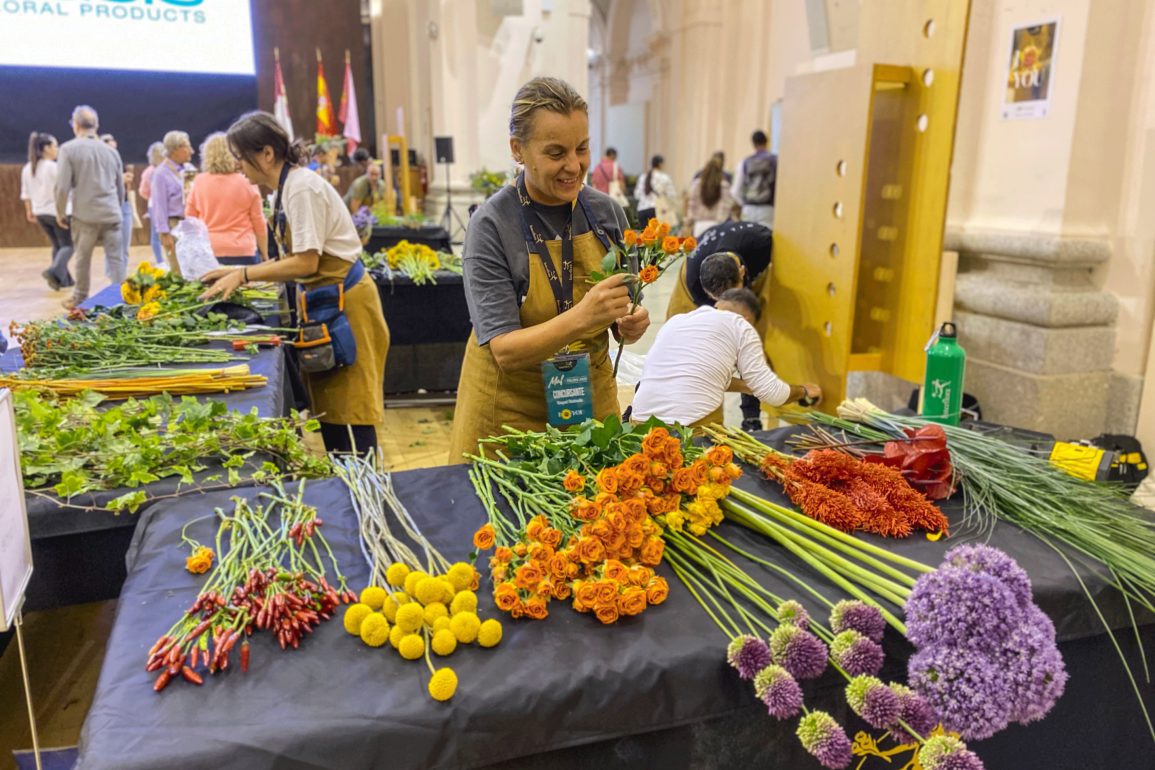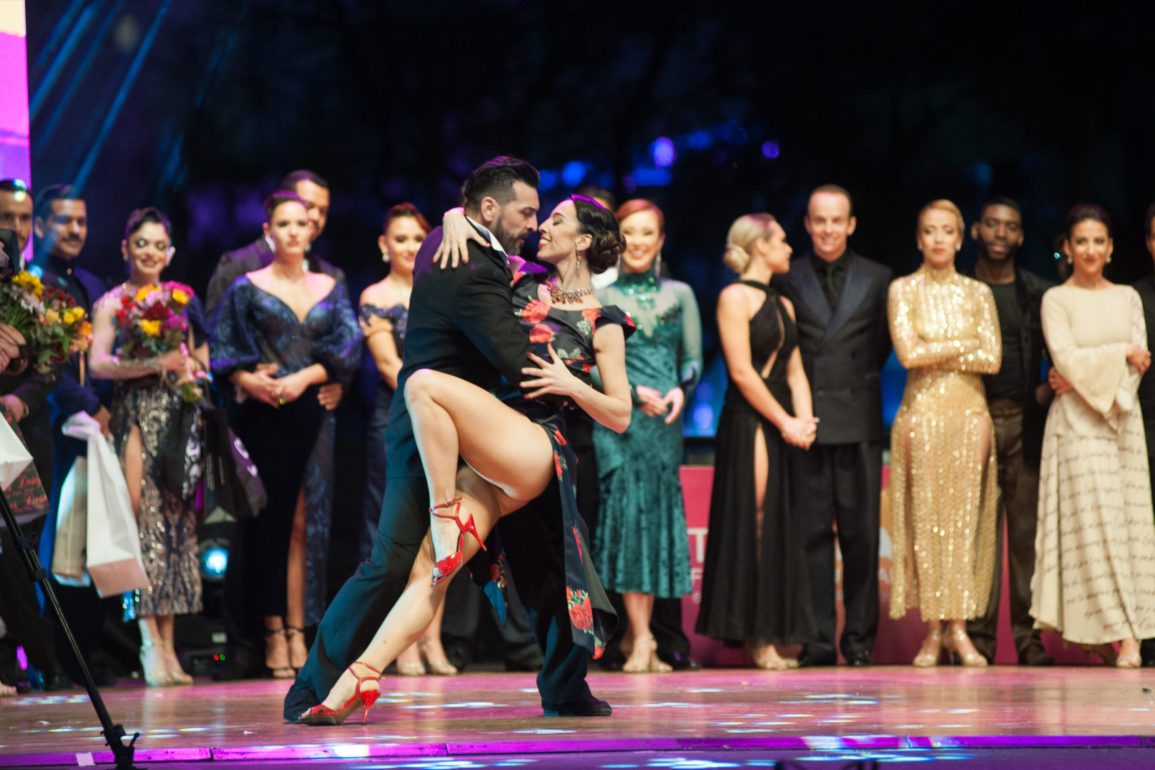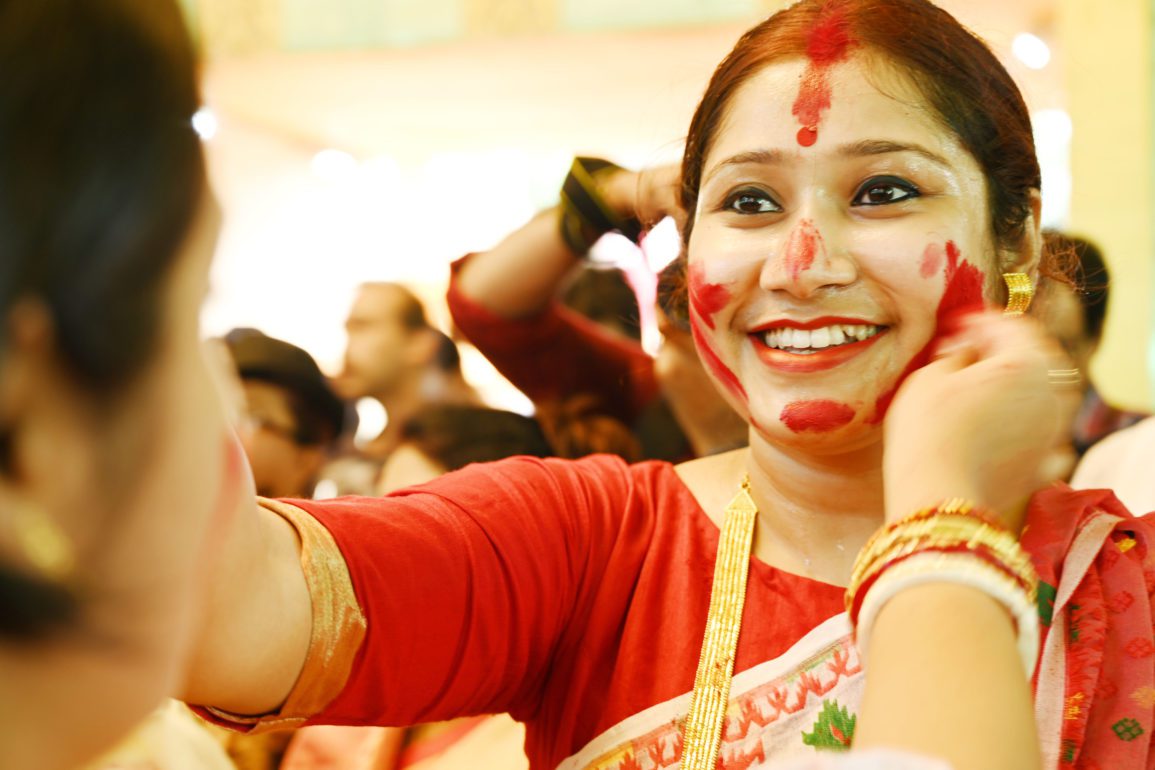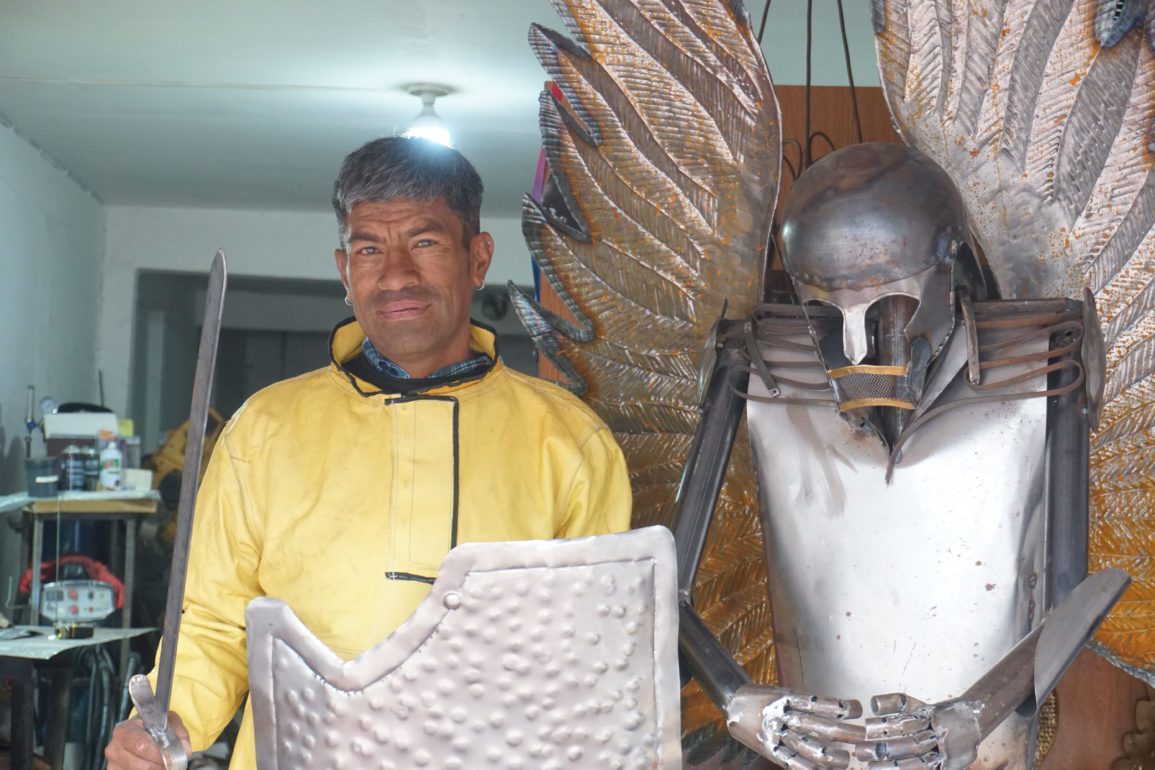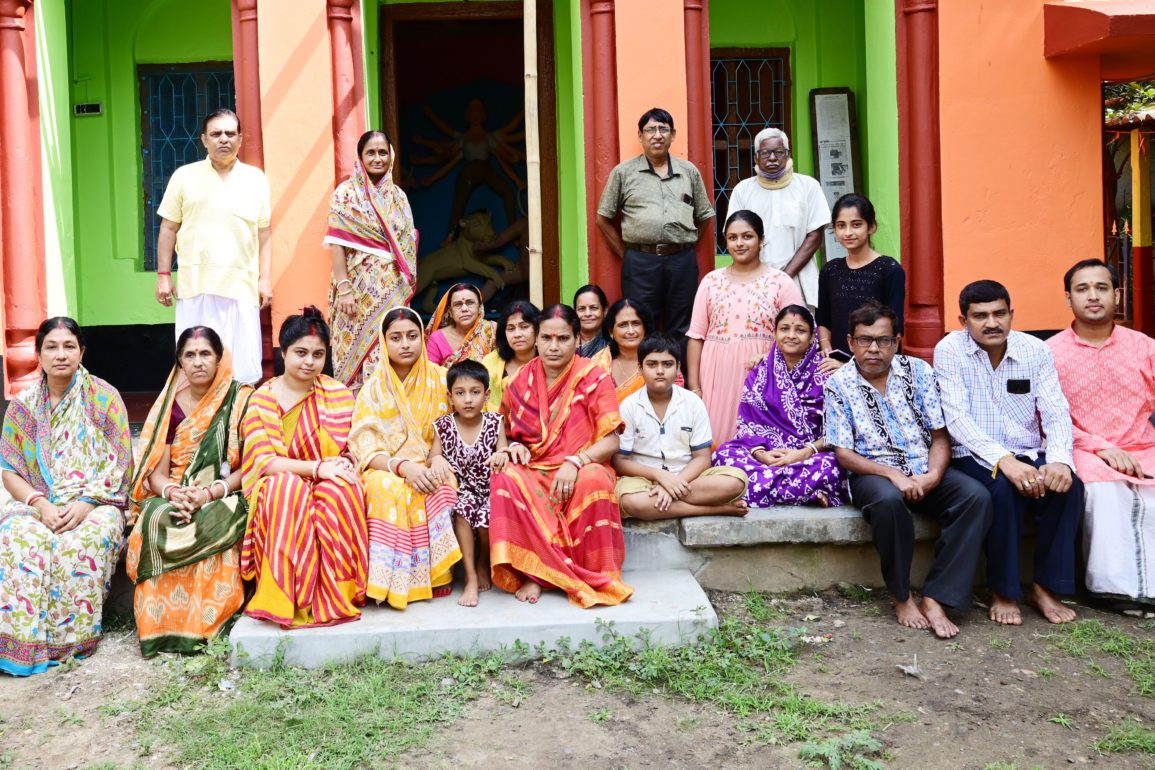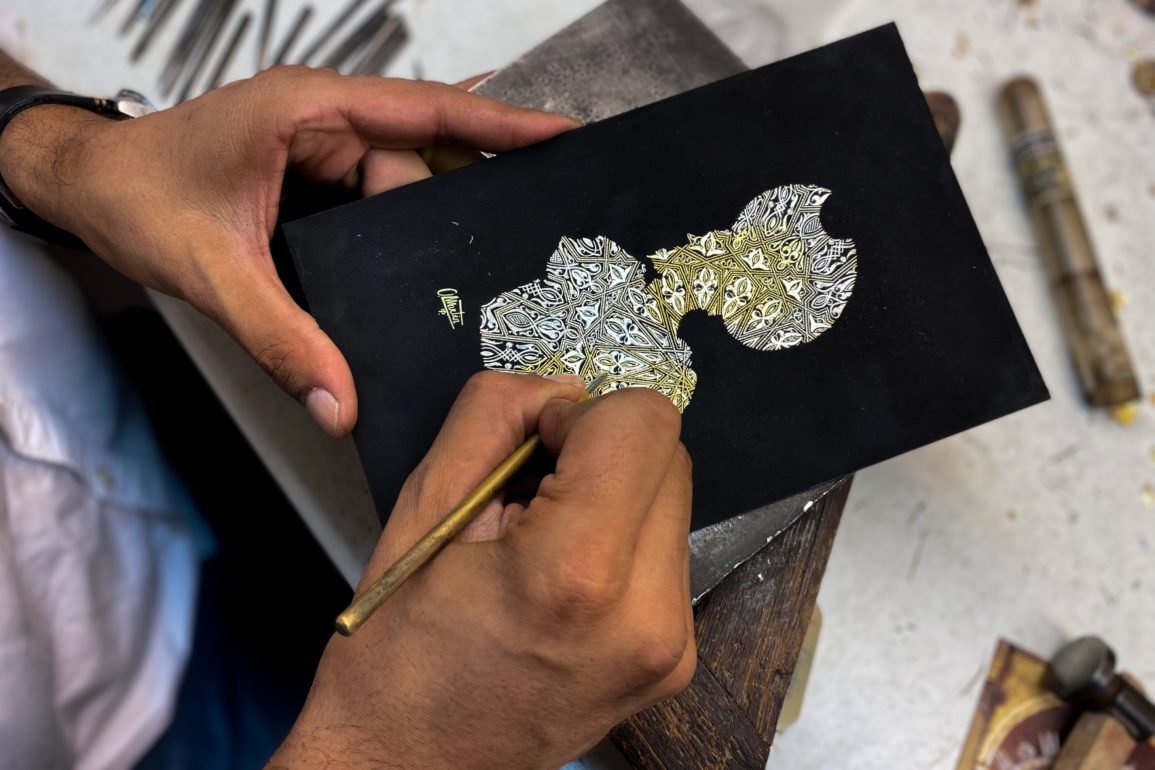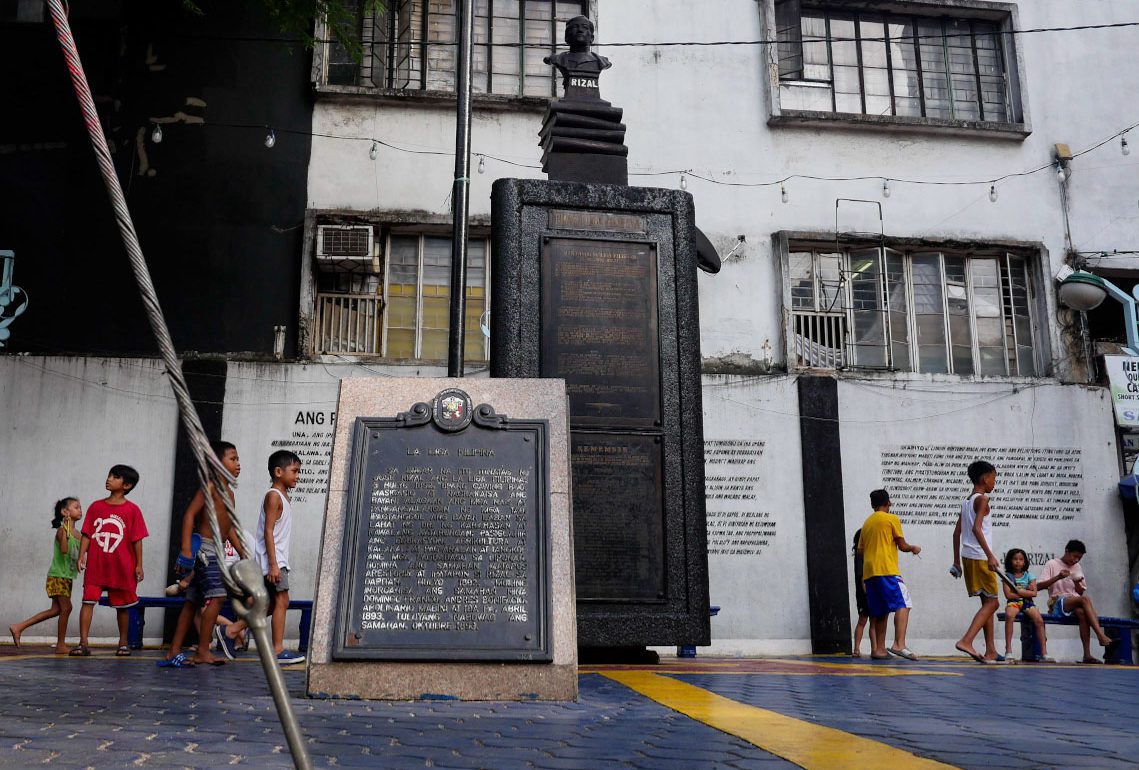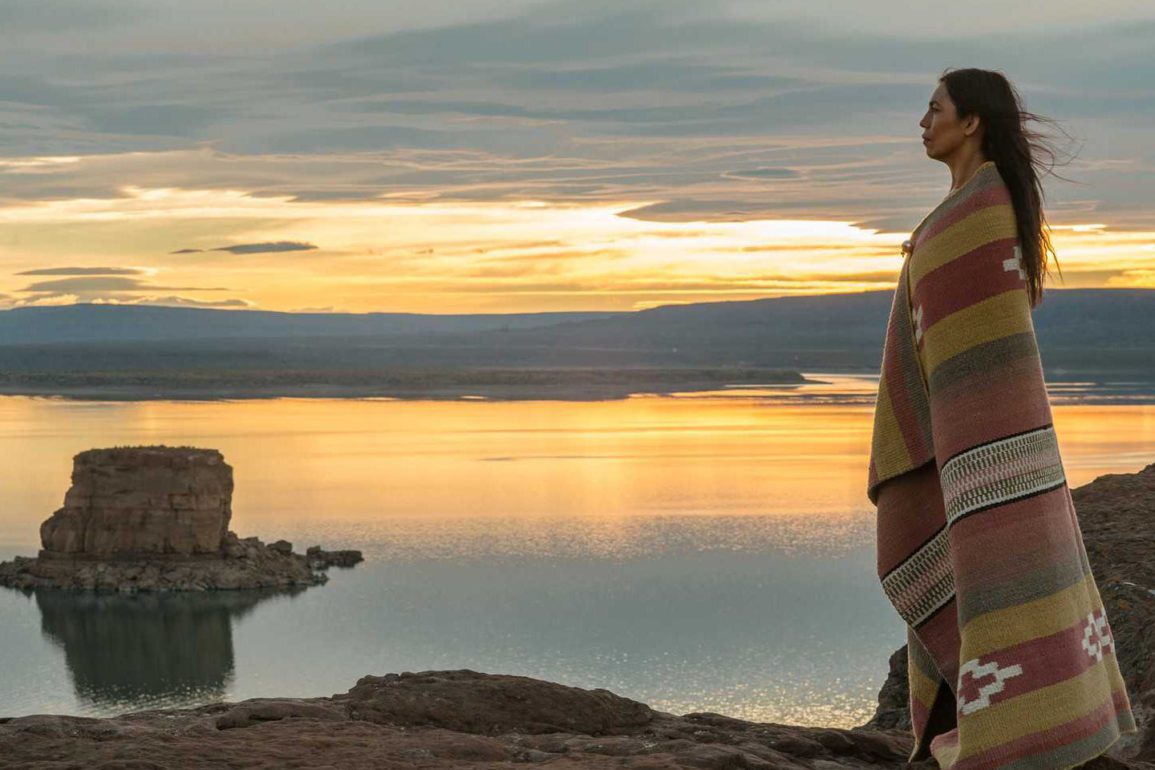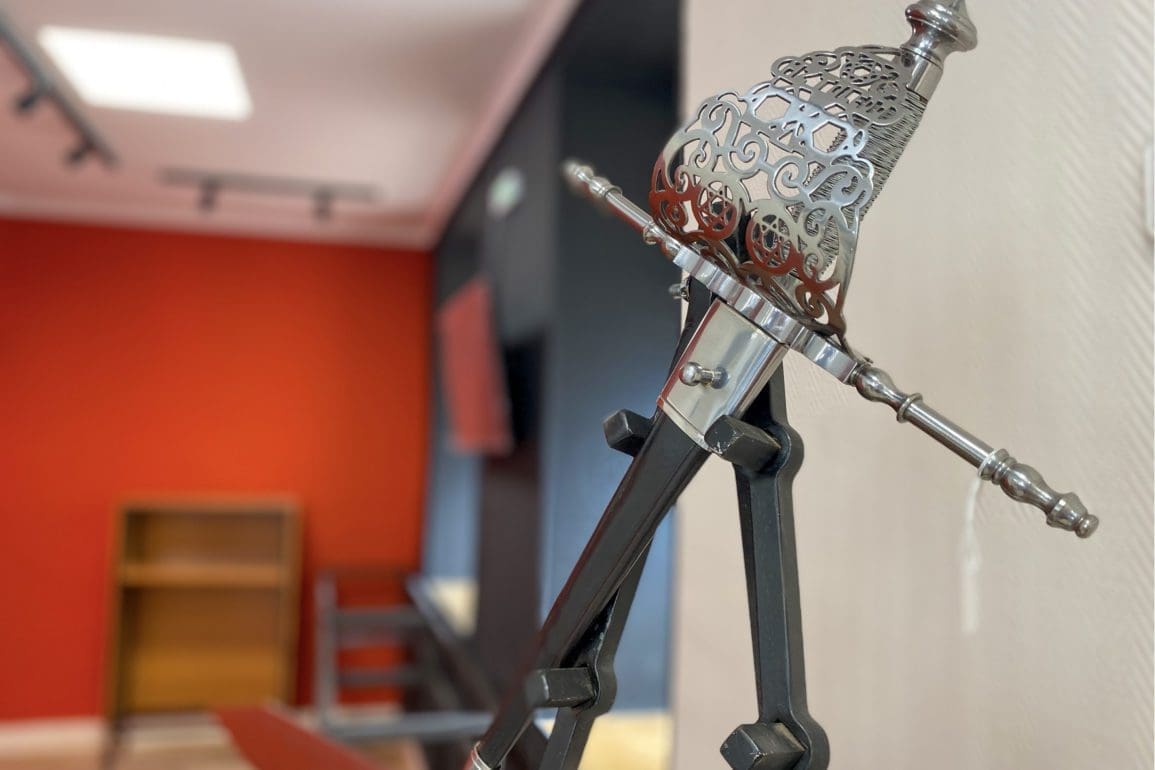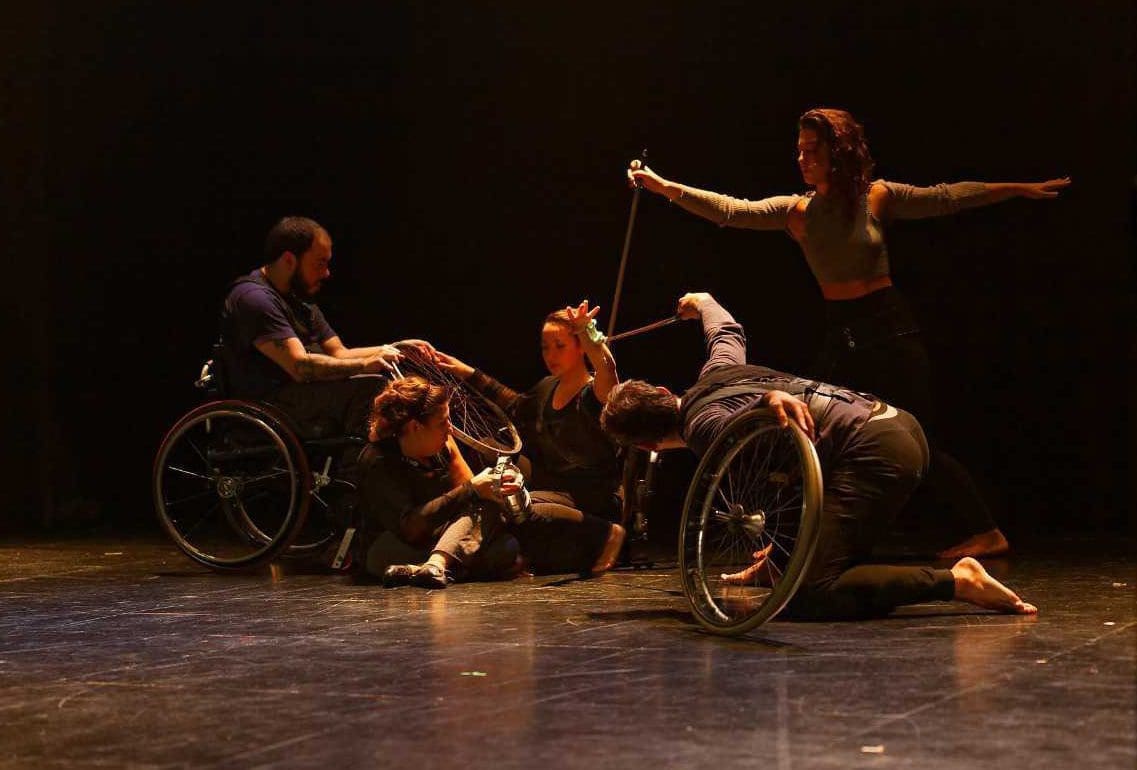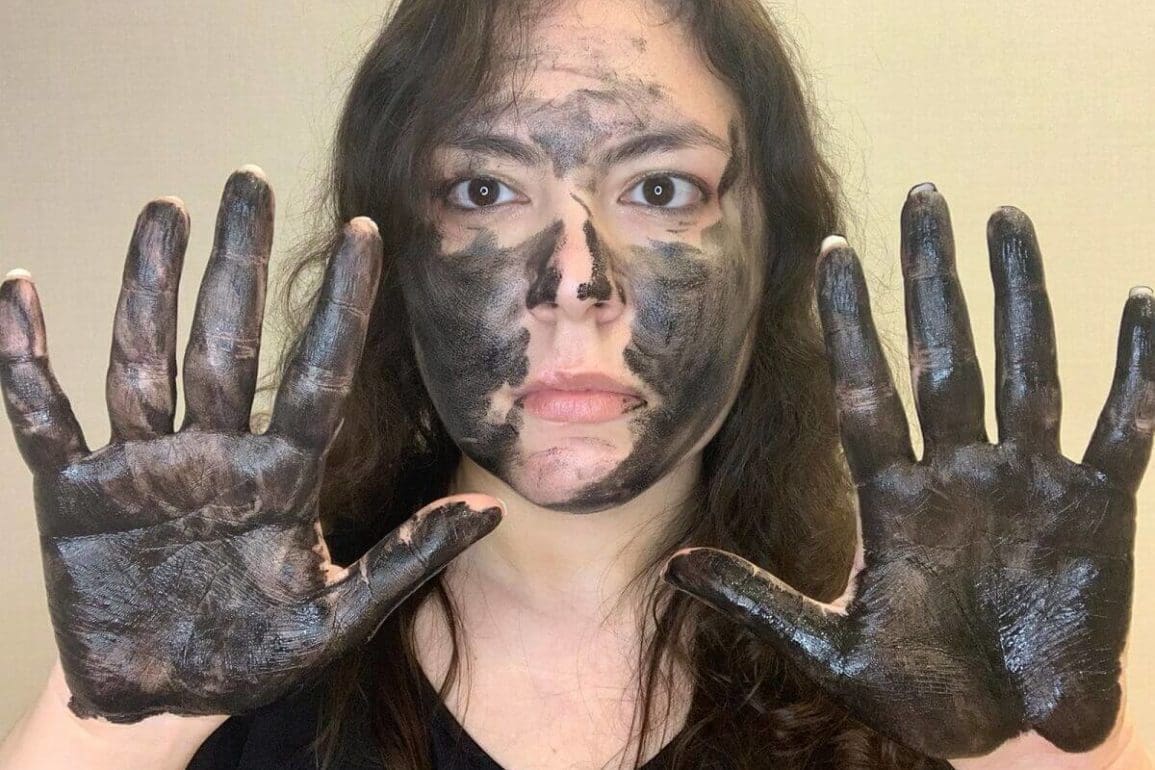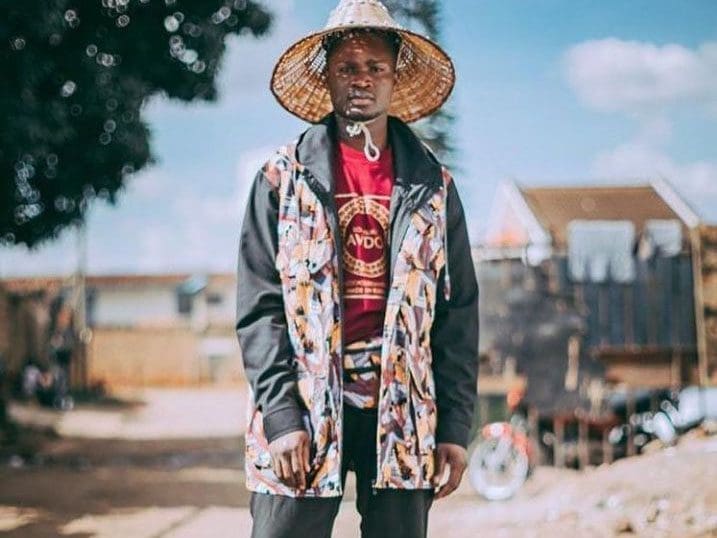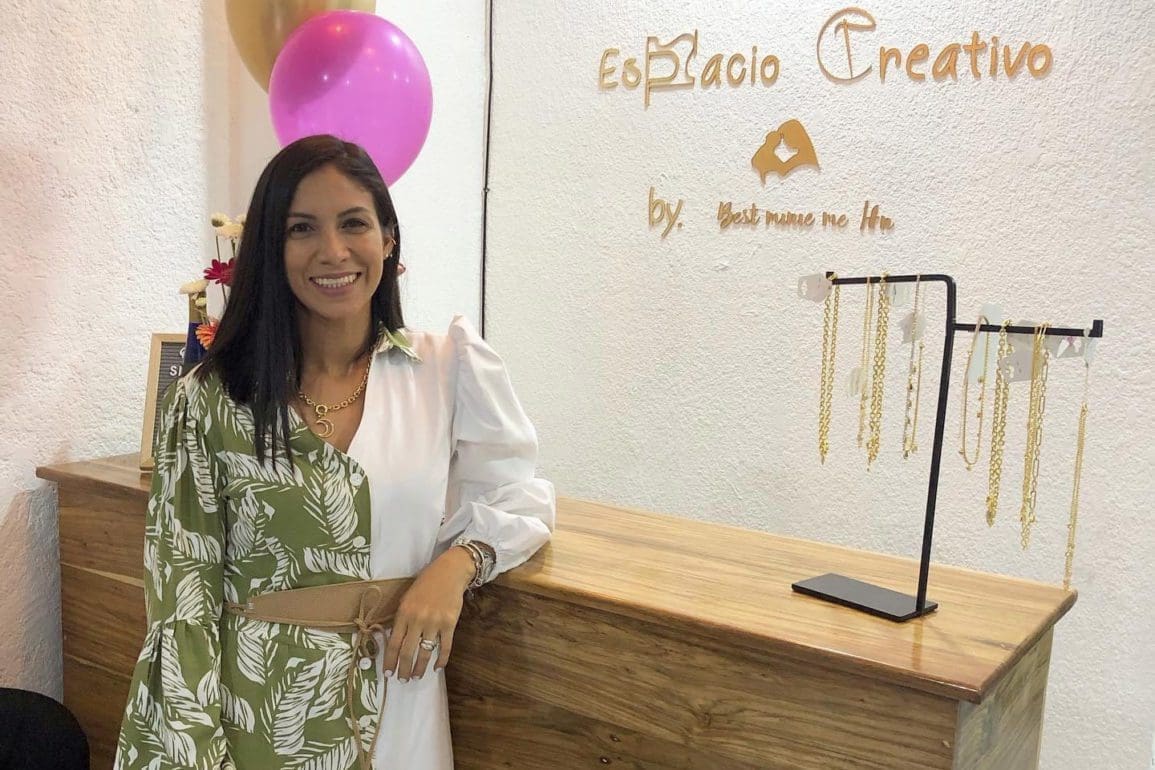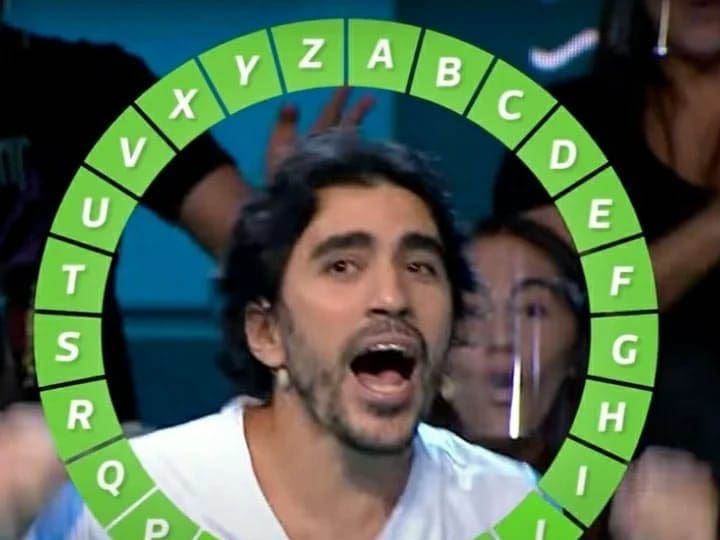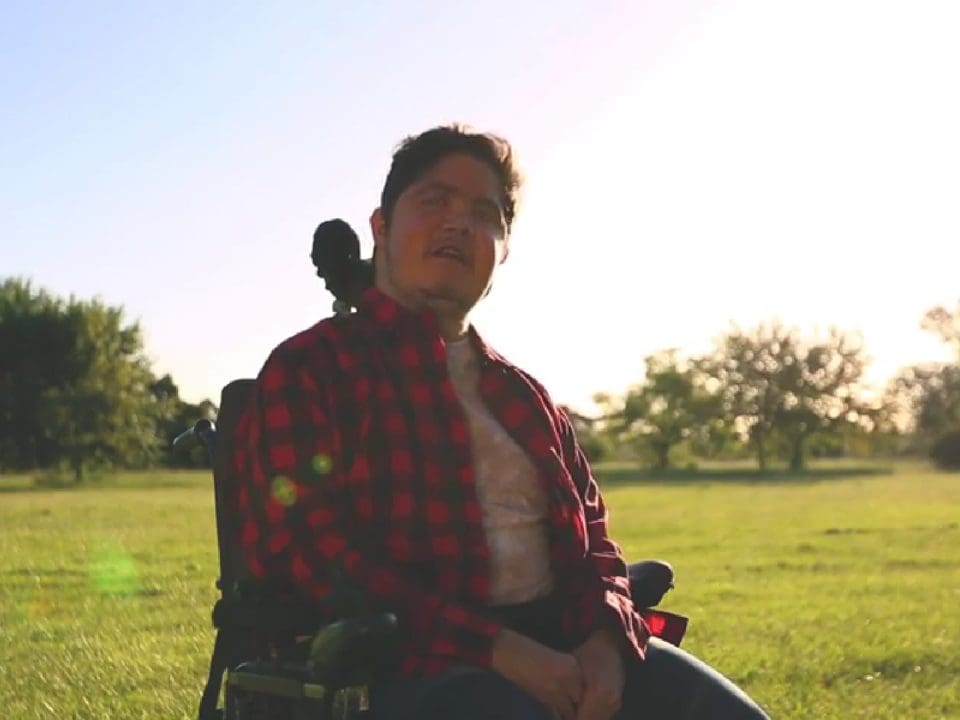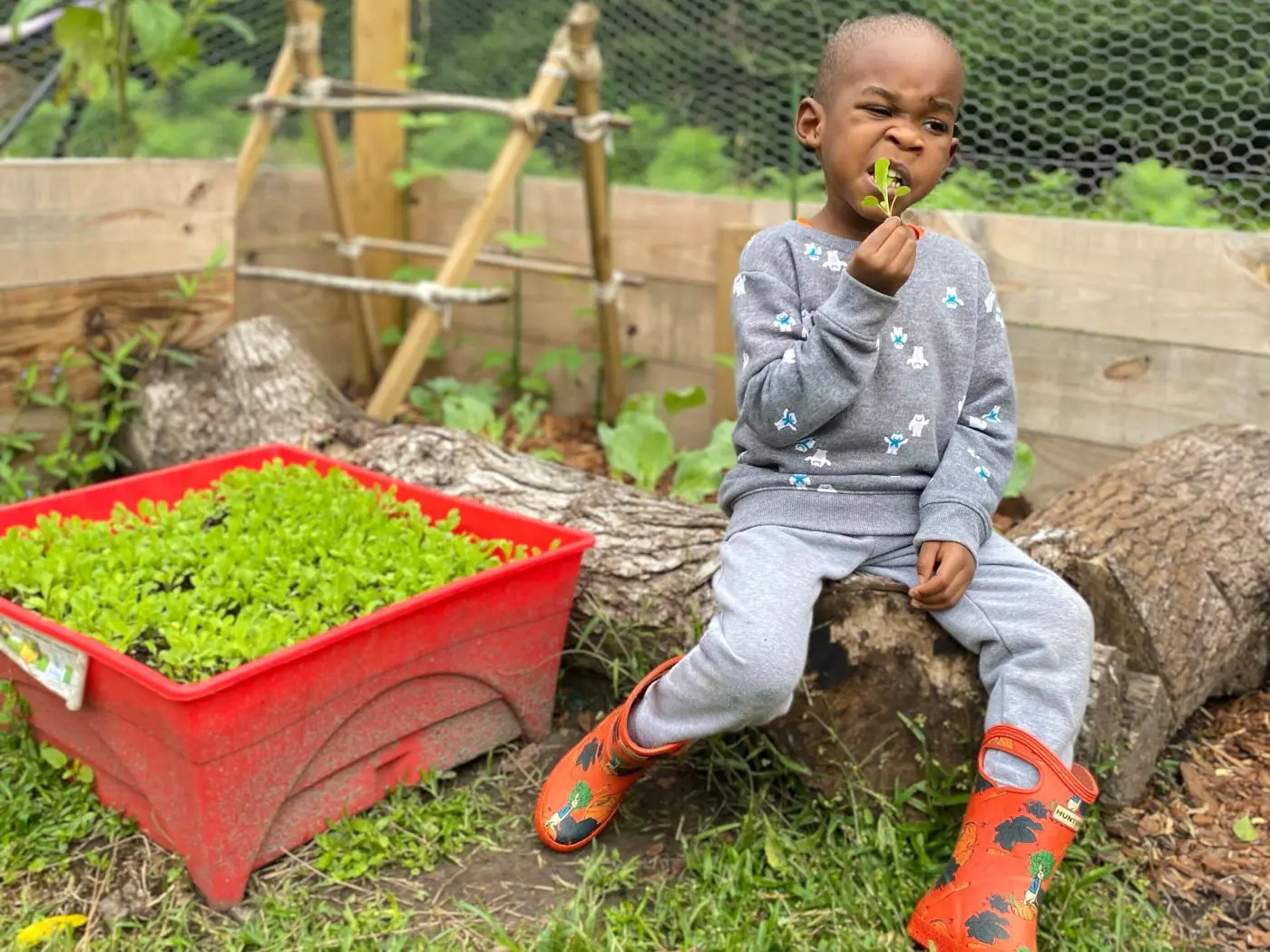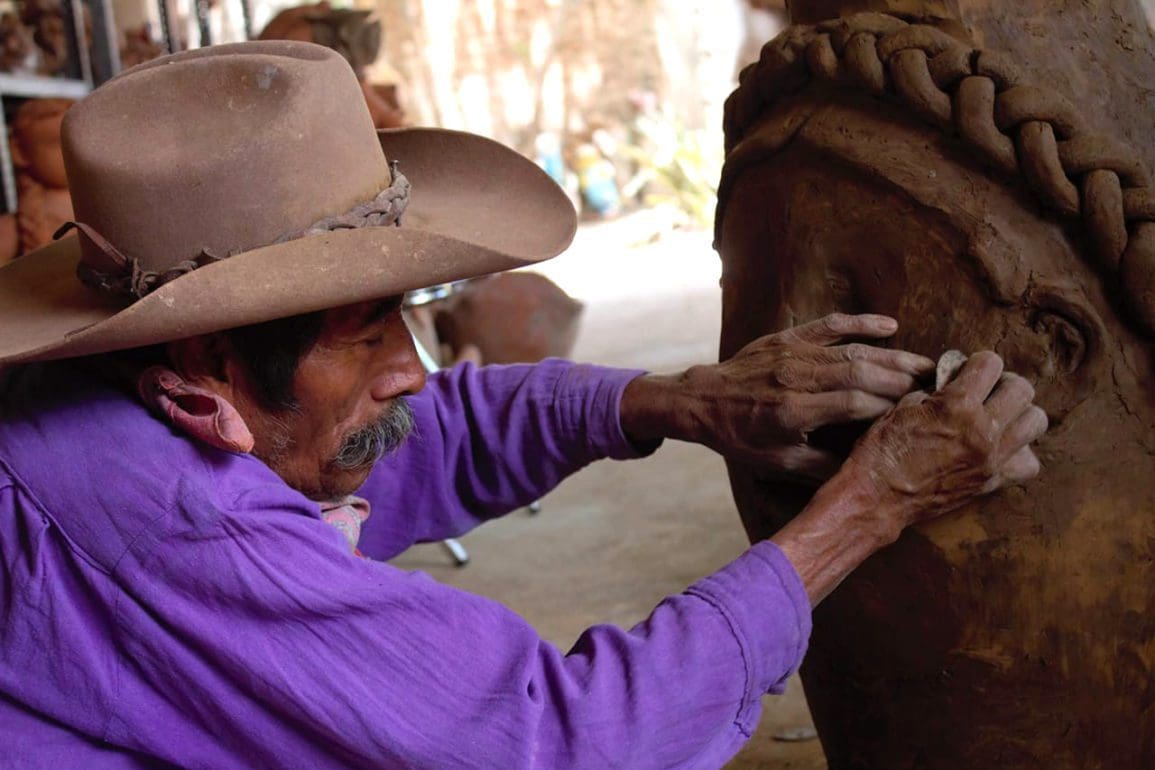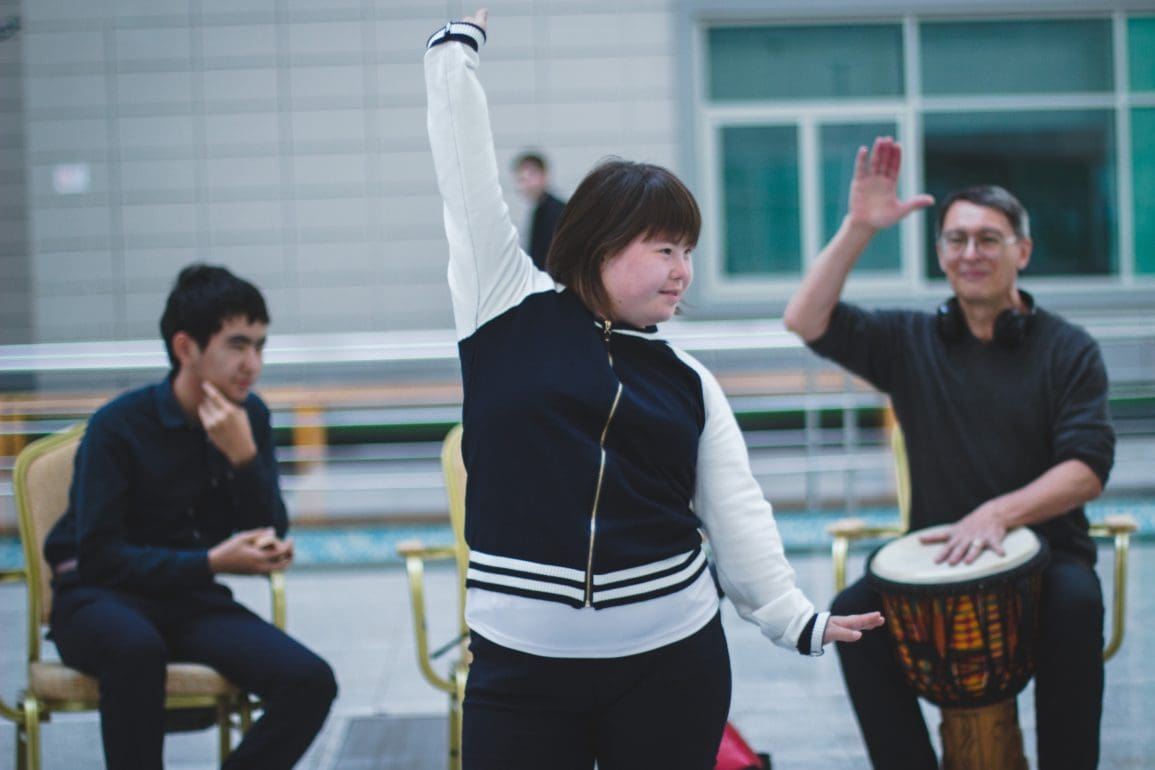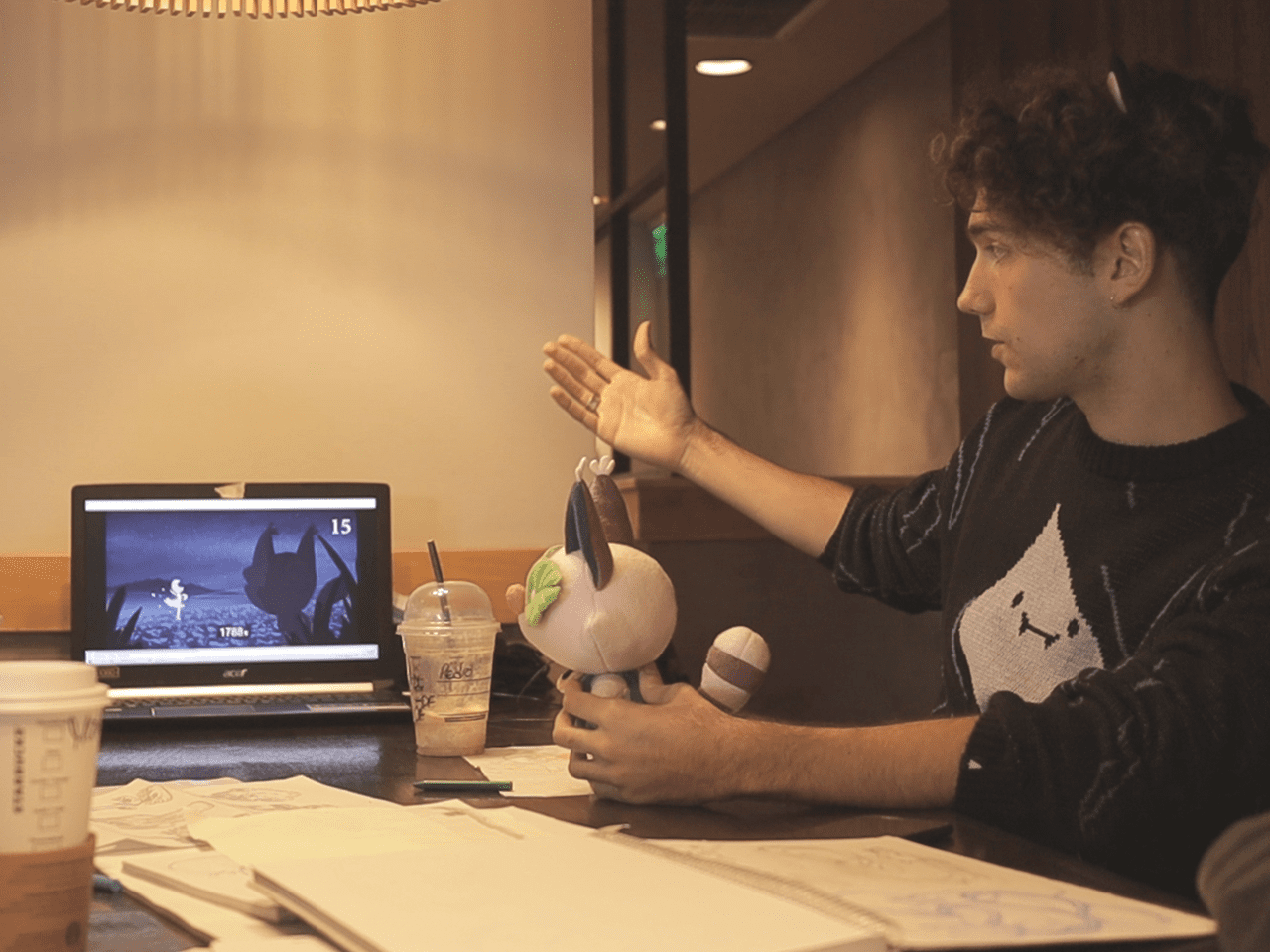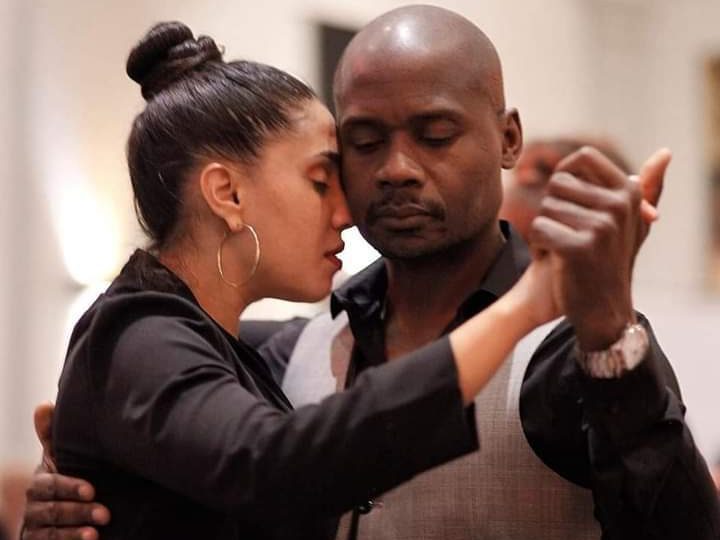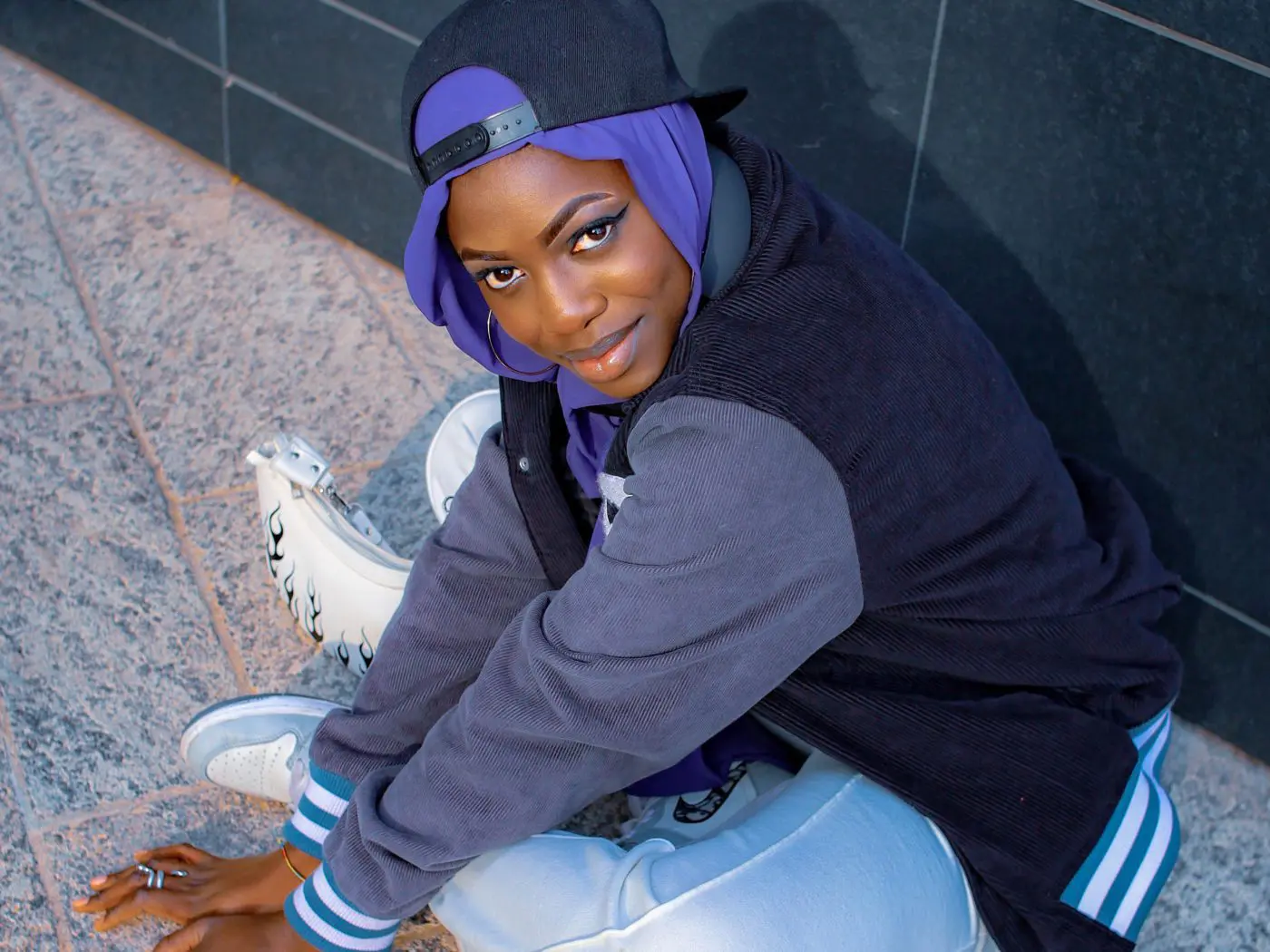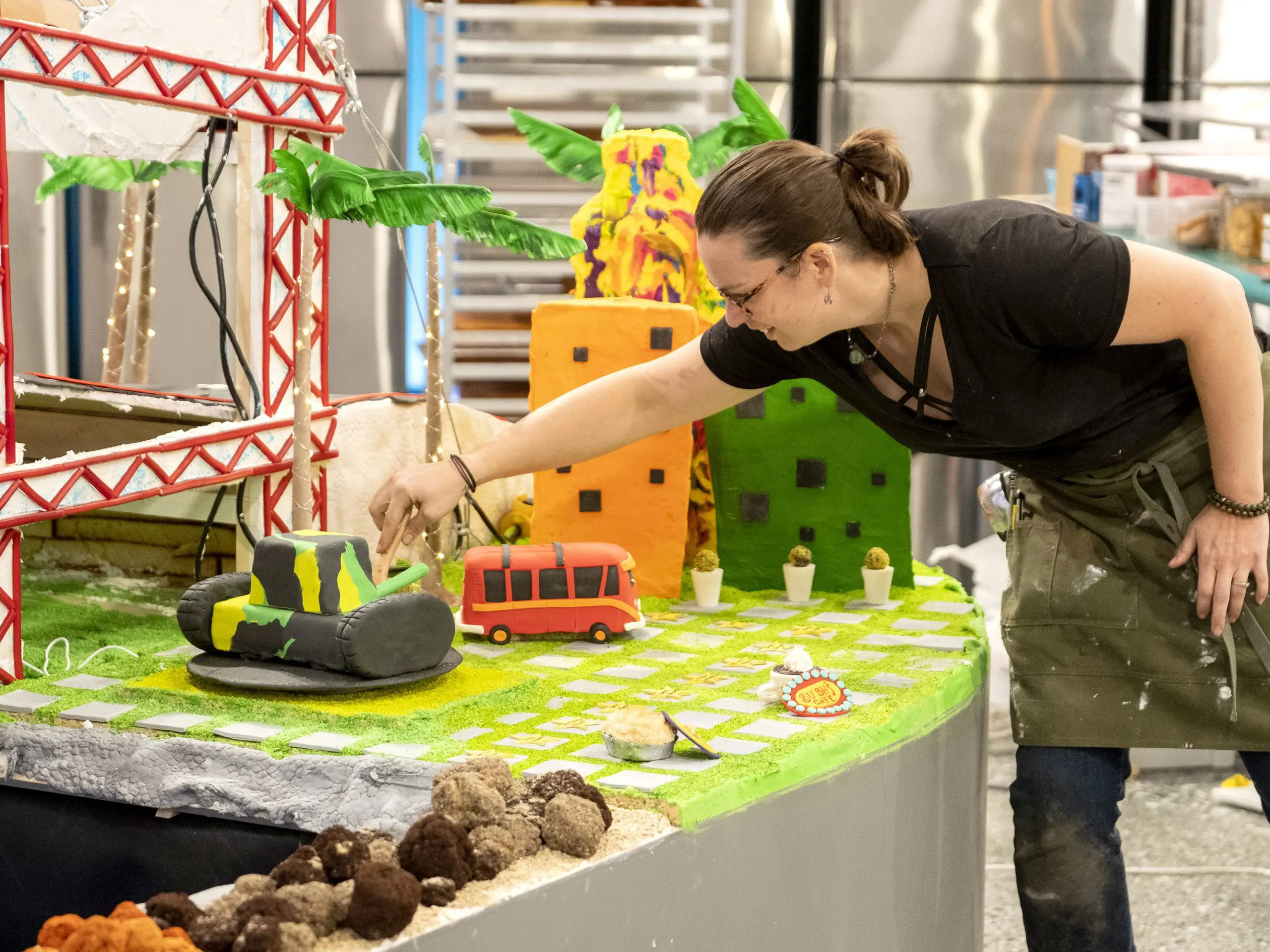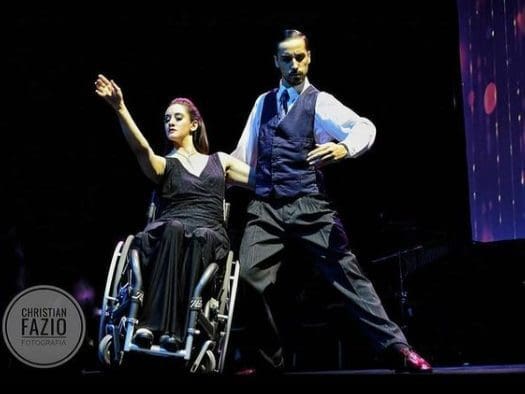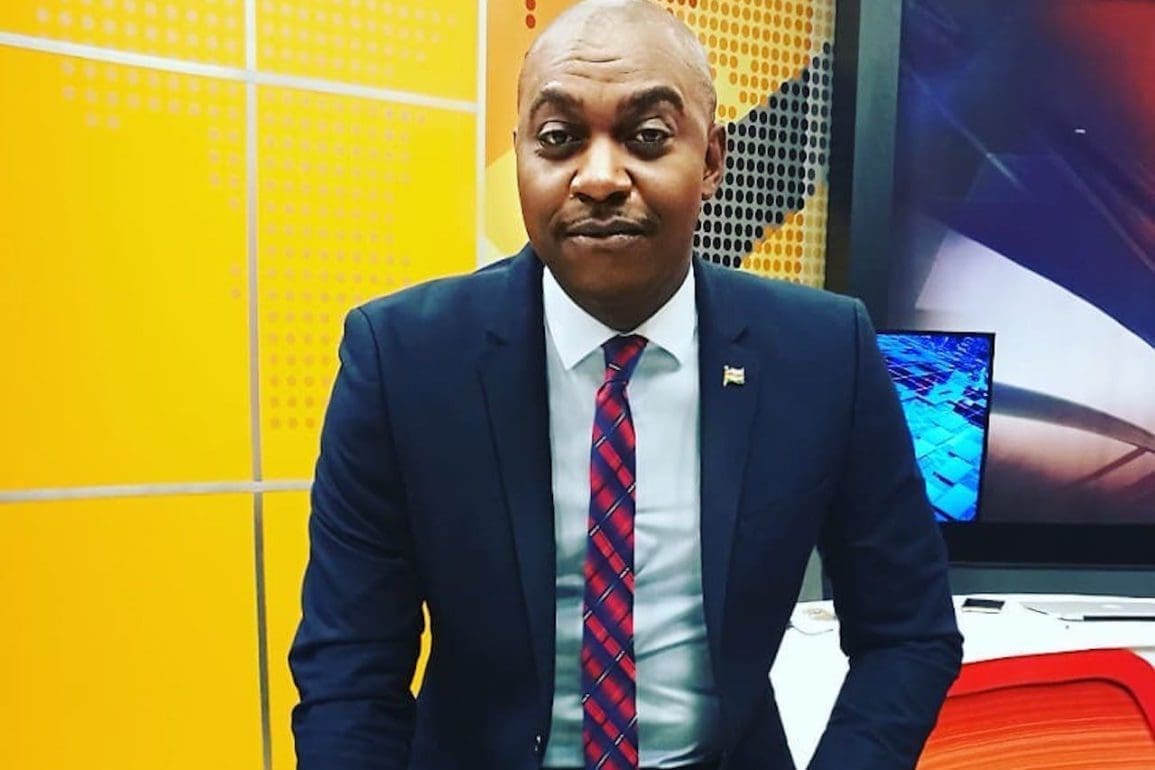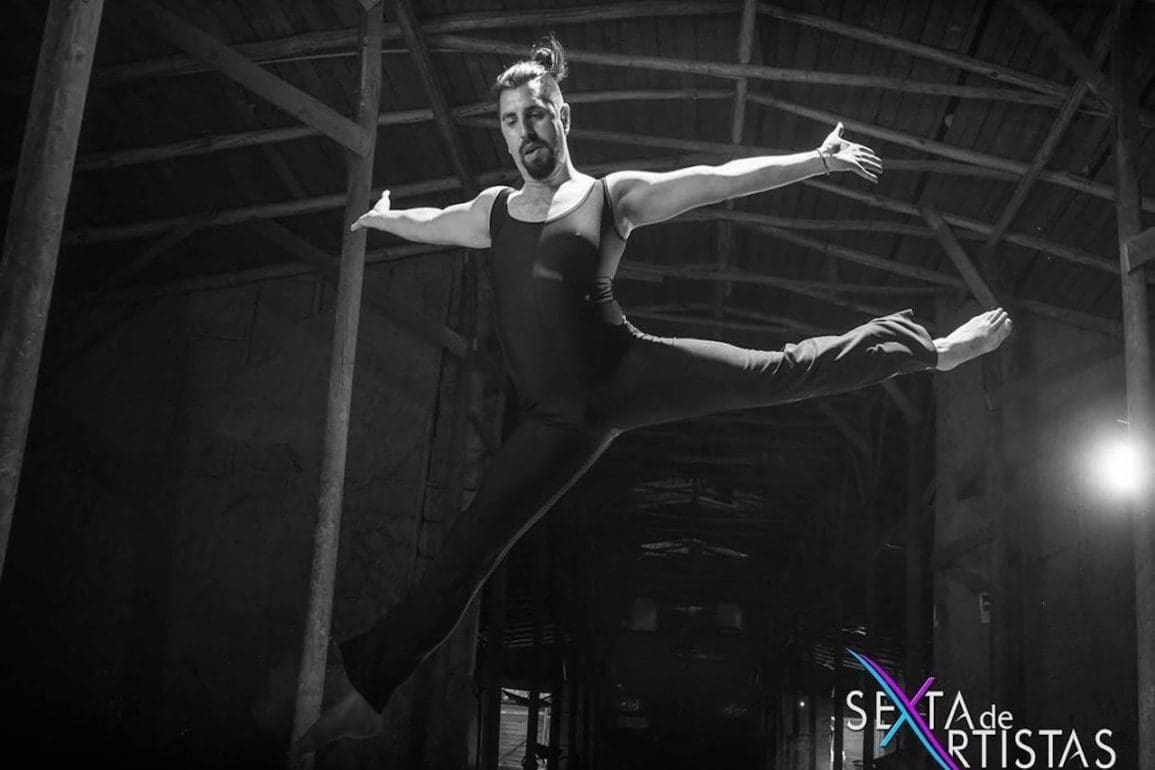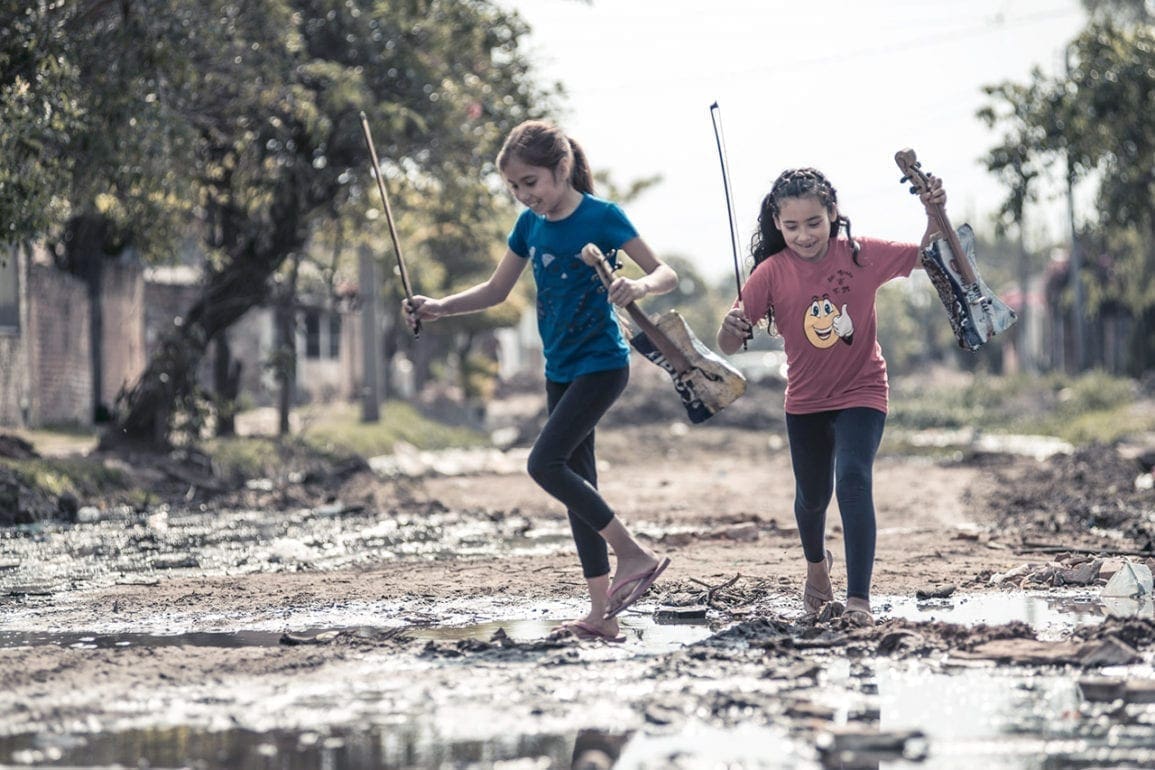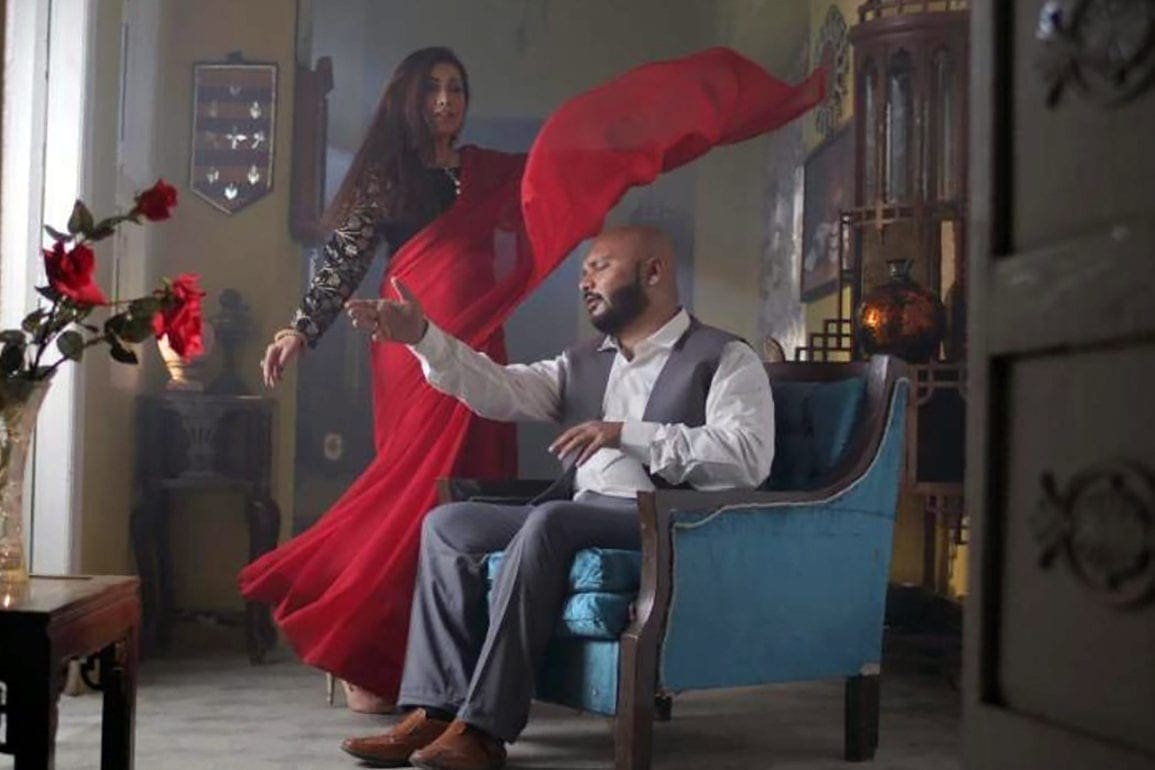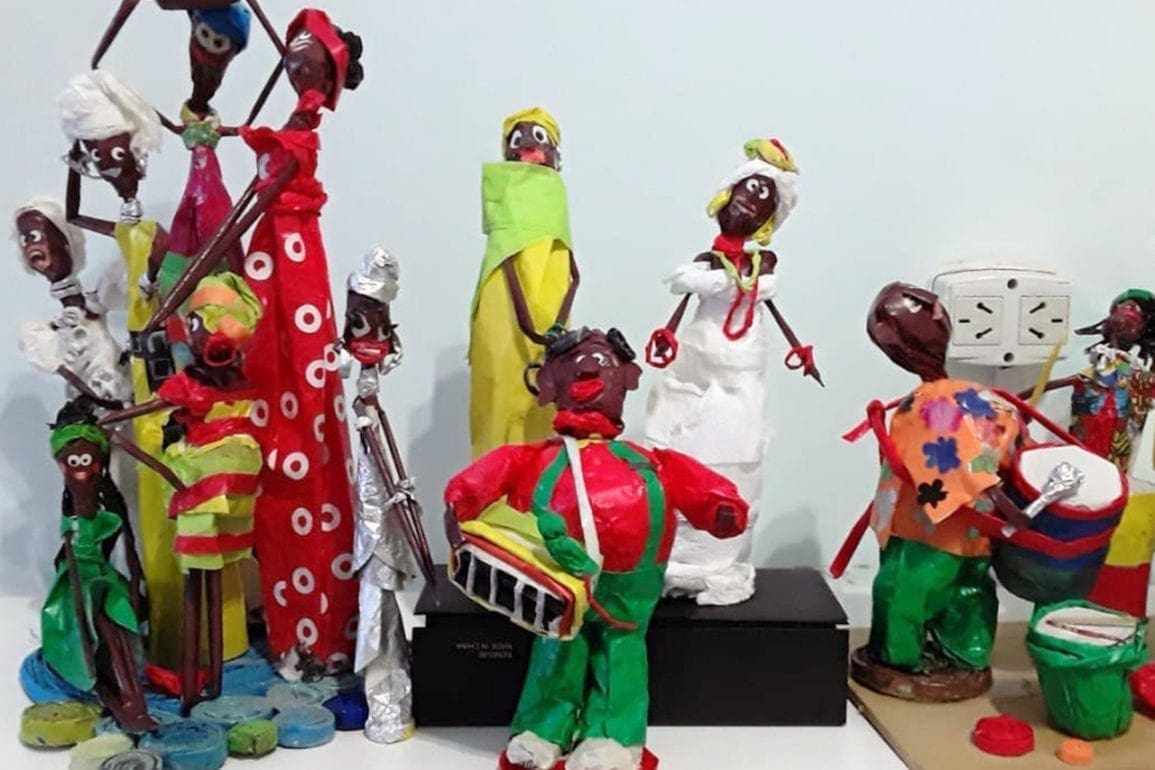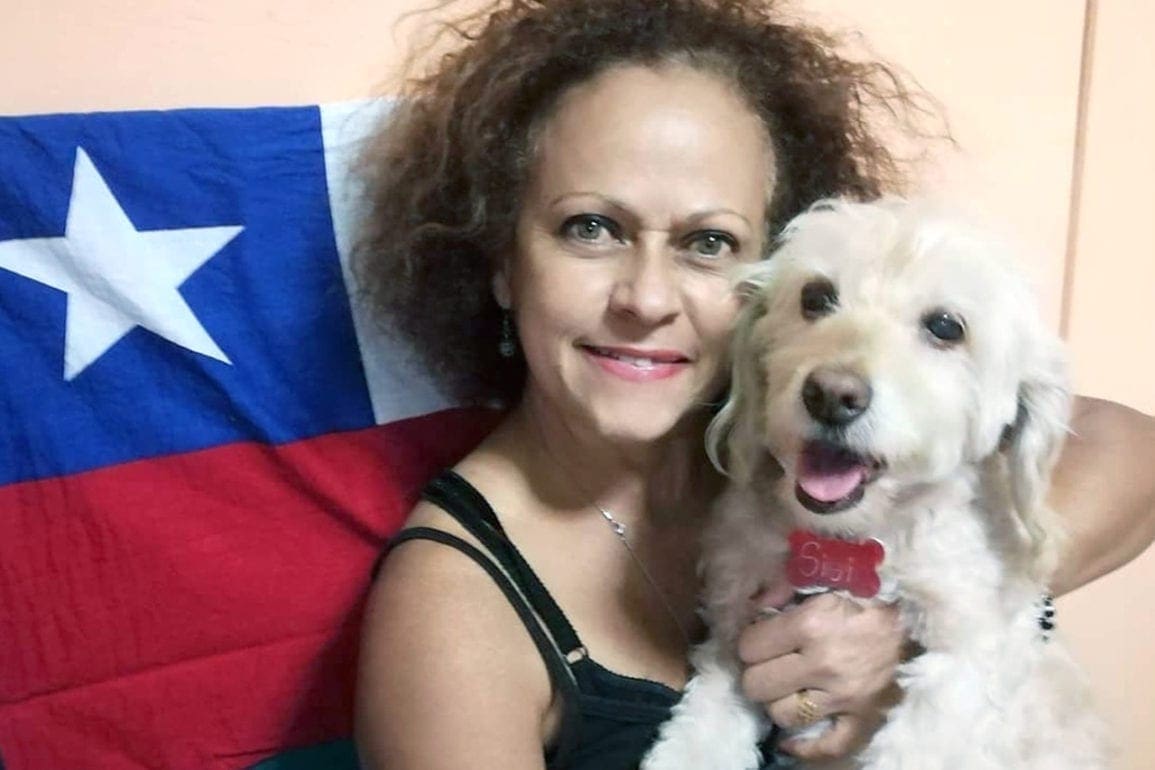Honduran filmmaker immigrates to U.S., wins seven Emmy Awards
In 2007, I migrated from Honduras and arrived in the United States in search of better opportunities. Like most immigrants, I had to work all kinds of jobs. I started from nothing.
- 3 years ago
September 23, 2022
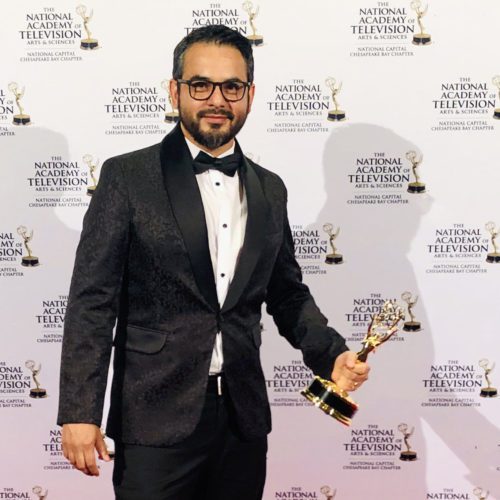
WASHINGTON, United States — In 2016, I sat at a table at the Emmy Awards ceremony. As I enjoyed great conversations with the guests around me, I paid little attention to the event. Suddenly, everyone in the room started clapping and turned to look at me. I won my first award for excellence in the American television industry.
“I’m like you,” said the host while announcing me as the winner in the News Promo Campaign category. I won for the Univisión series I produced. A very interesting project, it presents a compilation of stories about different people. Each story recounts the subject’s daily life as a migrant.
For me, even being amongst the nominees felt triumphant. I never imagined I would win. As I walked toward the podium and began mentally preparing myself, I realized I had no idea what to say. I had not prepared a speech. Luckily, I can improvise well.
Though surprised, it felt incredibly rewarding to win. I imagined myself winning several awards, but never imagined it would happen in those exact moments. Since then, I have added seven Emmy awards to my repertoire. I imagine winning even more and yet I remember my dad always telling me, “If you want to make God laugh, tell him your dreams.”
From immigrant to film aspirant to Emmy Award winner
In my youth, I wanted to study cinema. I felt passionate about art. However, in Honduras, a career in arts seemed unheard of. I did not have the resources to study abroad, so I figured out other ways to dabble in media. I worked in radio and television as a producer, and for some time, as a host.
One day, I had the opportunity to work the camera. I previously acted in shorts and considered myself a terrible actor, but behind those lenses, I realized production would be my true passion. Creating and carrying out an idea from the moment it was written on paper to its visual interpretation, became a joyful process.
So, in 2007, I migrated from Honduras and arrived in the United States in search of better opportunities. Like most immigrants, I had to work all kinds of jobs. I started from nothing. First, I took a job in a kitchen and then in valet parking. I stayed focused on my goal of getting into television and kept an eye out for opportunities.
Slowly, I became involved in the artistic world, first in commercial and journalistic photography. It turned out to be a hidden talent and I got discovered. Sometime later, I recieved an opportunity in radio. Eventually, I became a part of Univisión, Washington, as a sports show host. Even though I liked sports, presenting them landed outside of my comfort zone. When I had to do it, I did my job professionally, but I preferred not to wear a tie or put on makeup.
Joining Univision turned producer’s life around
When Univisión offered me a production management role on the condition I stop appearing in front of cameras, I yelled from the top of my lungs, “Of course!”
They gave me the opportunity to create and invent. I enjoyed carrying out a project – starting from a dream, turning it into an idea, then into a project, and finally, executing that project. I had a lot of work, thanks to Univisión. They allowed me to develop my skills fully and take care of my project simultaneously.
During my time at Univision, I began working on projects independently in my spare time. The first one was the short film, “Vuelve Con Nosotros”, which we shot in three days. I set out to make it happen, jumping eagerly into it, and unconsciously feeding my dreams.
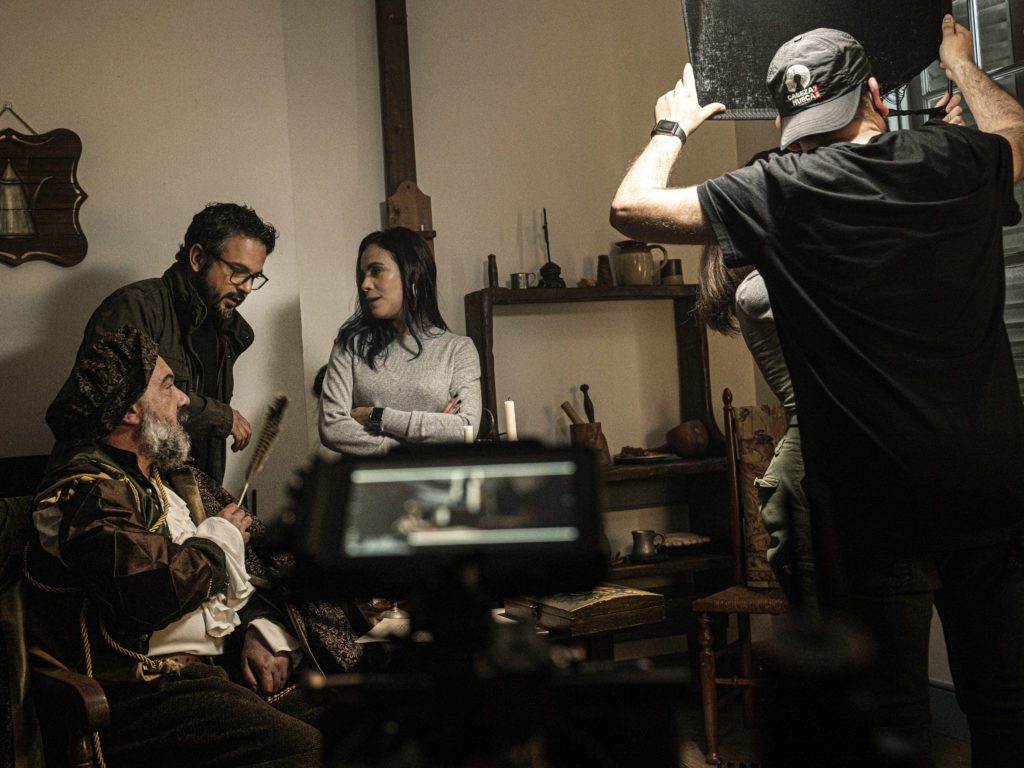
People say we always face a trigger that pushes us to make a decision. In my life, carrying out this project prompted me to create my own company. However, I knew I needed someone to figure out the finances. I’m good at spending money but not at managing it. So, I spoke with my friend Juan Pablo Vacatello who now runs the financial part of the company.
Cabeza Hueca Films completes first feature film
When I had to think of a name for my business, I went back in time to my childhood. I became the typical restless, insufferable student in the classroom – the one behind all the disasters. Perhaps I expressed all the energy I had inside that way. I had a teacher who, unable to control me and in a fit of anger, called me empty-headed (dim-witted). That teacher asserted I would get nowhere in life.
Using irony, given the creative work I do, I decided to call my production company Cabeza Hueca (empty-headed) Films. I did it to remind myself when I set my mind to something, I can achieve it and what people think of me does not reflect truth. Those words from my teacher, far from affecting me, challenged me to be better.
Life remains an obstacle course, and I learned to give the best of myself. This motivated me to complete the shooting of our first feature film “La Condesa,” a project born in the same year I decided to become a formal businessman.
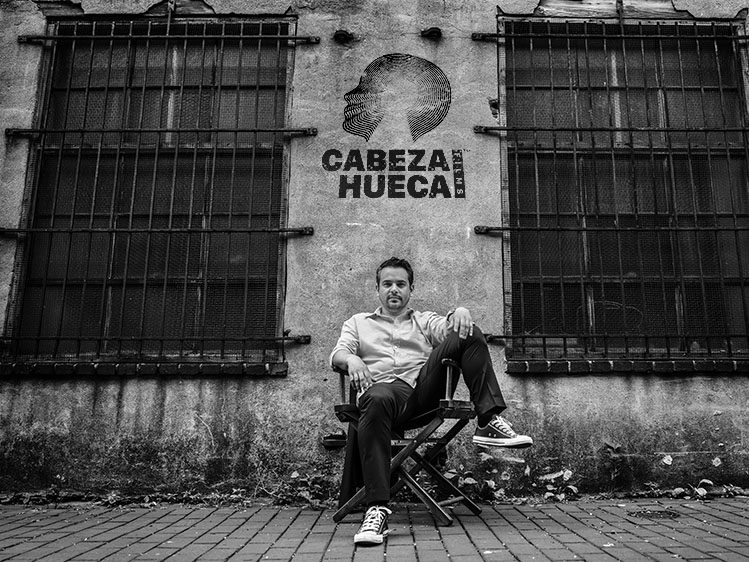
We started recording in March 2020. Halfway through filming, the COVID-19 Pandemic struck. While the world became paralyzed, it proved the perfect time to start my audiovisual production company. I always try to find the advantages in a situation. Despite the pandemic, we ventured out and it became a very good year for us. The work allows us to support ourselves through our projects and those of clients who trust our work.
For our first film we shot on an extremely low budget but managed to complete the project in a record time of 14 days. Every time I tell someone this, they stare at me like I am crazy and perhaps I am.
When I saw the finished work, I felt satisfaction. La Condesa became a quality product, putting aside my personal preference for the plot or the genre. Making the film showed me that, as a team, we can do many things.
Producer gives back to young Hondurans
Many talented young people live in Honduras. I wanted to start a project to promote art and culture there but can be very difficult to work in my country. Everything has a different rhythm. The government seems uninterested in improving this important part of society. On the contrary, they allow talent to go to waste while fighting over the state of uninteresting things.
Art and culture form the soul of the people. Without art, we feel dead. I long to see Honduran artists receive support. Those of us who made progress in this field must unite to provide spaces for the new promises of art. Committed to doing something for the Honduran people, I worry they will suffer the same lack of resources I did. Lack of opportunity in Honduras prevented me from exploiting my talents there.
I always say a large part of who I am and what I achieved derives from my Honduran origins. Though my career flourished in the United States, I traveled an important path in my country, where I took my first steps. In order to give back, I decided to say thank you with one of my Emmy awards. I felt it was the best way, because my Emmies remain the fruit of my work.
I want the award to inspire, motivate, and encourage young people to pursue their dreams. That would be a double win for me. I used to be a restless child, a bad student, and hyperactive. Yet, I made it in life. Others can do it too. I believe there are many like me in the world, they just need a chance to discover their talents and find their motivation.
Emmy donated to the Honduran museum
One morning when I woke up, I turned and glanced at my wife. I said, “You know what? I’m giving away one of my Emmy Awards.” She looked back at me in disbelief, not saying a word. After that, the idea constantly lived in my head.
I contacted the authorities of the Honduran National Identity Museum (MIN). It seemed to me, the museum proved the most appropriate place for the award to live. When I told my wife the museum accepted my trophy, she did not seem surprised. She responded, “Oh seriously!” I guess, after witnessing many unusual things happen for me, it came as no surprise.
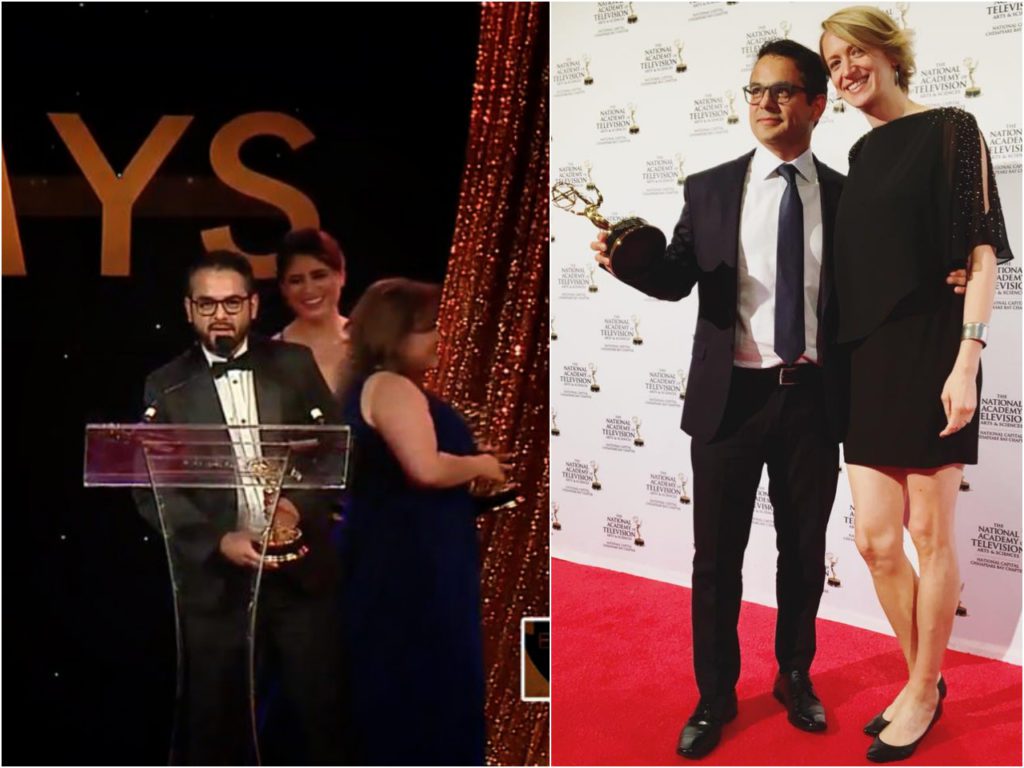
I donated the award I won in 2019 for a documentary about the separation of undocumented immigrant families in the United States. I thought of taking some photographs of the moment I handed it over, as a way to remember. However, the museum authorities agreed to hold a ceremony. They thanked me for the donation in the presence of actors with whom I have worked, family, and friends. As my eyes looked up at the award in one of the museum’s windows, I felt a great deal of satisfaction.
New projects on the horizon
I want my children to have good memories of me. I want them to look back after I am gone and be proud of what I did. When I have to look for inspiration for my work, it is my family who motivates me.
When I learned about my compatriot Maribel Lieberman, I felt fascinated by her story. After seeing the documentary “Chocolate Road,” where Maribel plays one of the protagonists, it immediately occurred to me that the story needed to be told in a feature film. I contacted her to suggest making a film about her life, and she liked the idea.
Like me, her success came after several setbacks and obstacles she overcame. She demonstrated that the journey may not be as easy as it appears in the novels. I say this because people see you when you have already arrived at the top. They may not know all you went through to get to there.
With this project, we reached a fairly advanced stage already. We finished the script and are looking for financing to start shooting. We will film the scenes in New York, Honduras, and Japan. The job will not be easy, but I always say, life resembles a race of endurance and not speed.
Building a multicultural team
I feel very satisfied with our productions by Cabeza Hueca Films. I also remain aware we can always do things better. Looking back, I think, “I would have done this or put that here.” The project never feels fully ready, but a time comes when we must stop and focus on finishing.
I remain ambitious and hope to achieve bigger and better things. This includes improving the quality of what I do. I dream of creating high-quality projects to present at a Super Bowl. Though no client has asked for it, I know I can do it.
Furthermore, I have great confidence in Hispanic talent. While hiring staff for my company, I give them priority, because I know we see fewer possibilities in this country. All of the contributors of Cabeza Hueca Films come from Latino origins. Some hail from Honduras, the Dominican Republic, Argentina, and Brazil. We also include professionals from the United States.
I love that each project we carry out comes from a multicultural team, which says a lot about the quality of our work. We learn from different cultures during the development of each stage of a project, and that seems great to me.
When I started on my path as an entrepreneur, I felt afraid. I overcame it because I remembered, at some point in my life, I had nothing, and I survived. I have no problem if that happens again because I know I will always find a way to get ahead.

